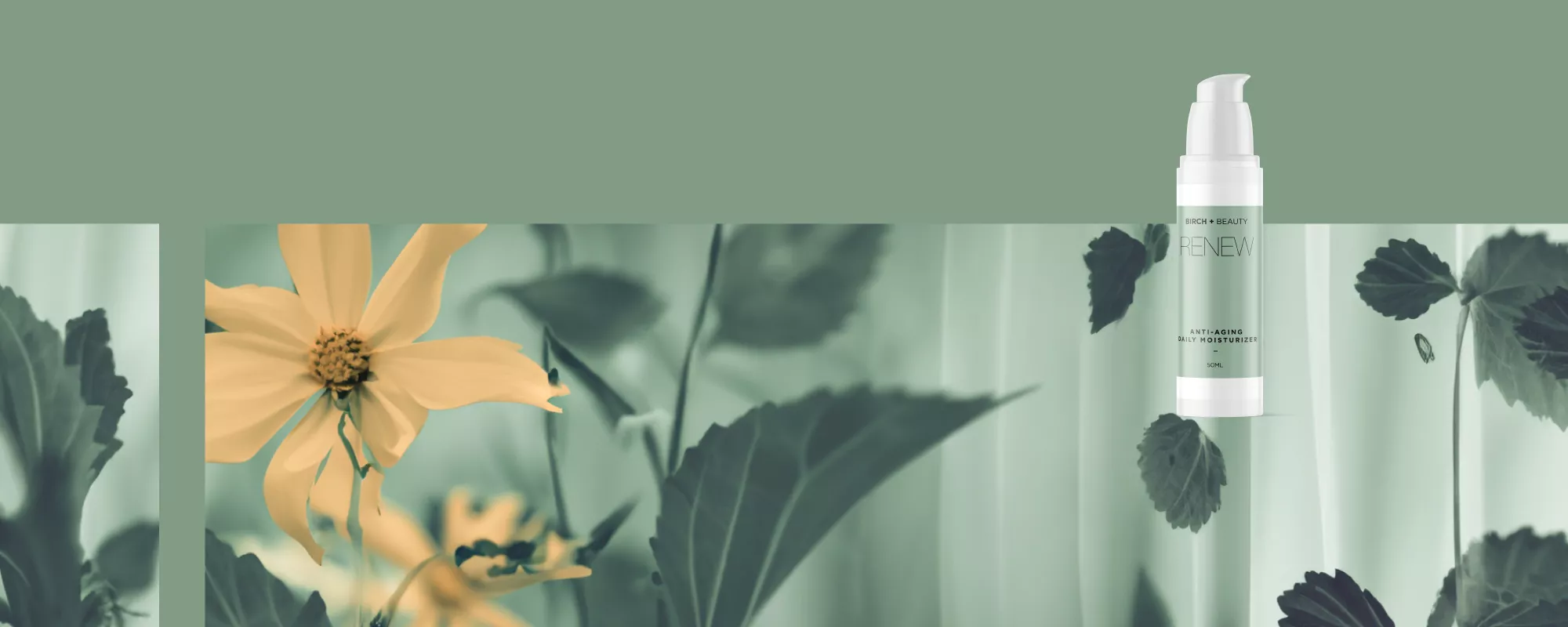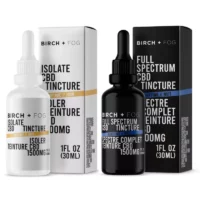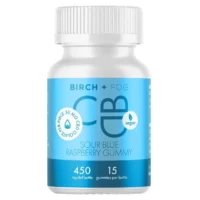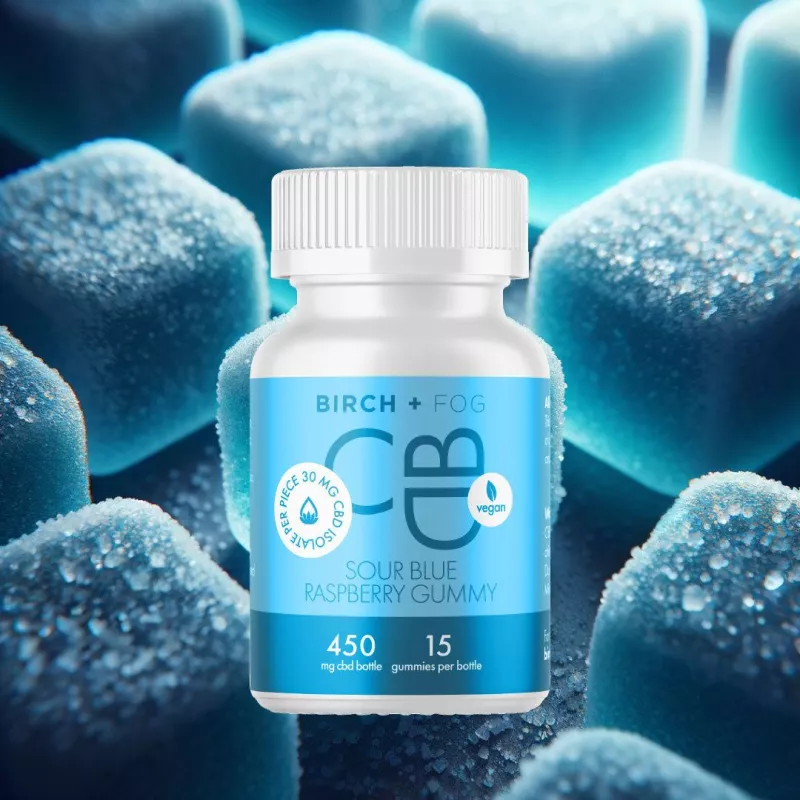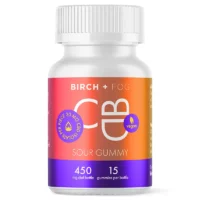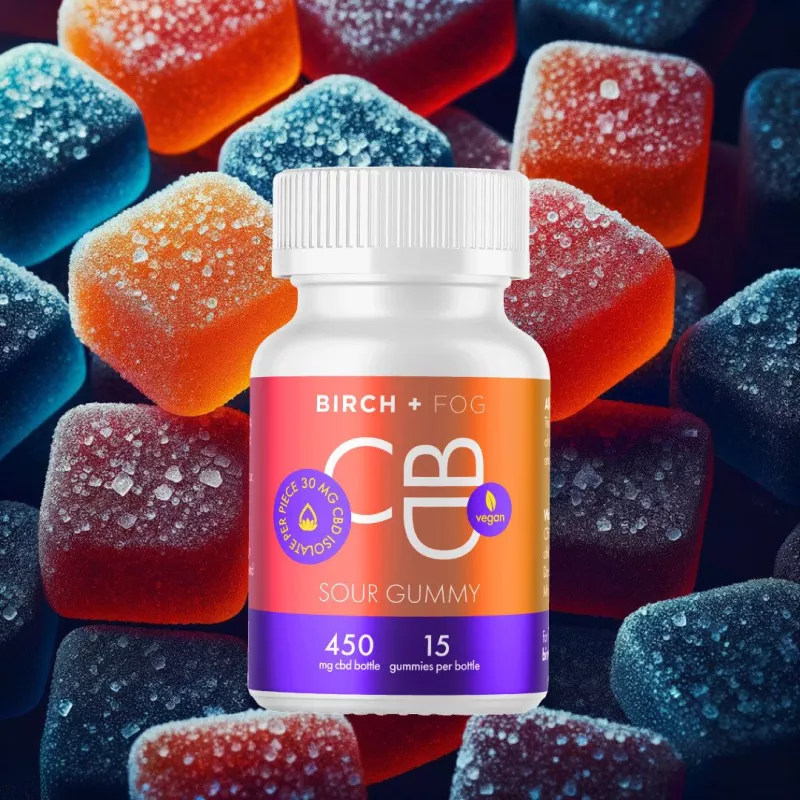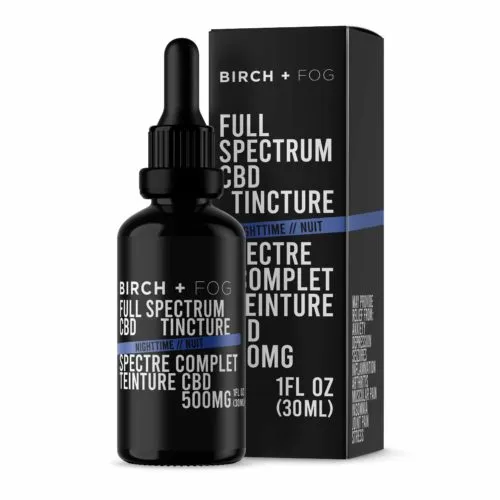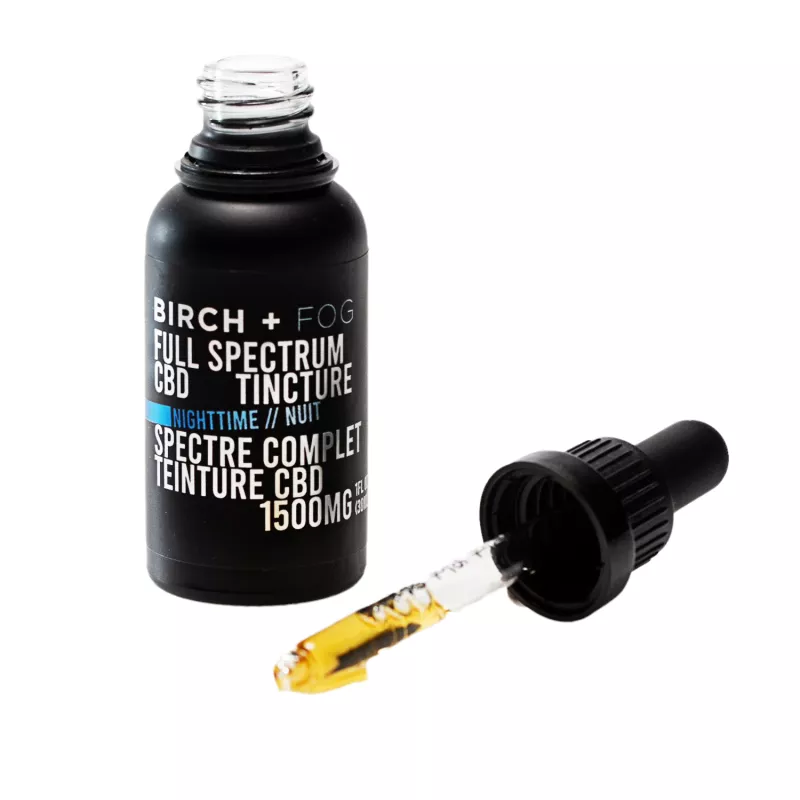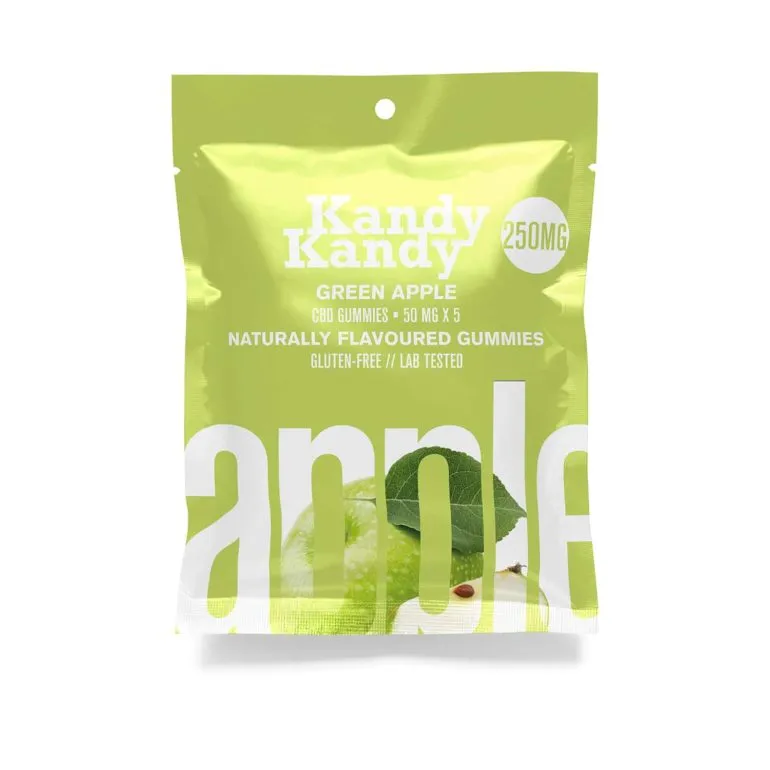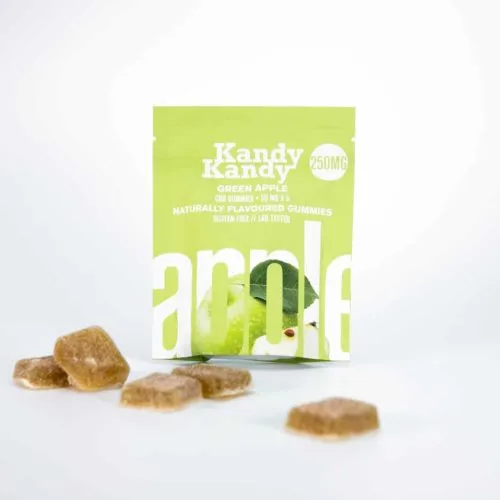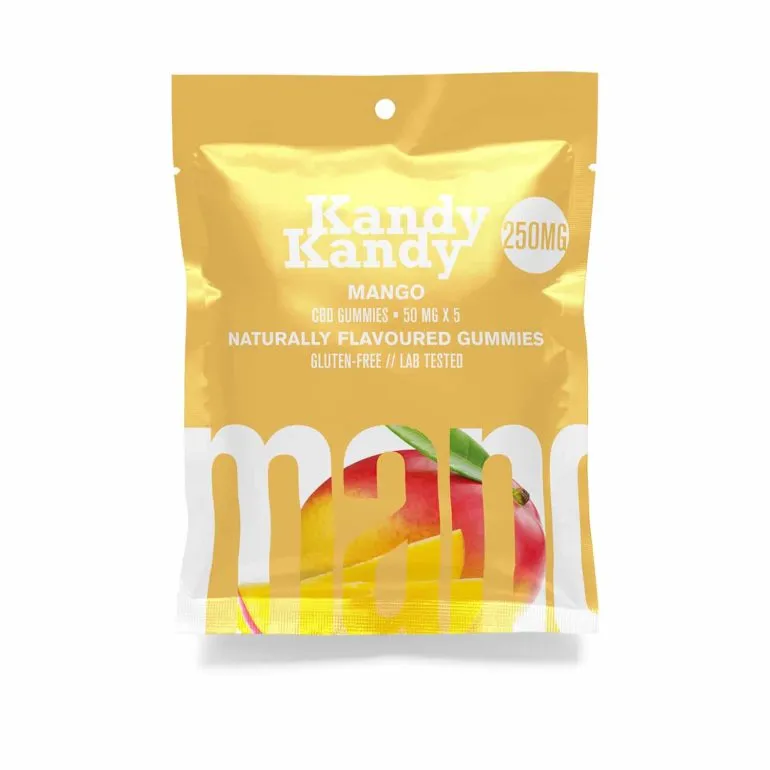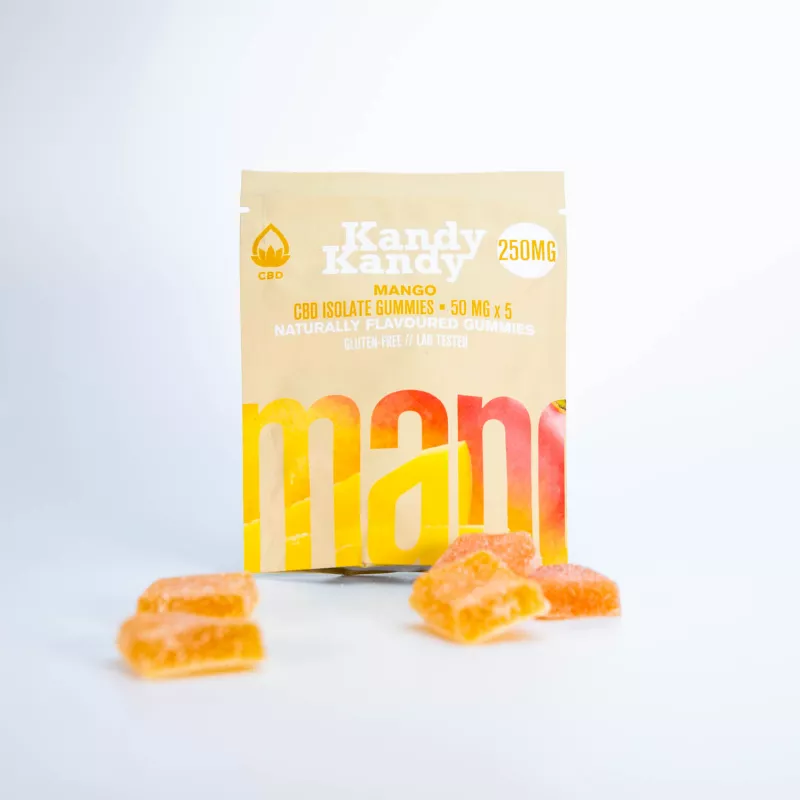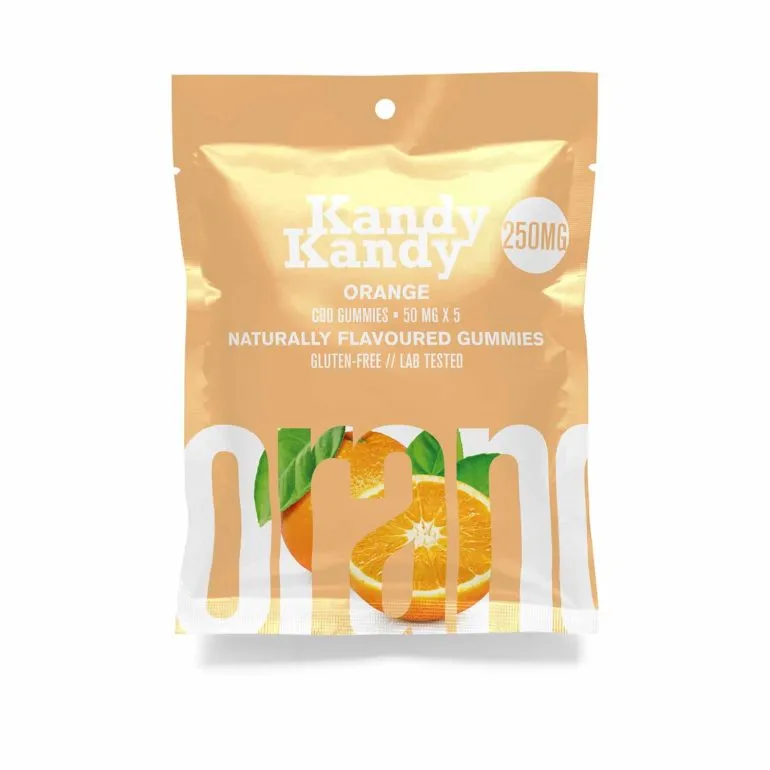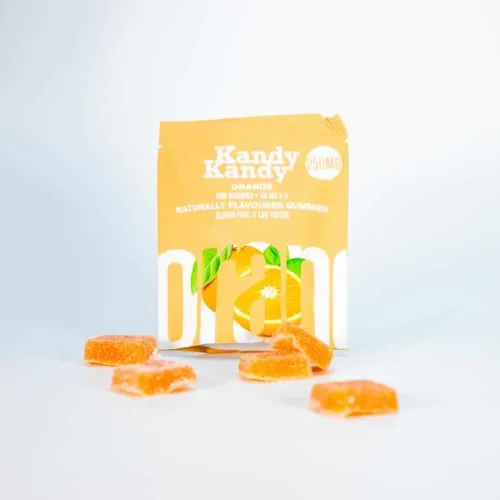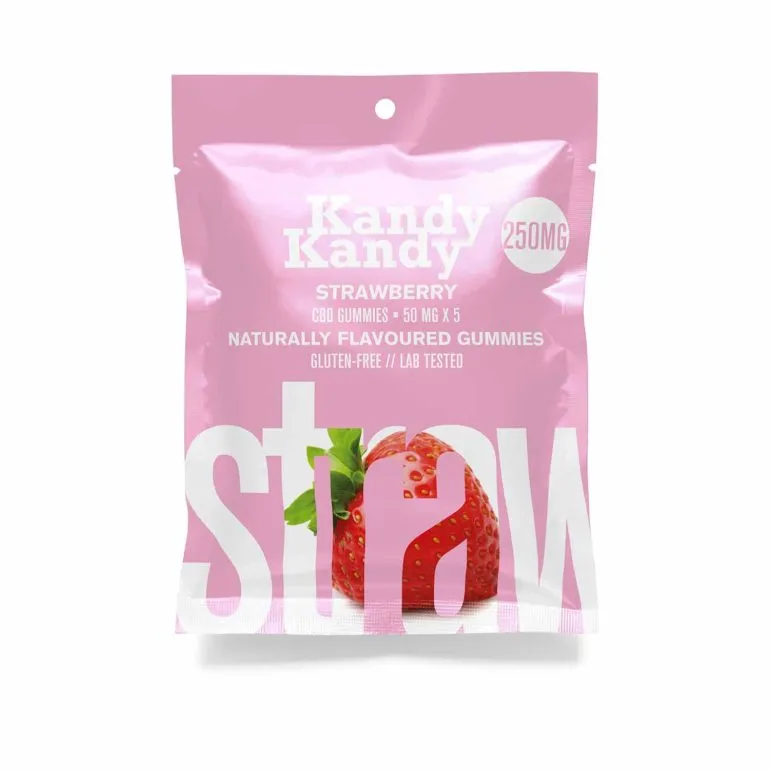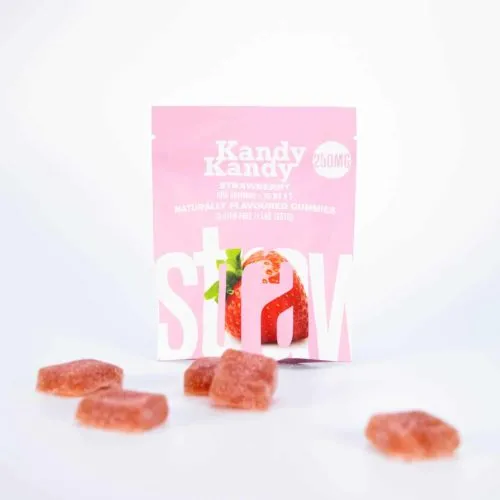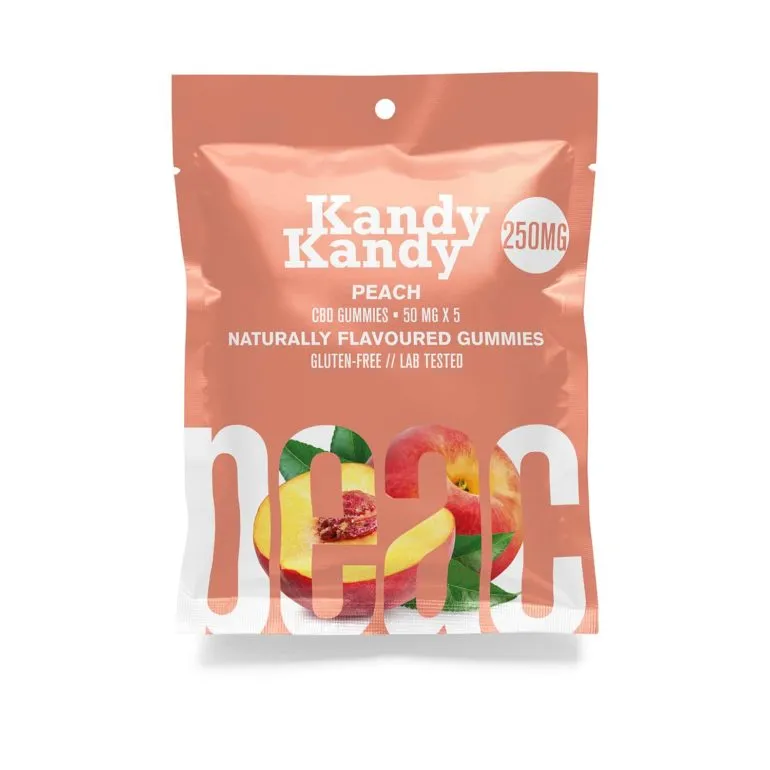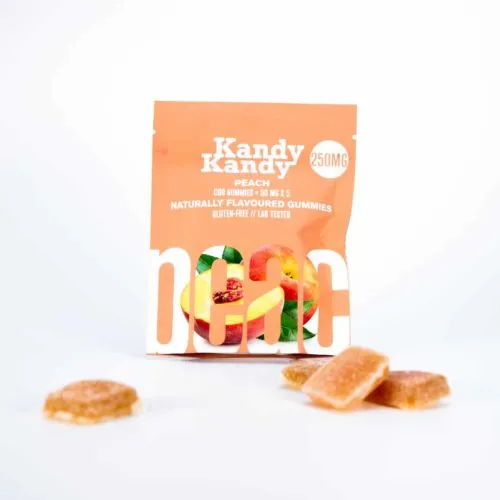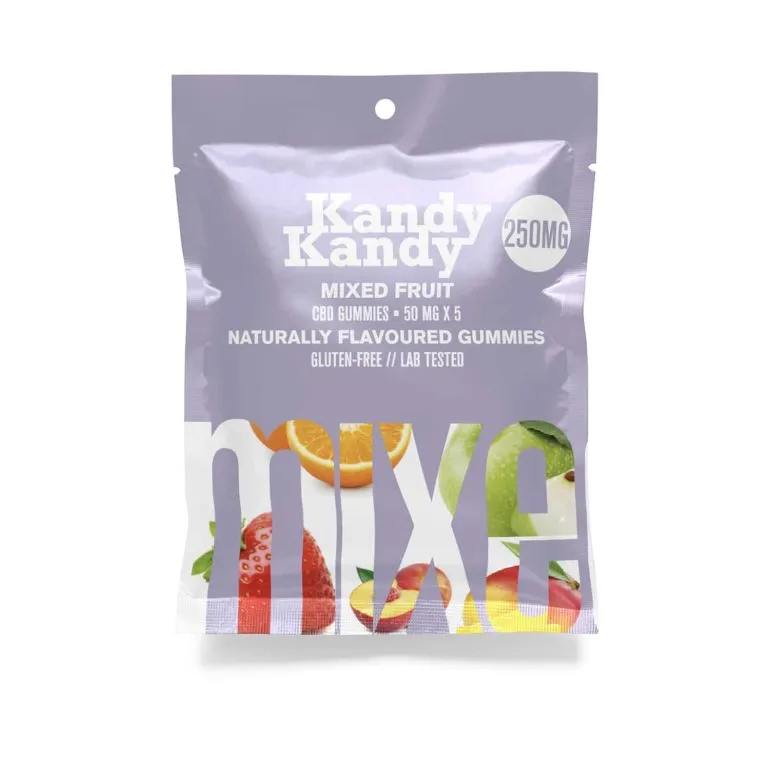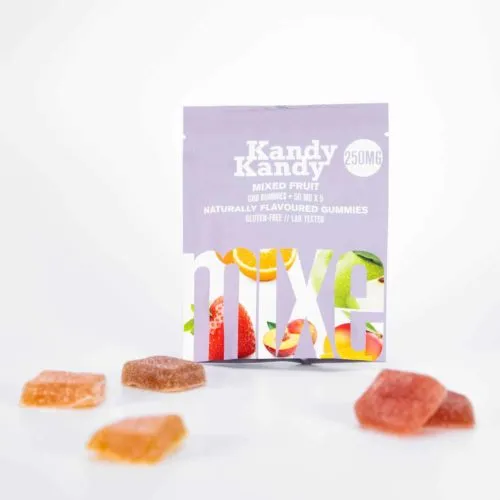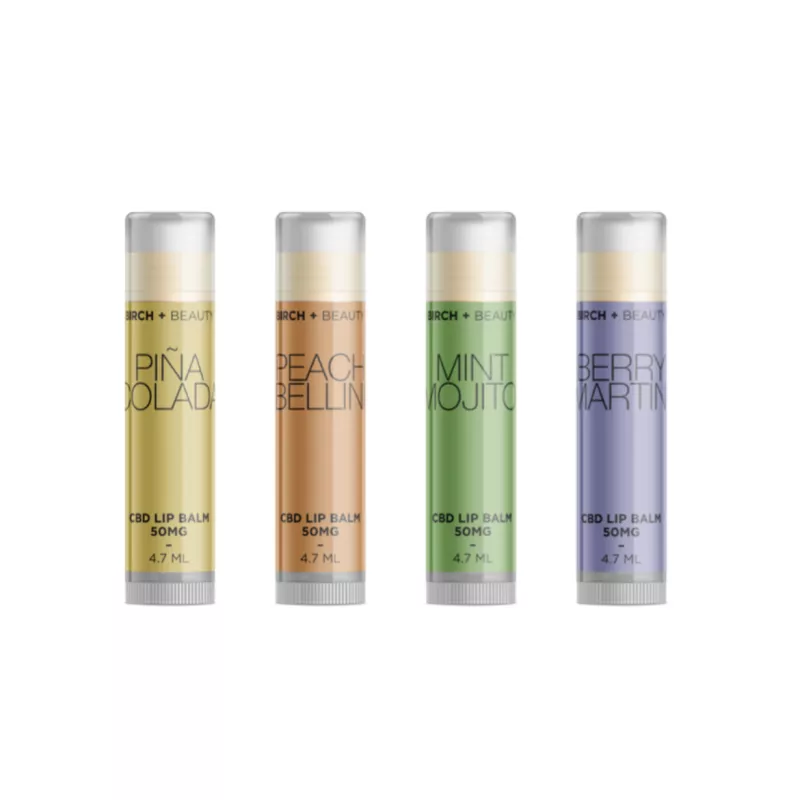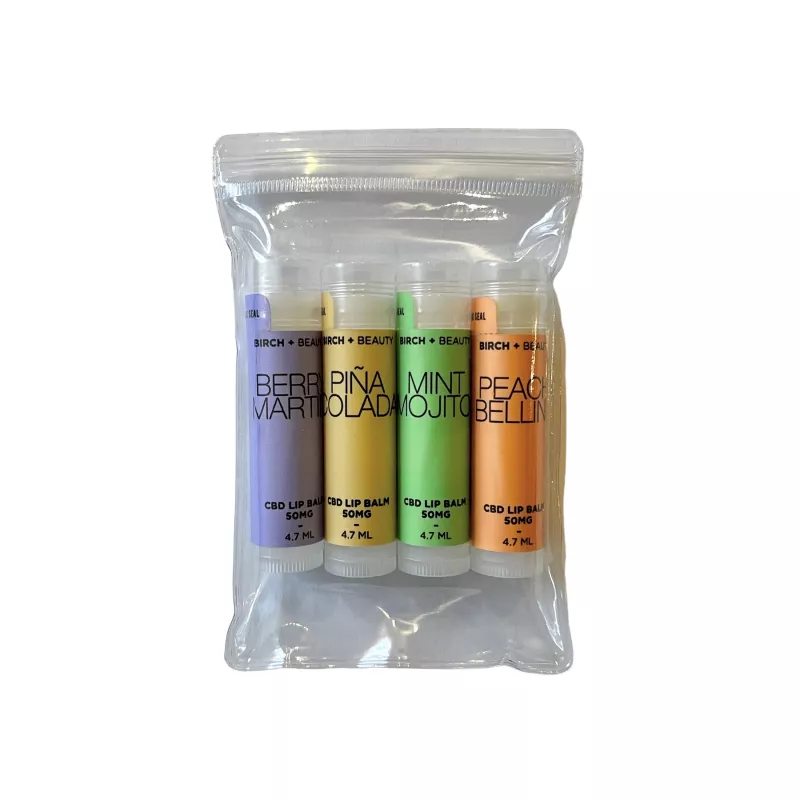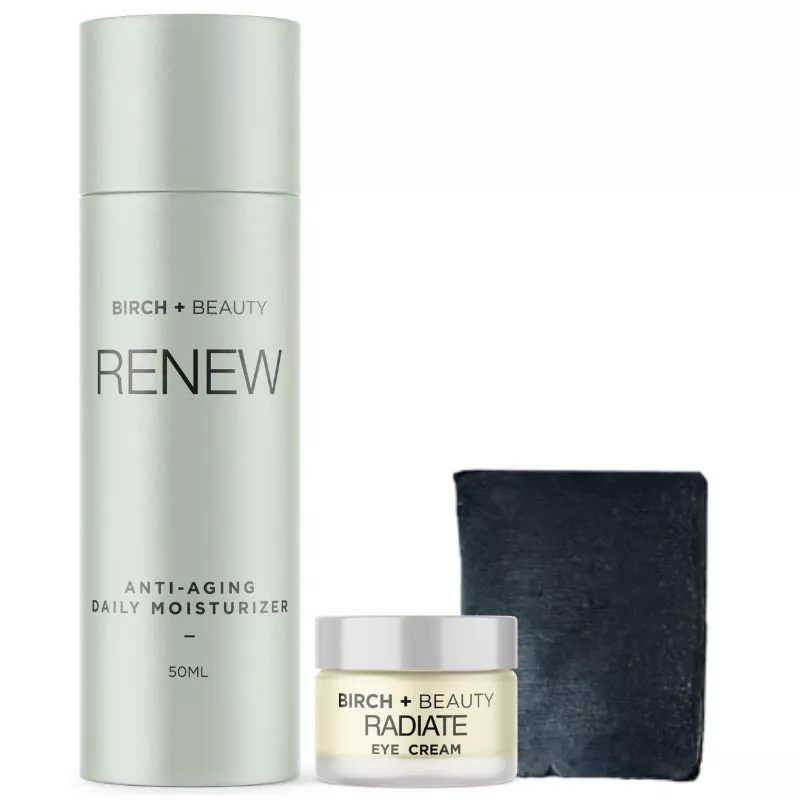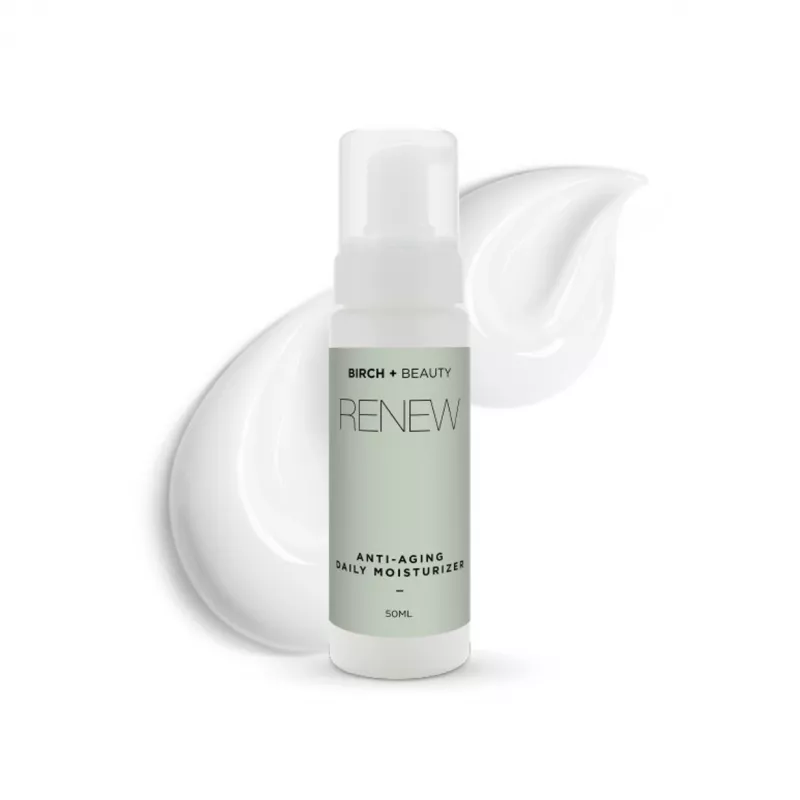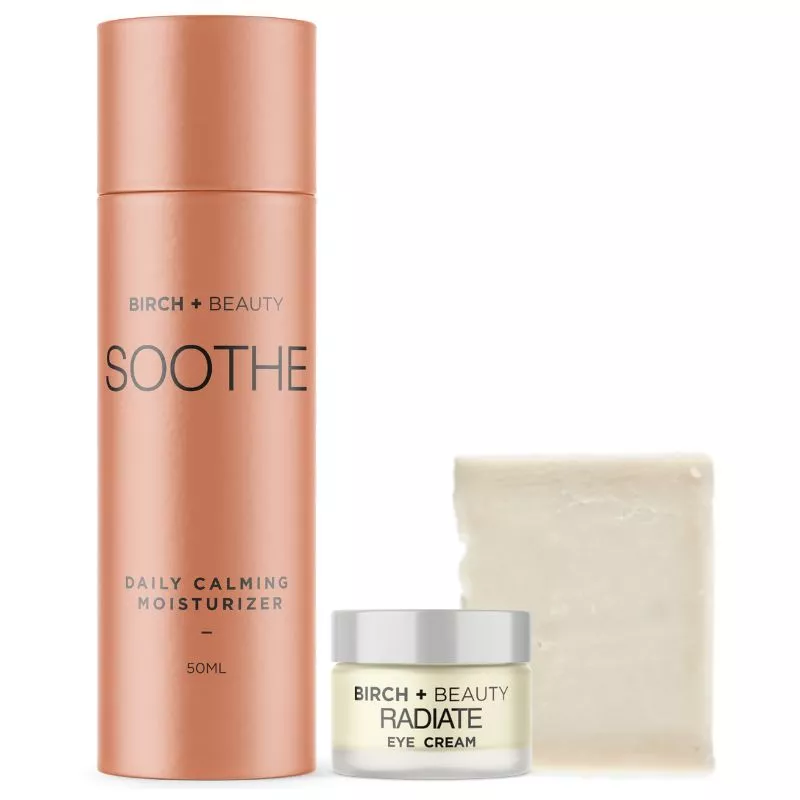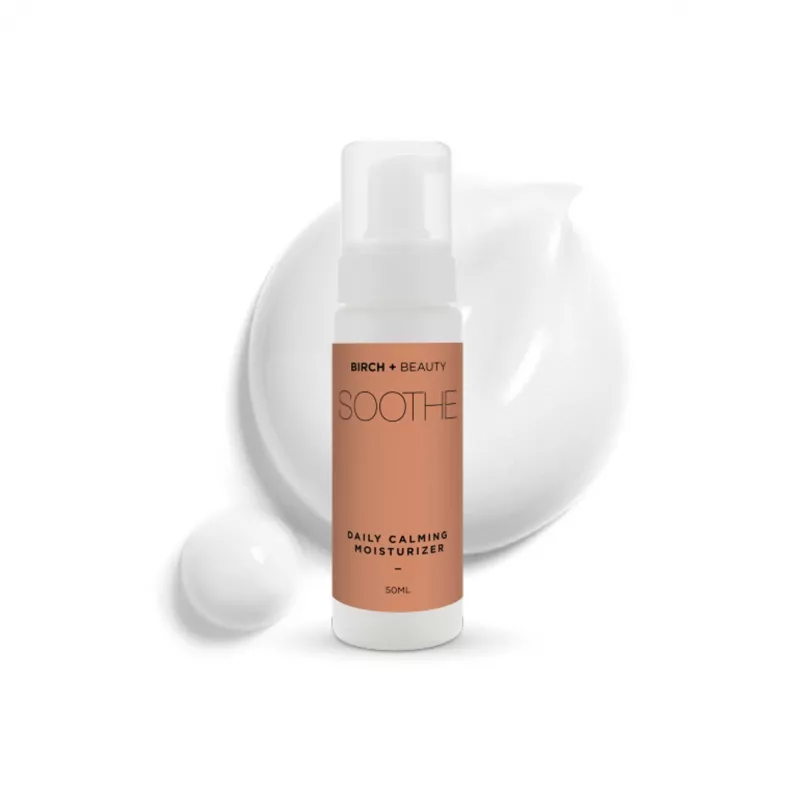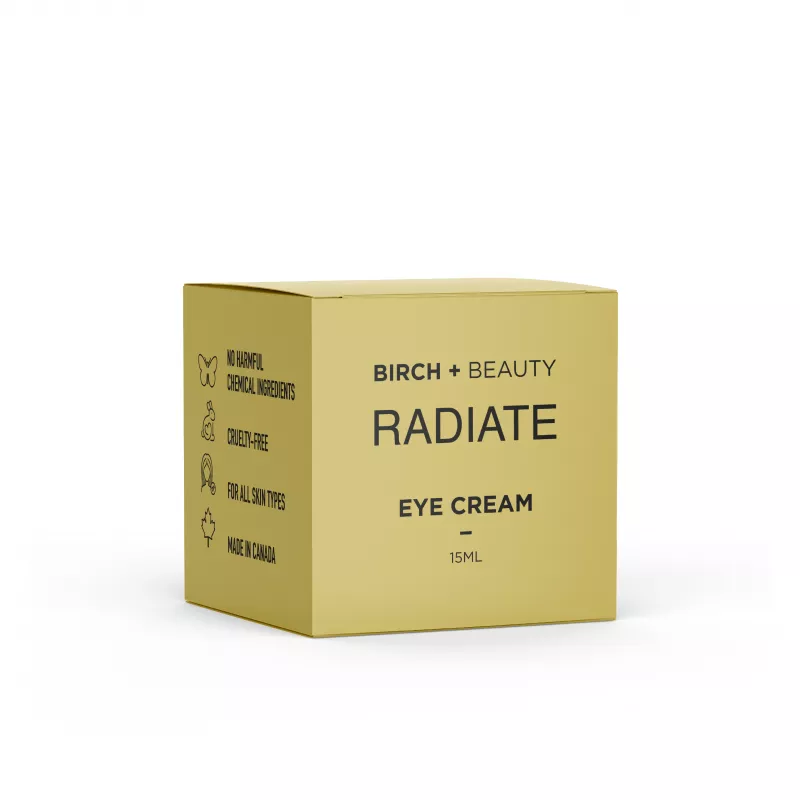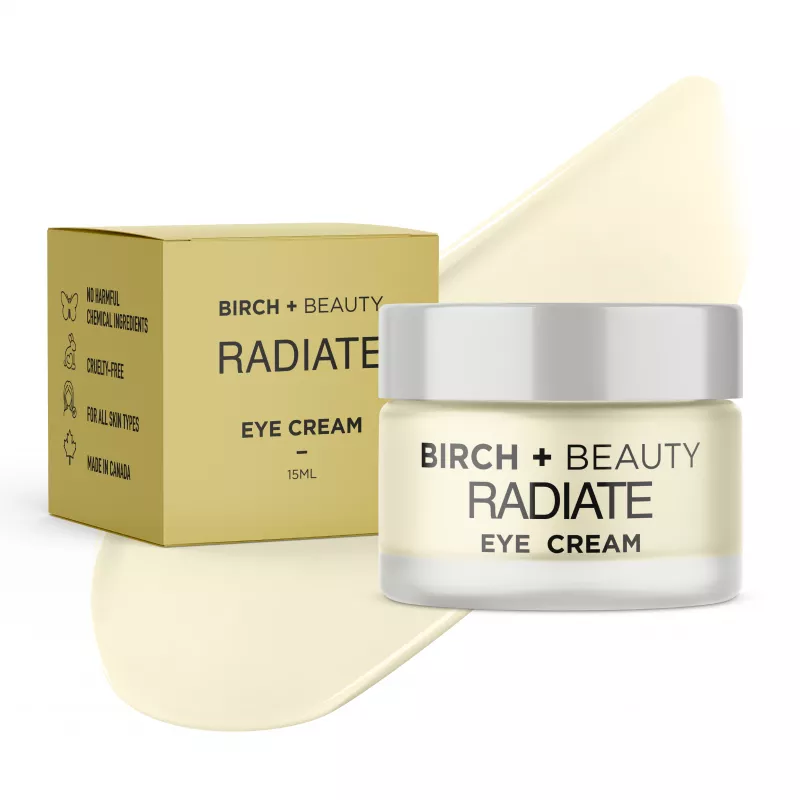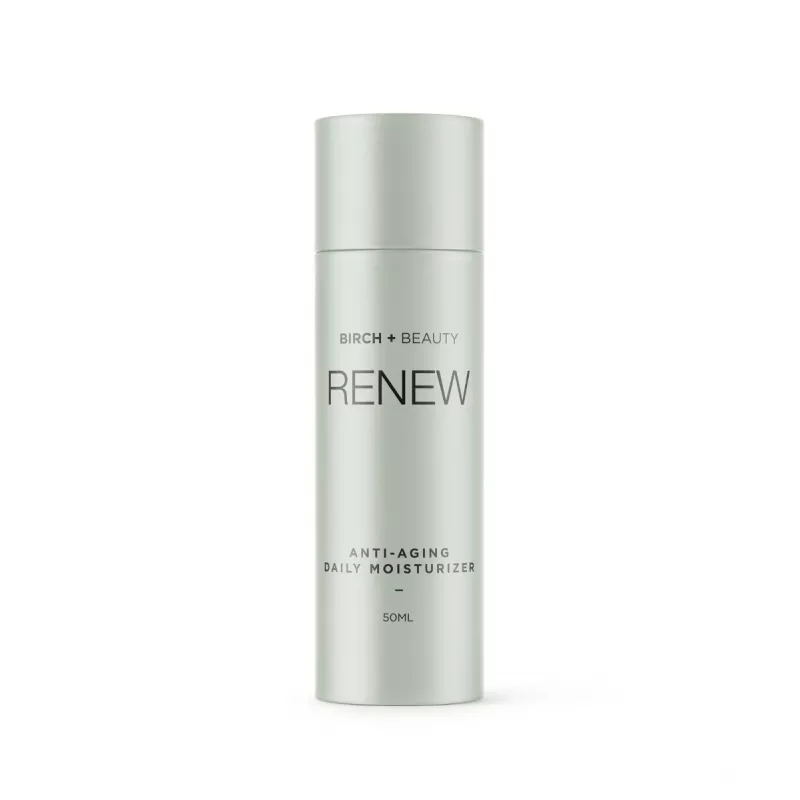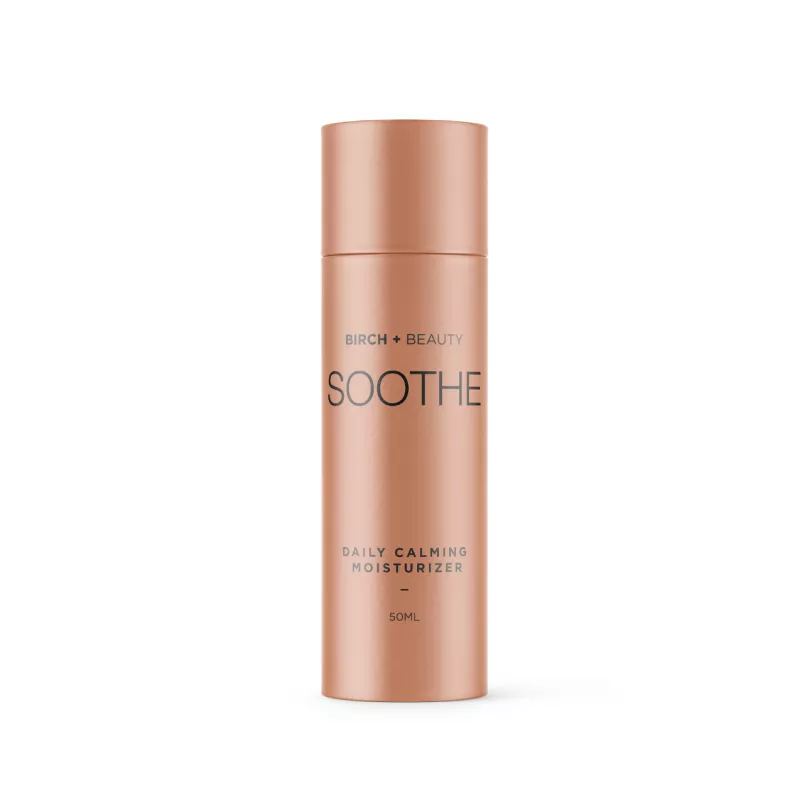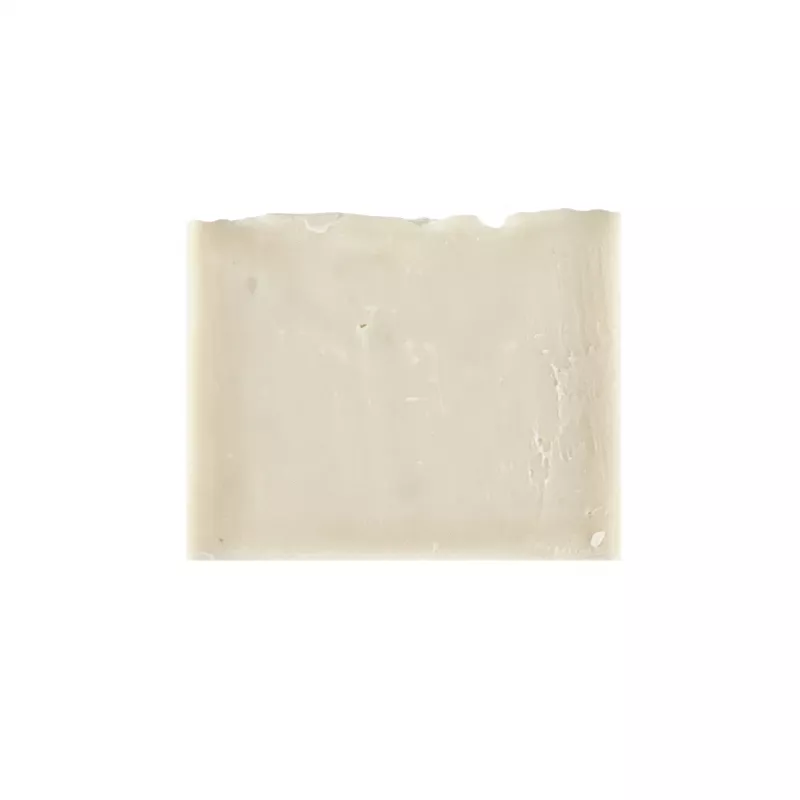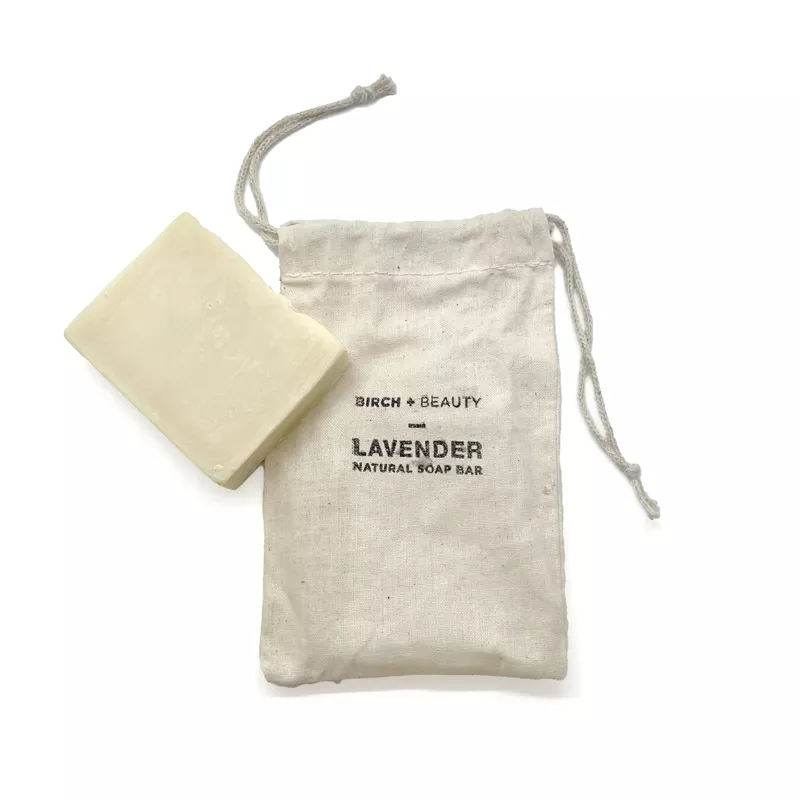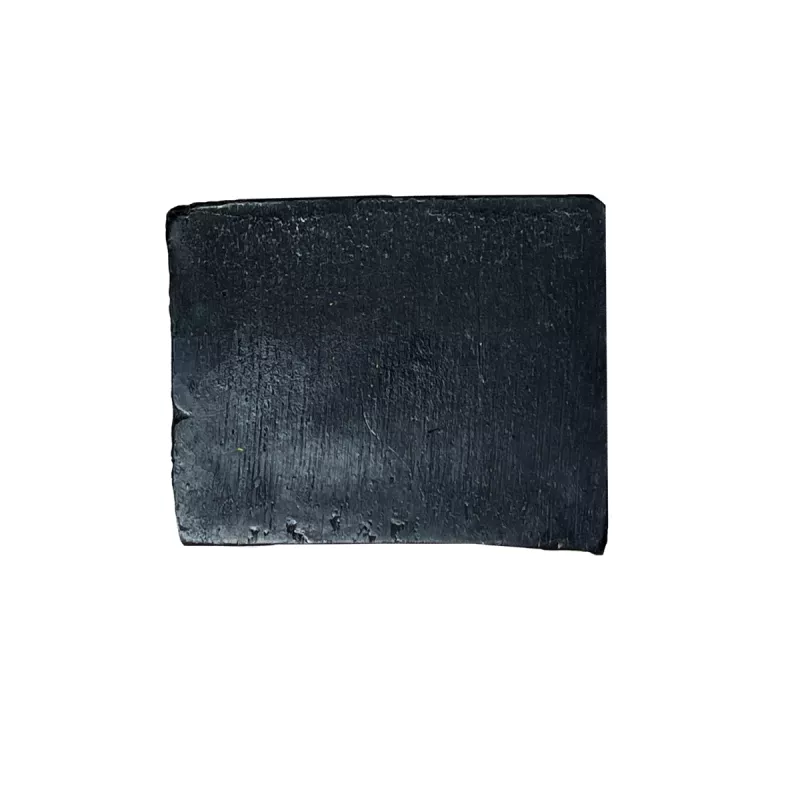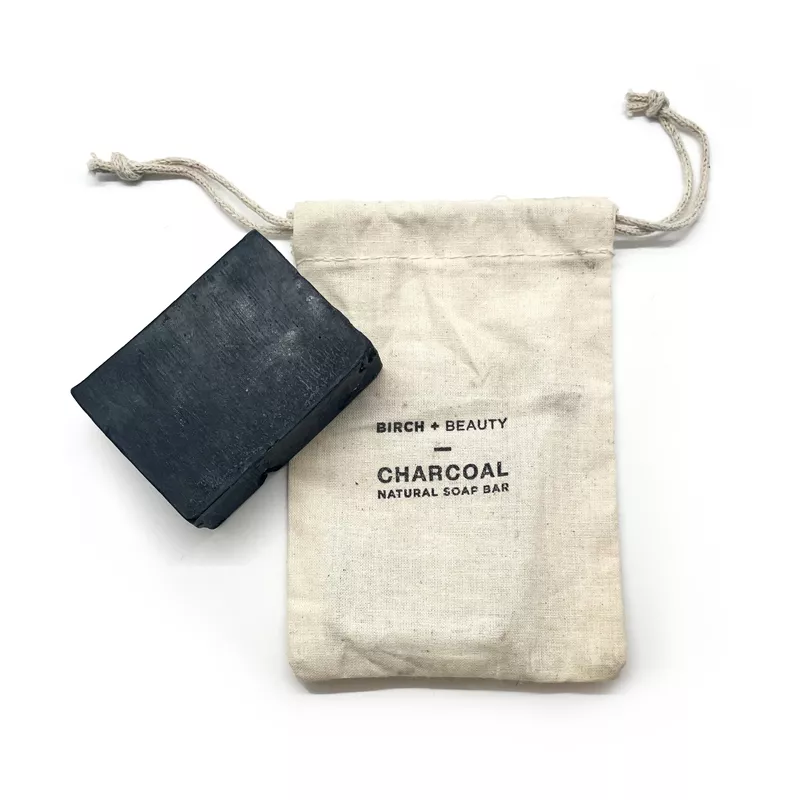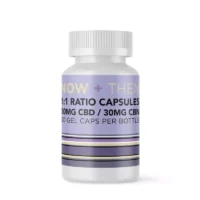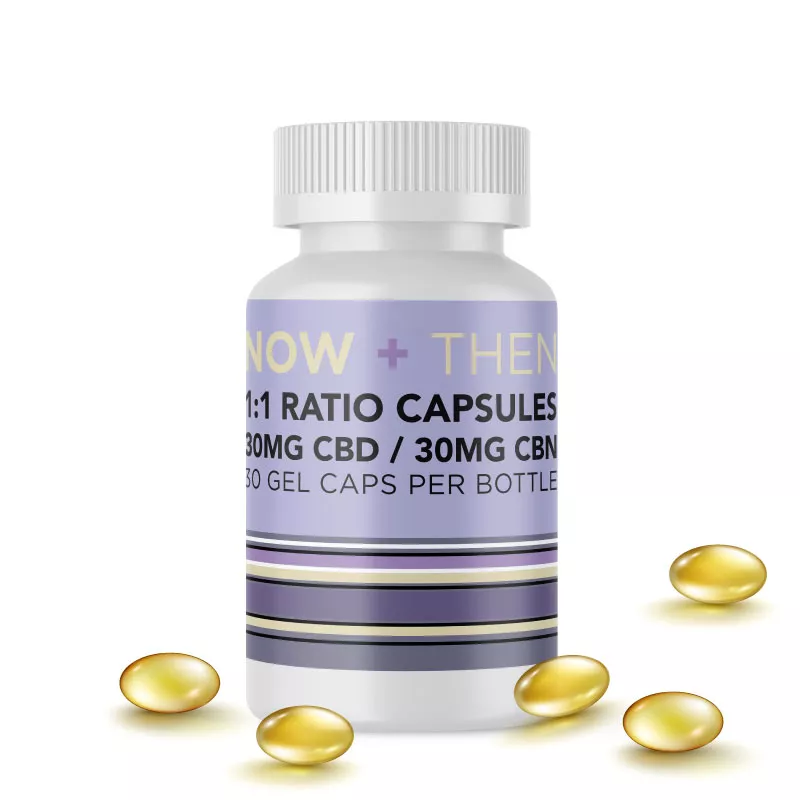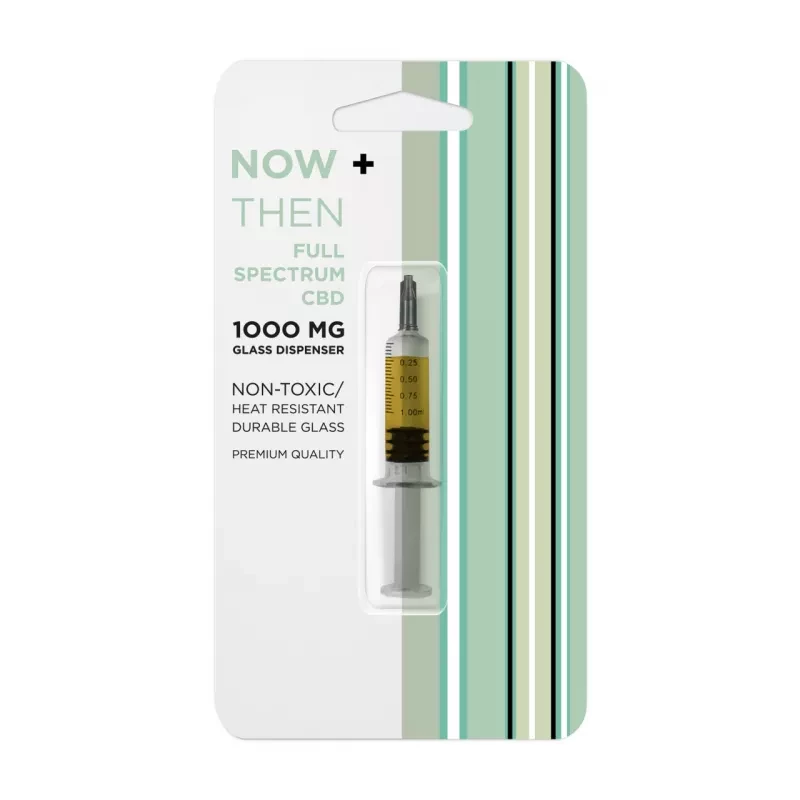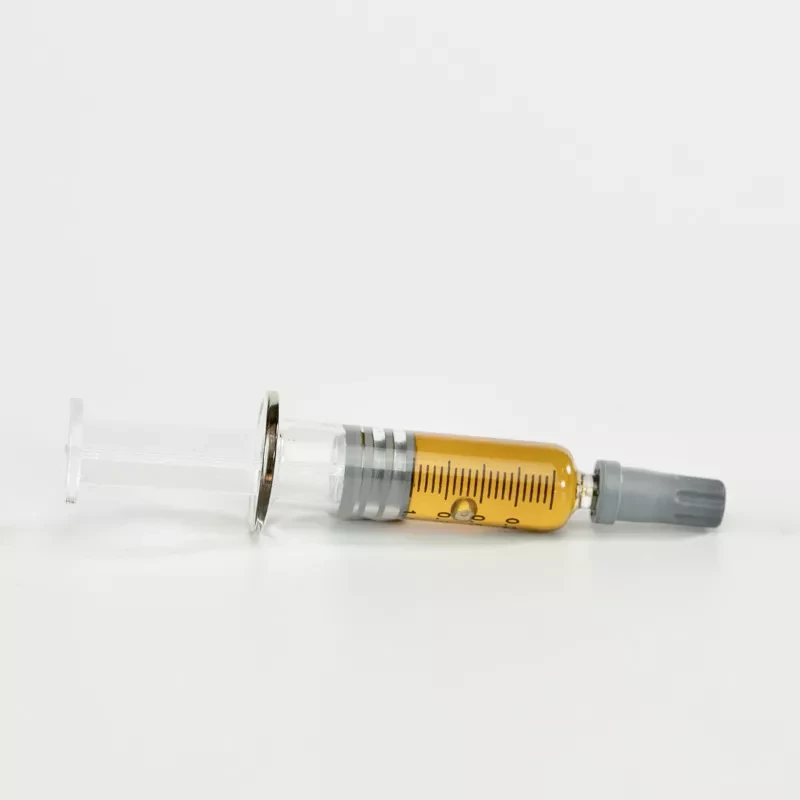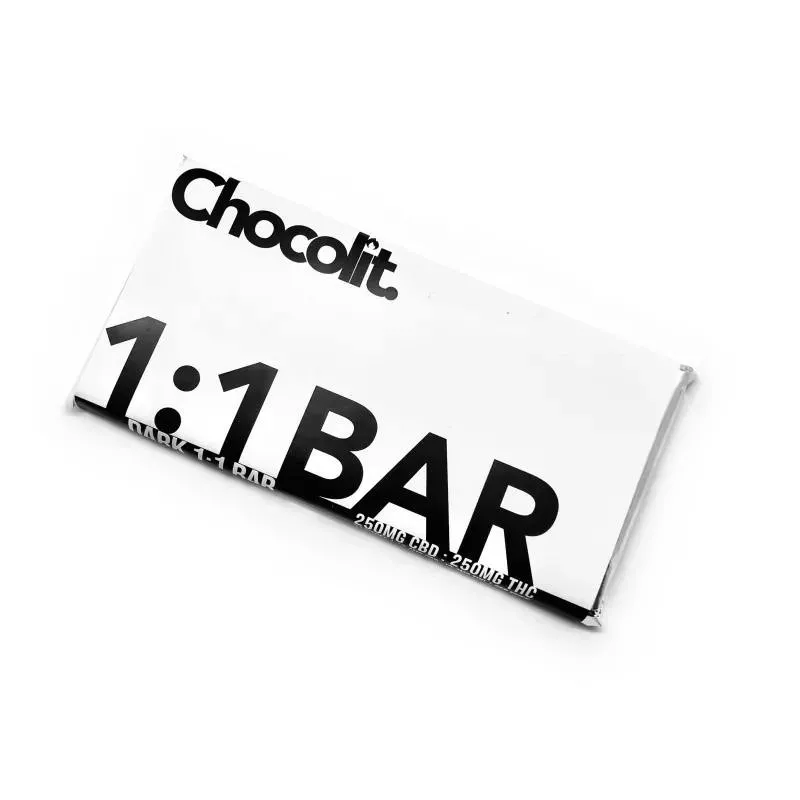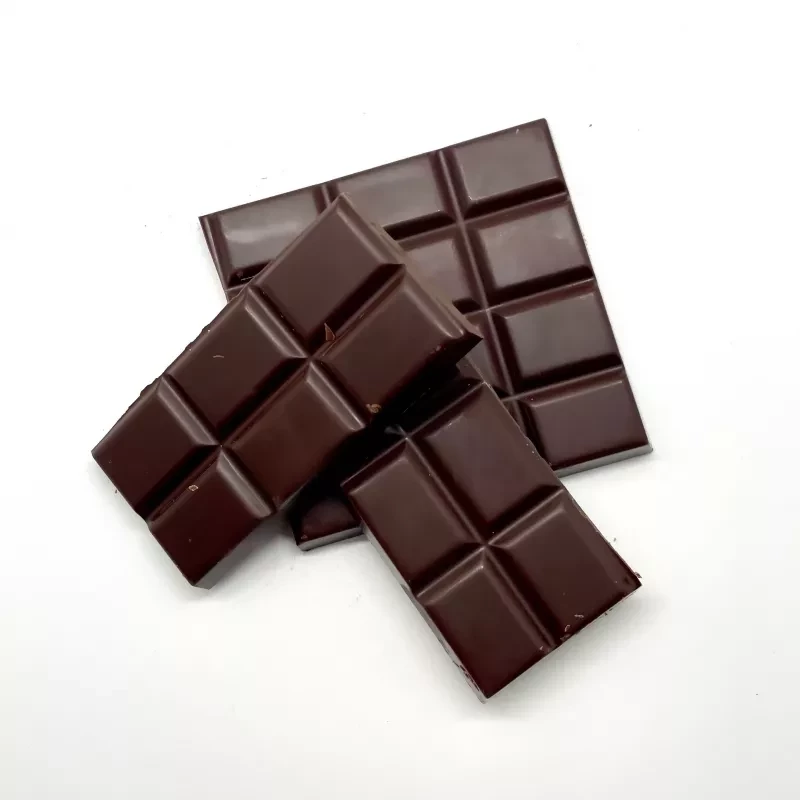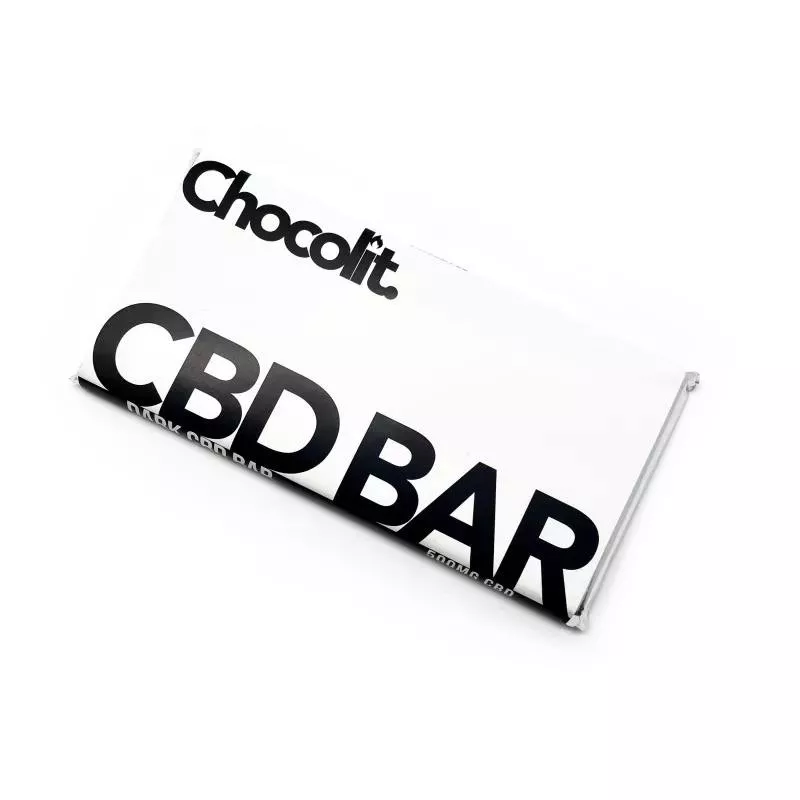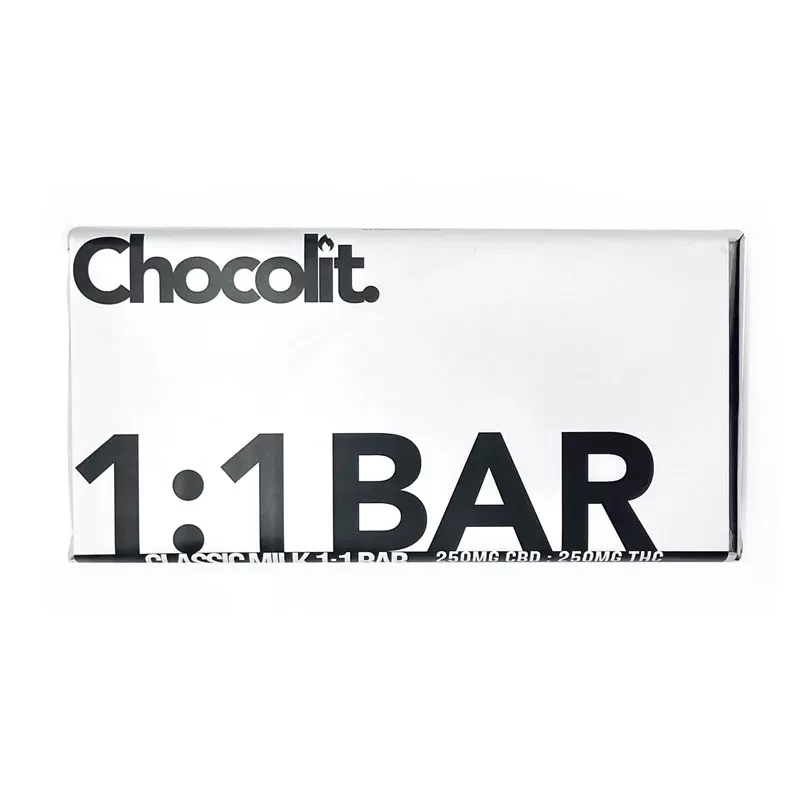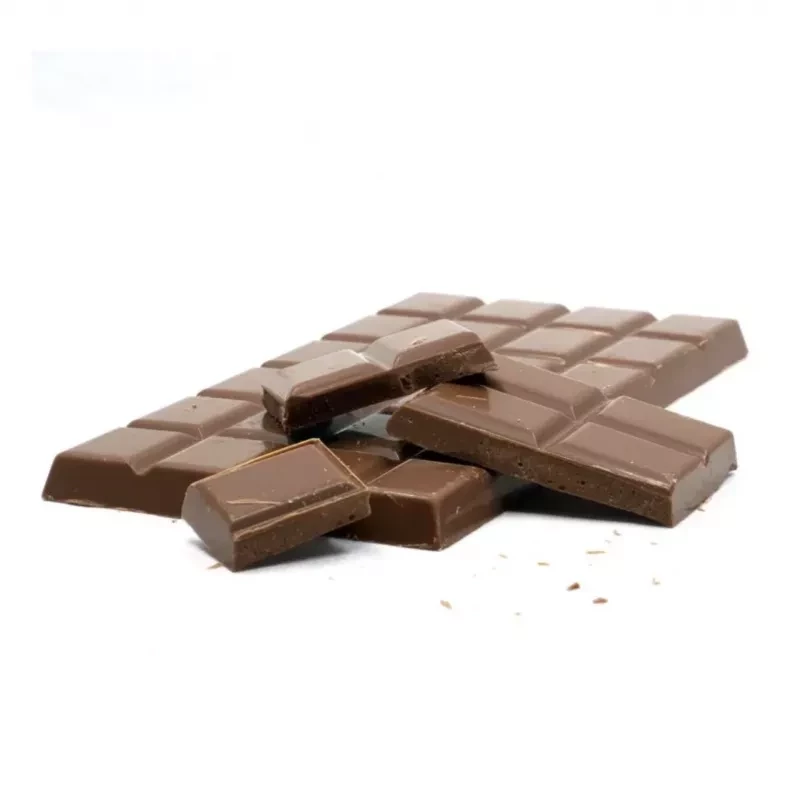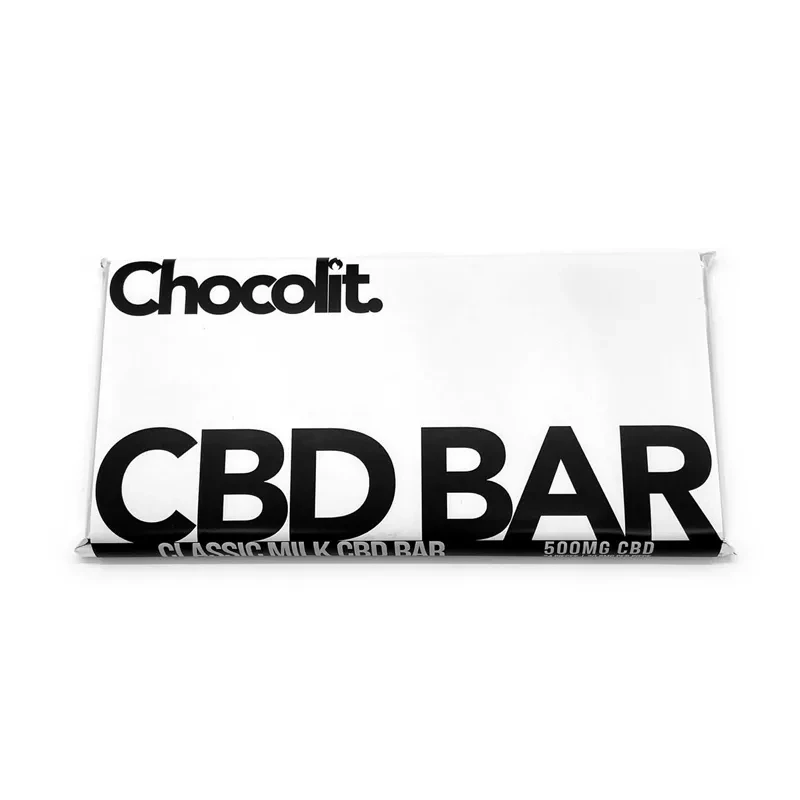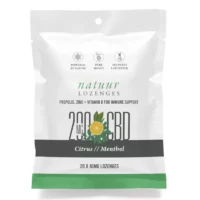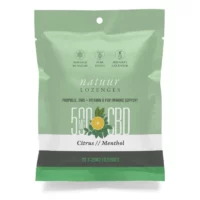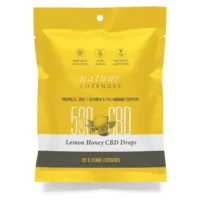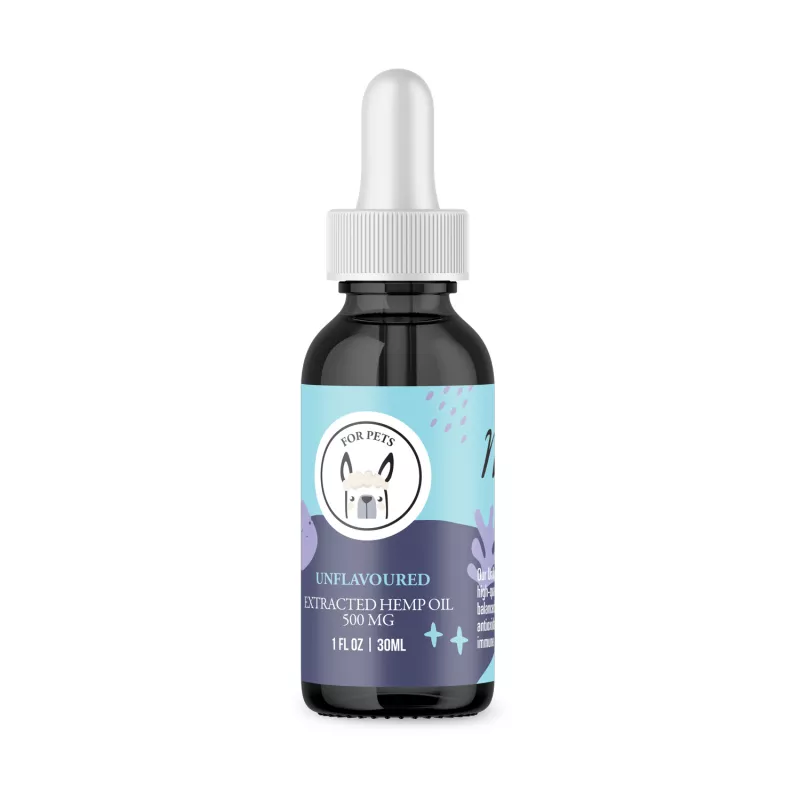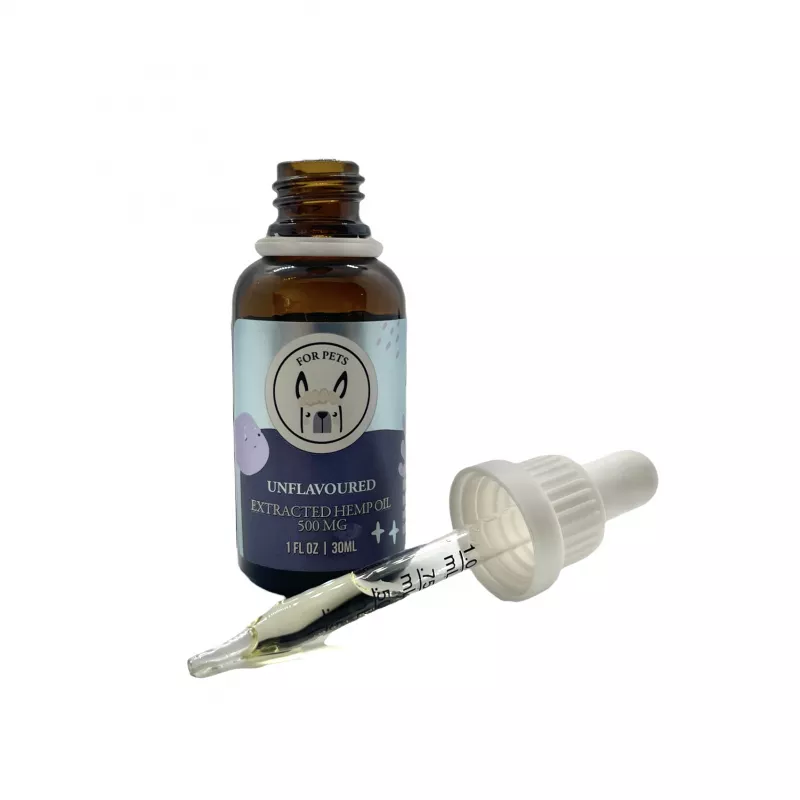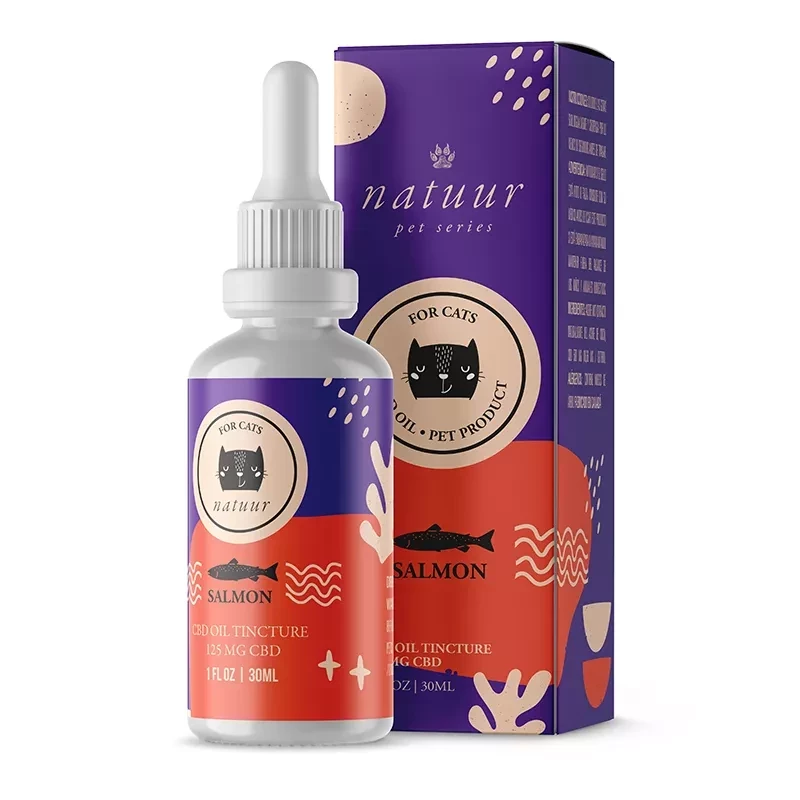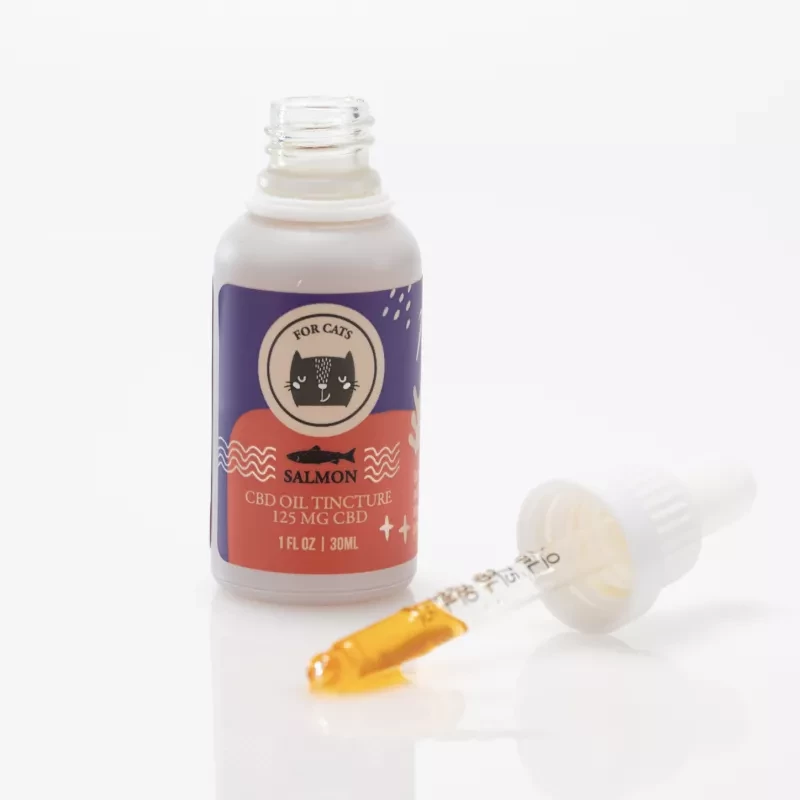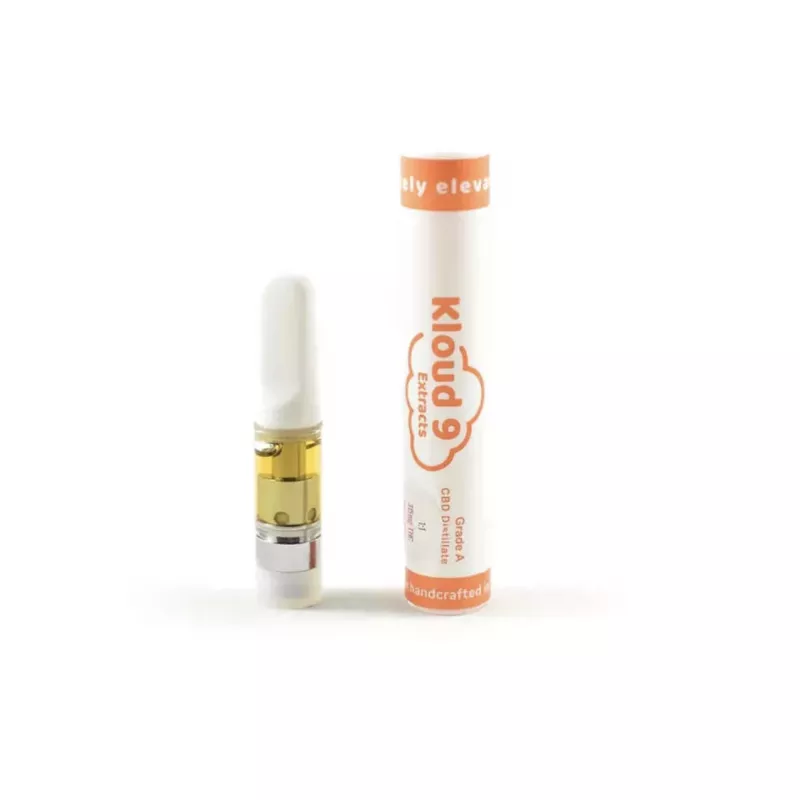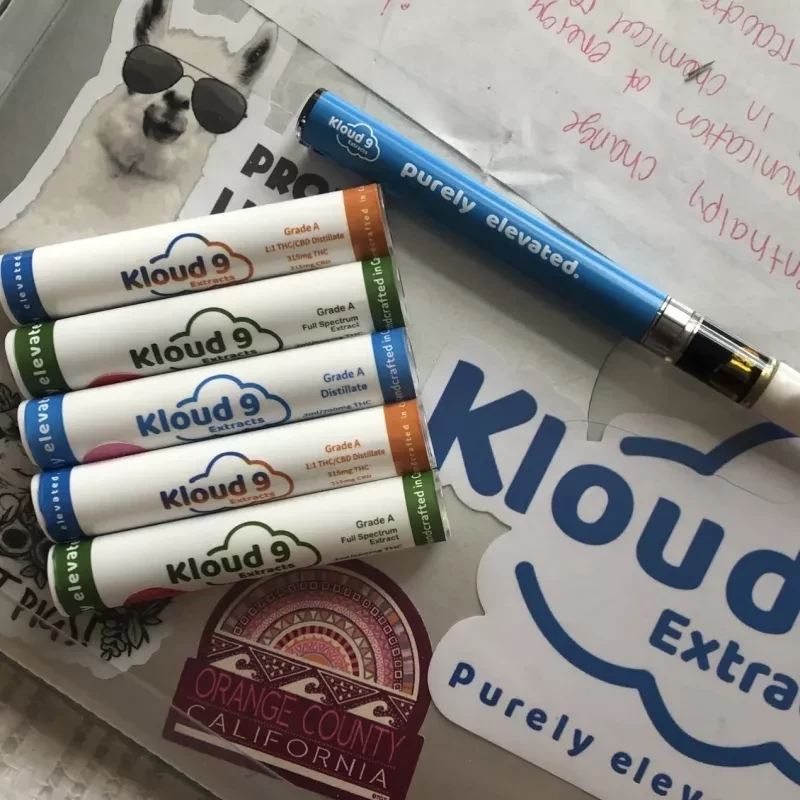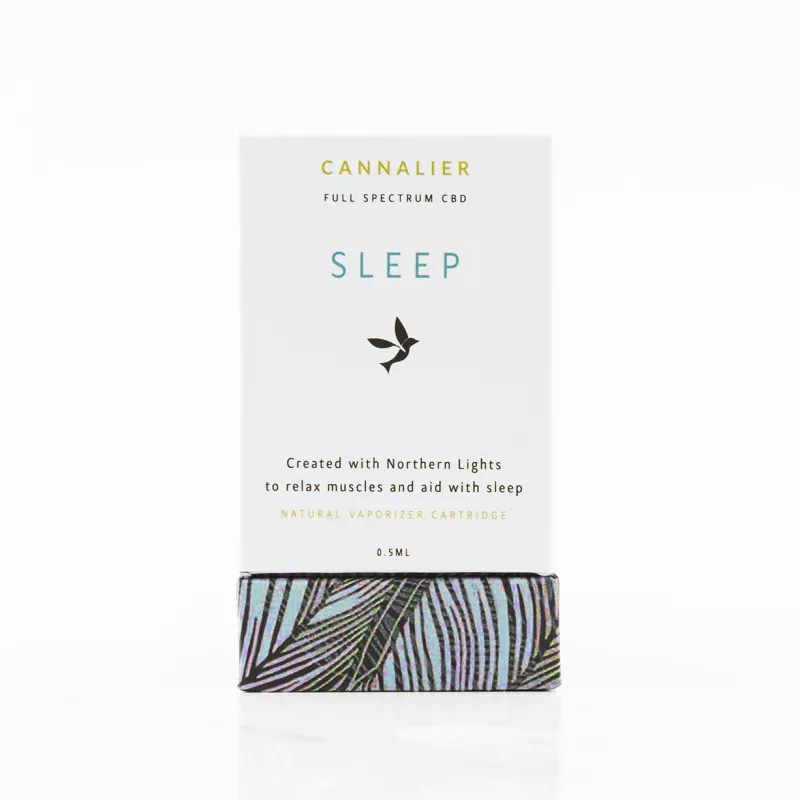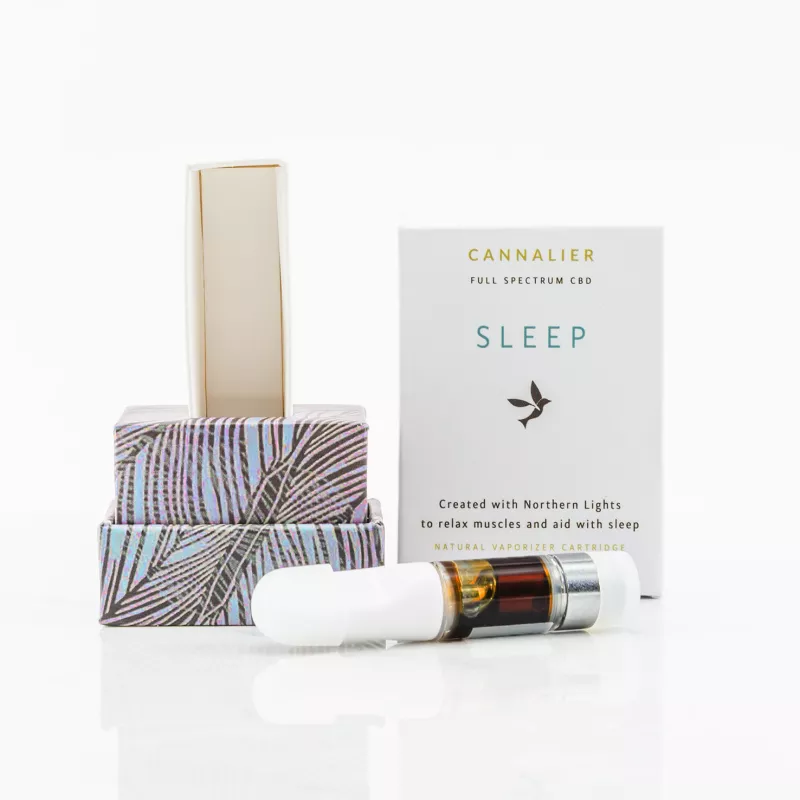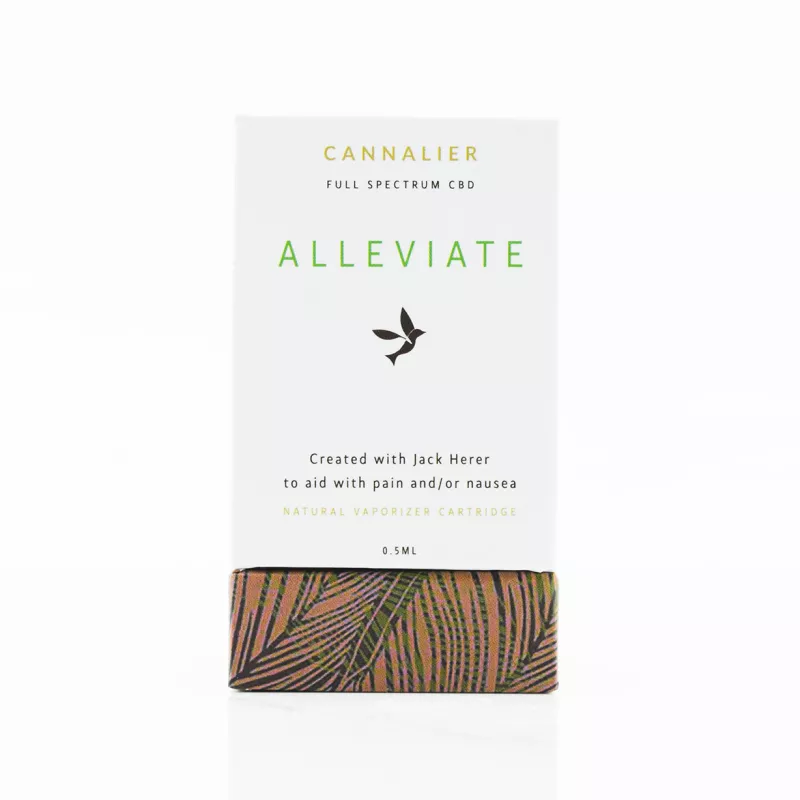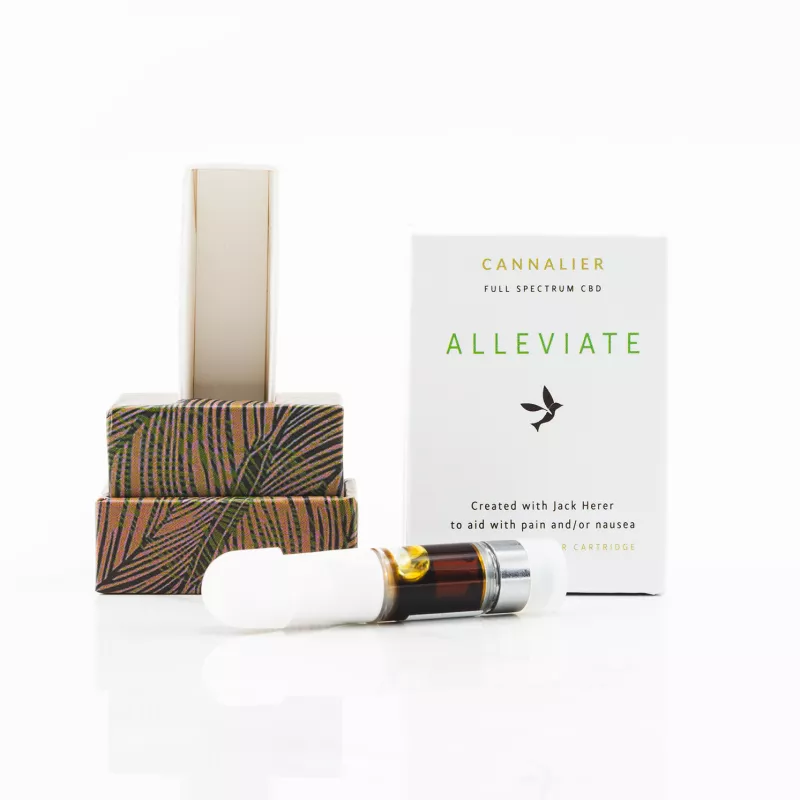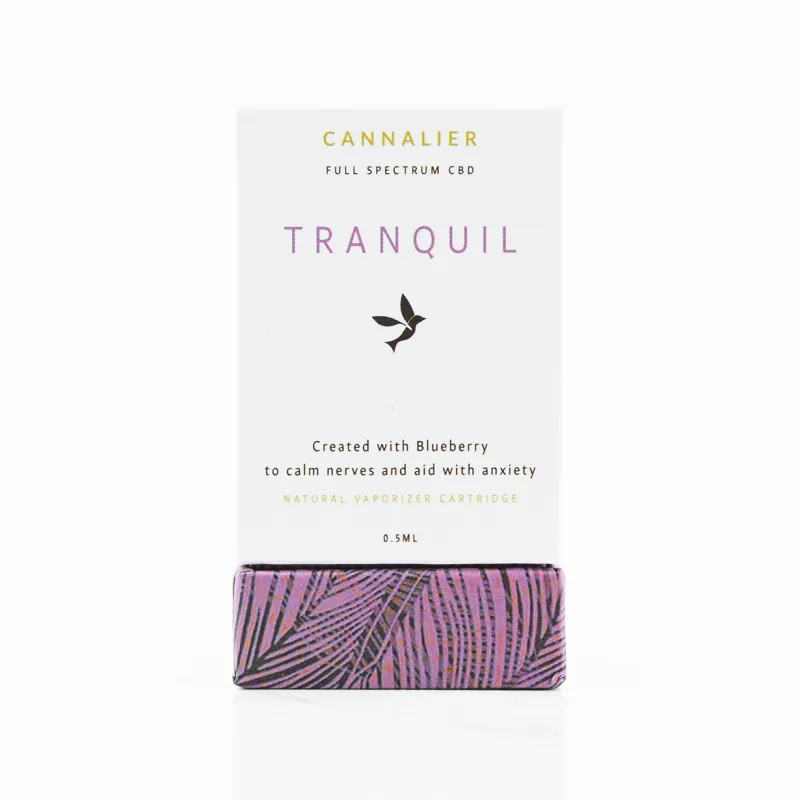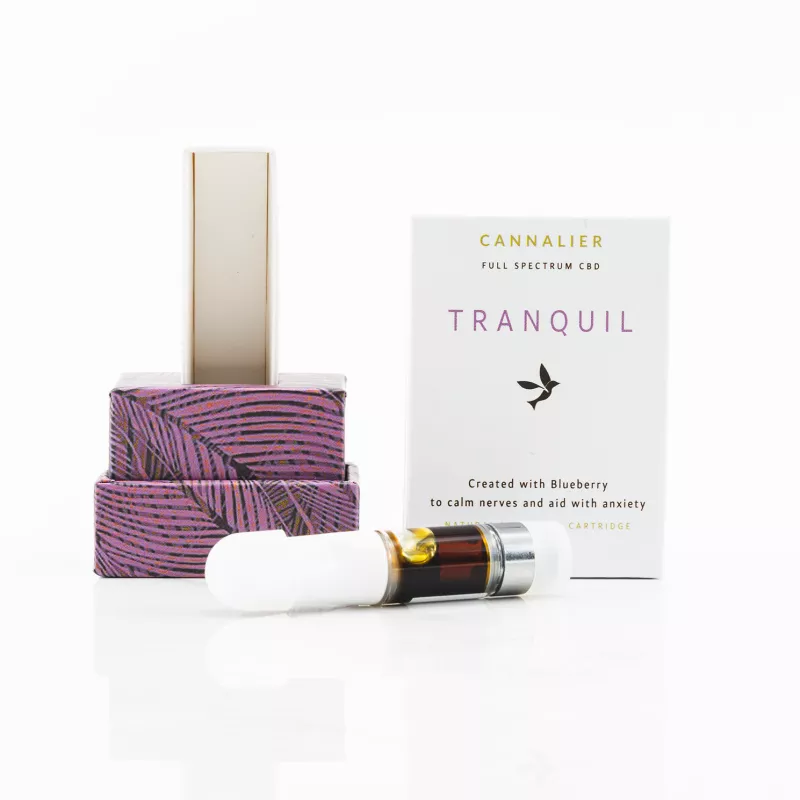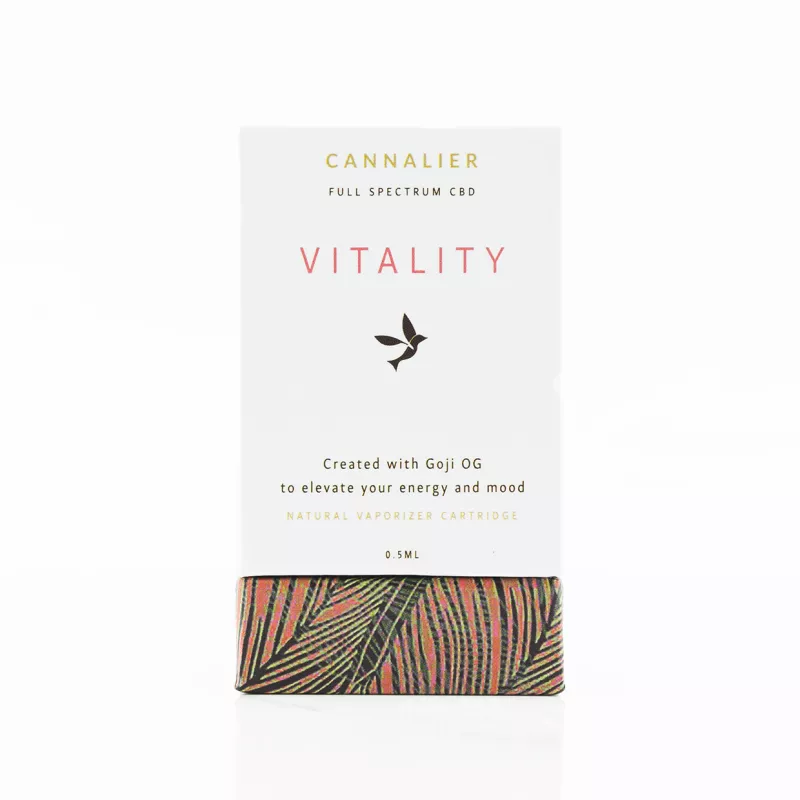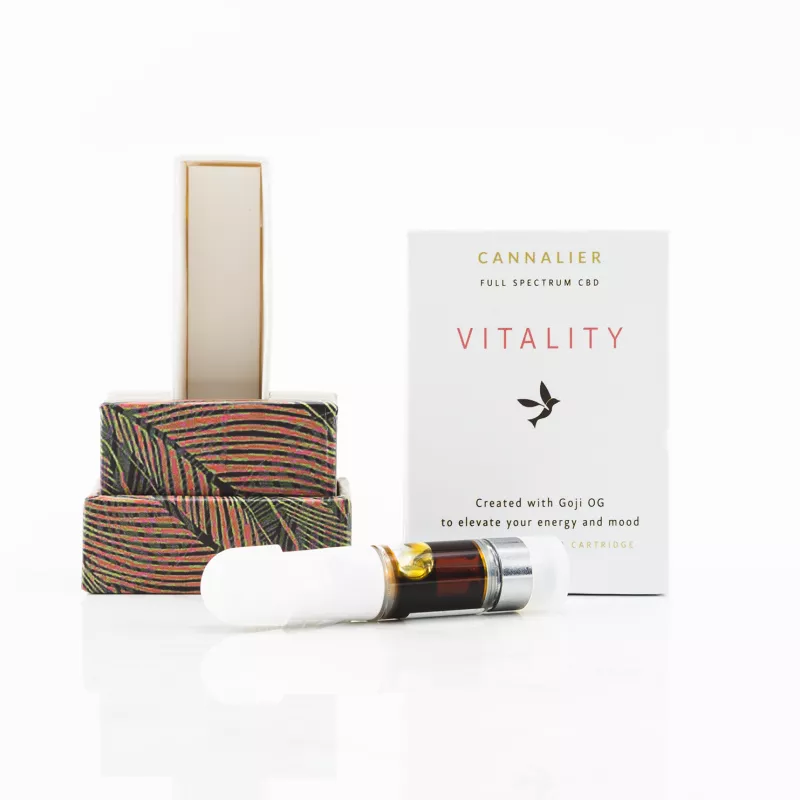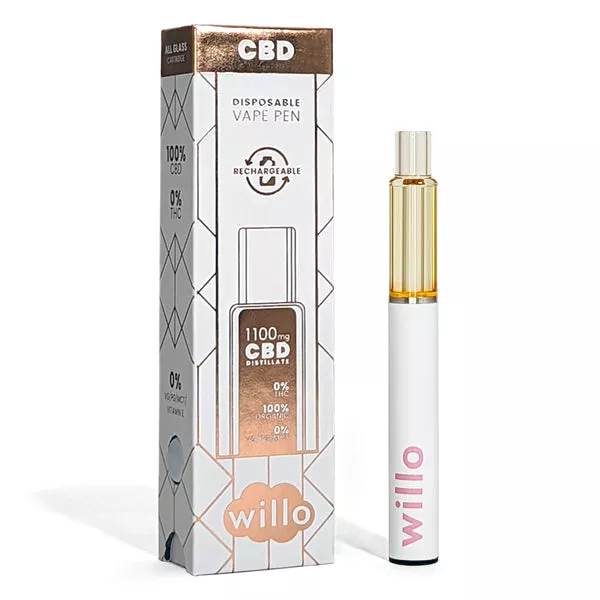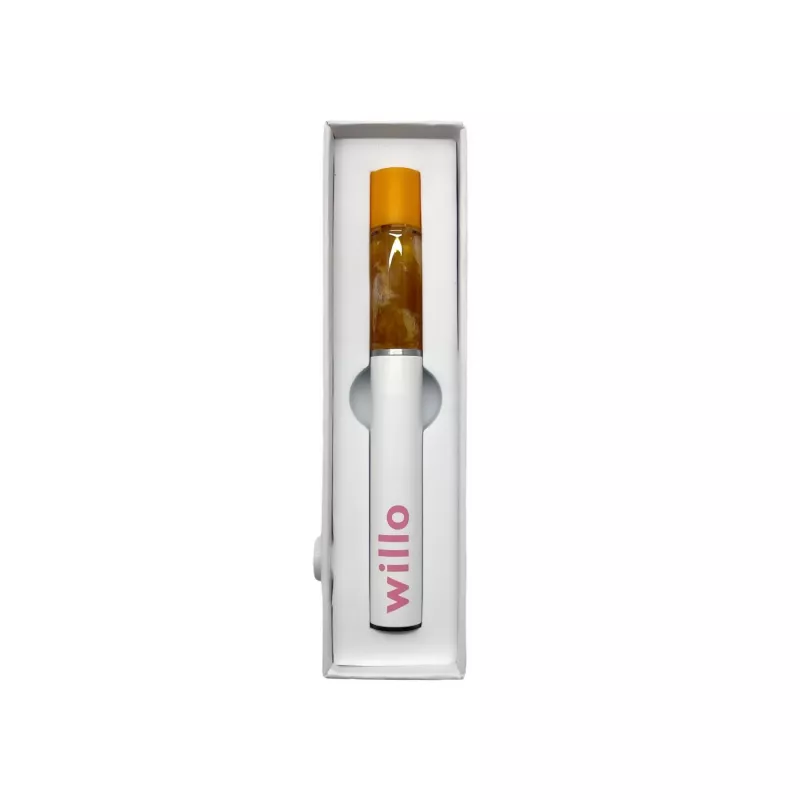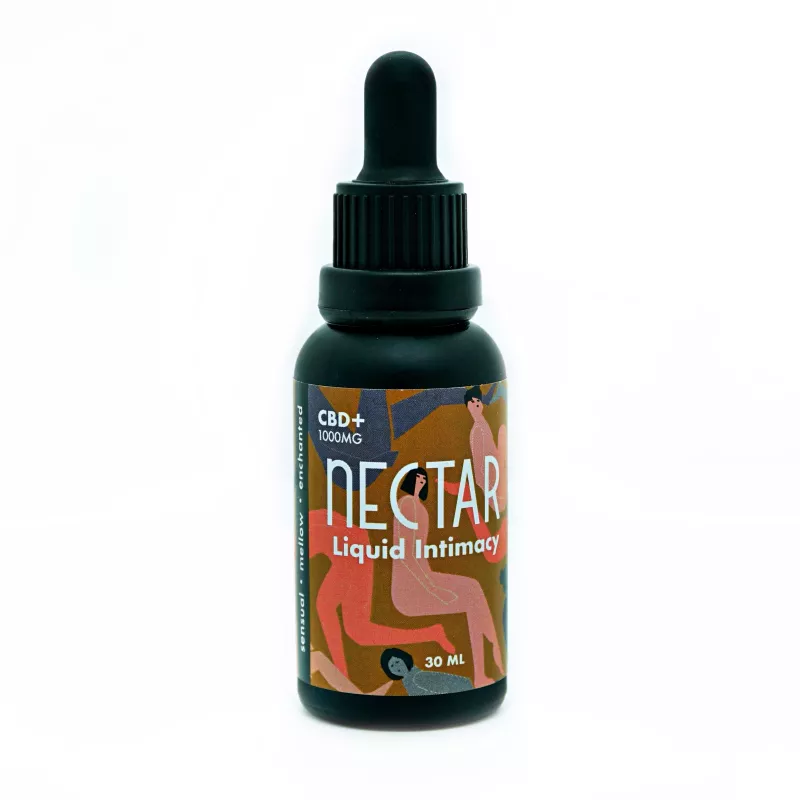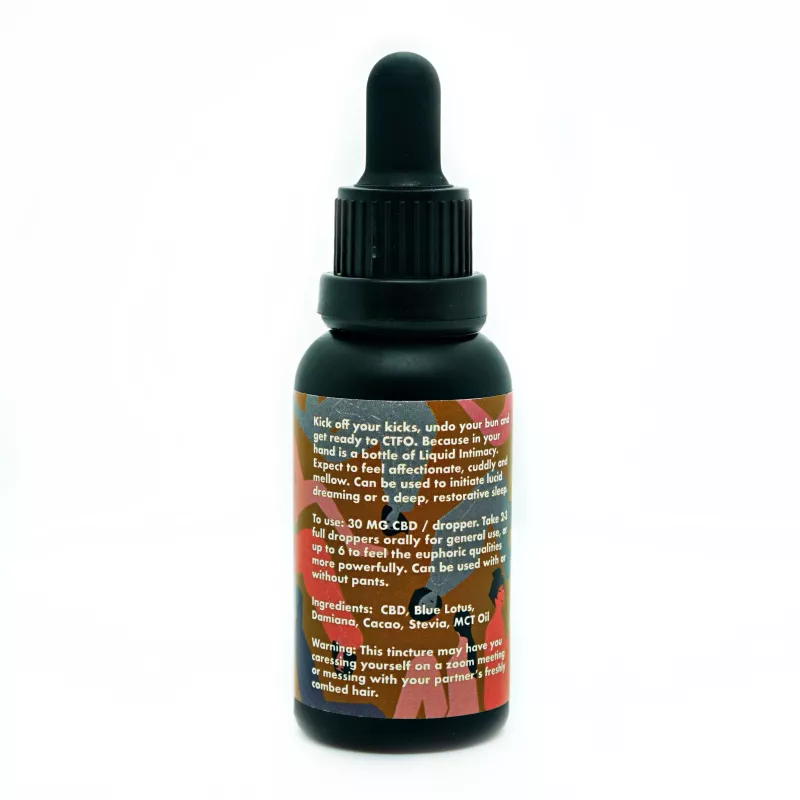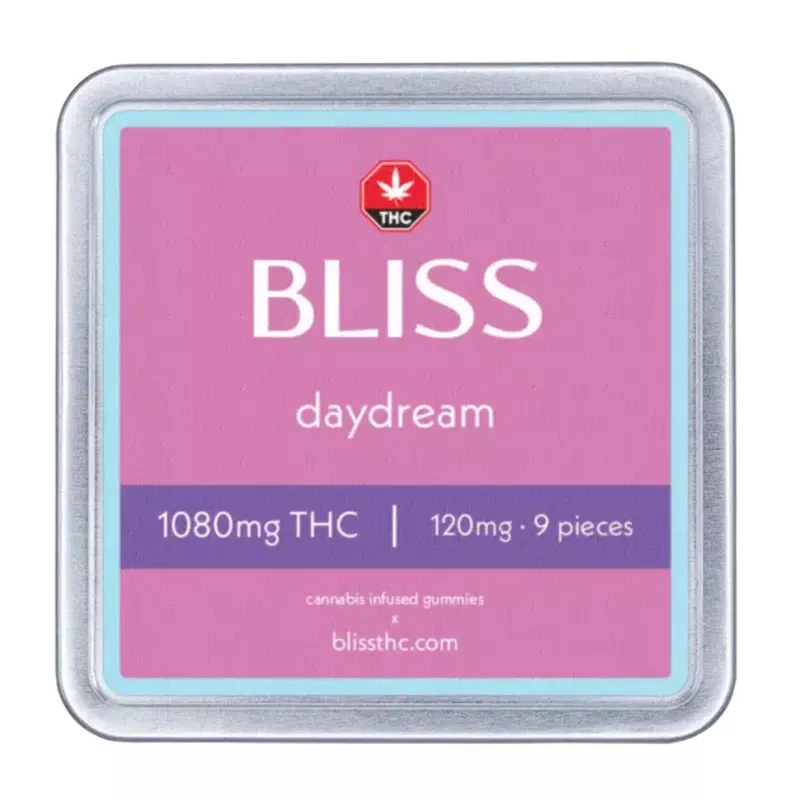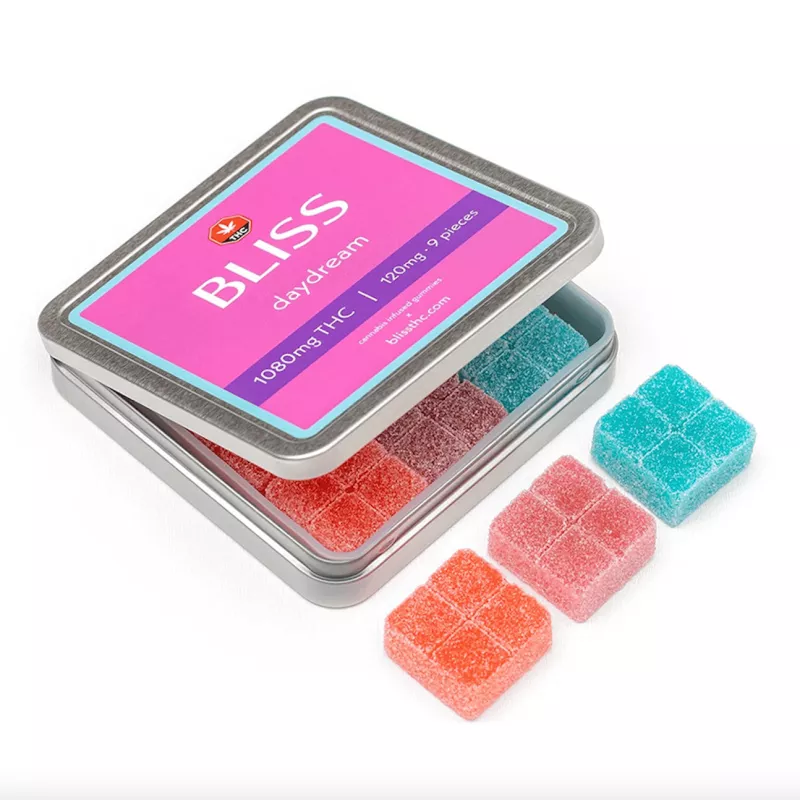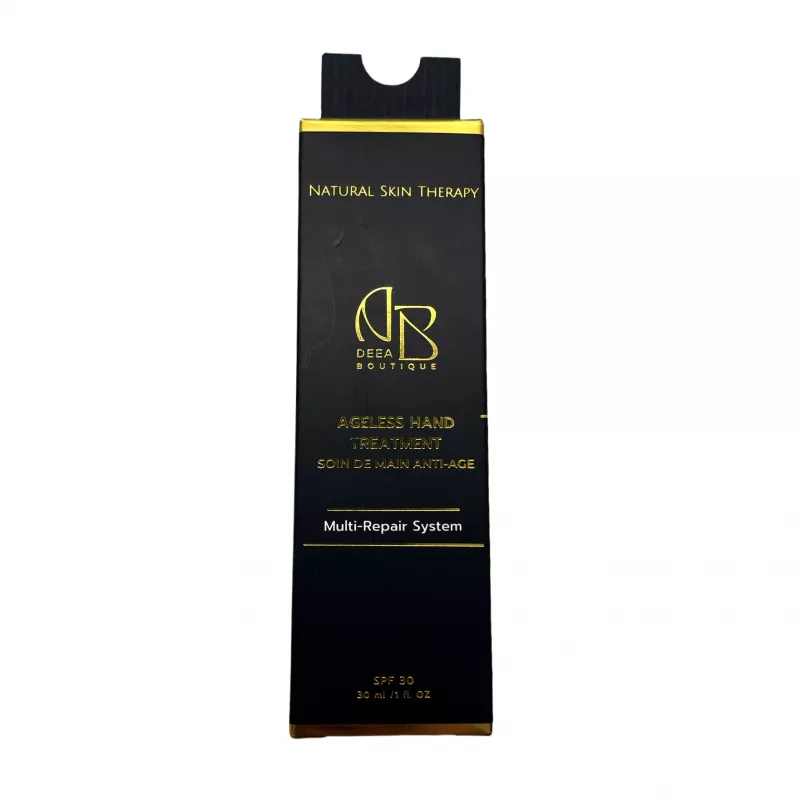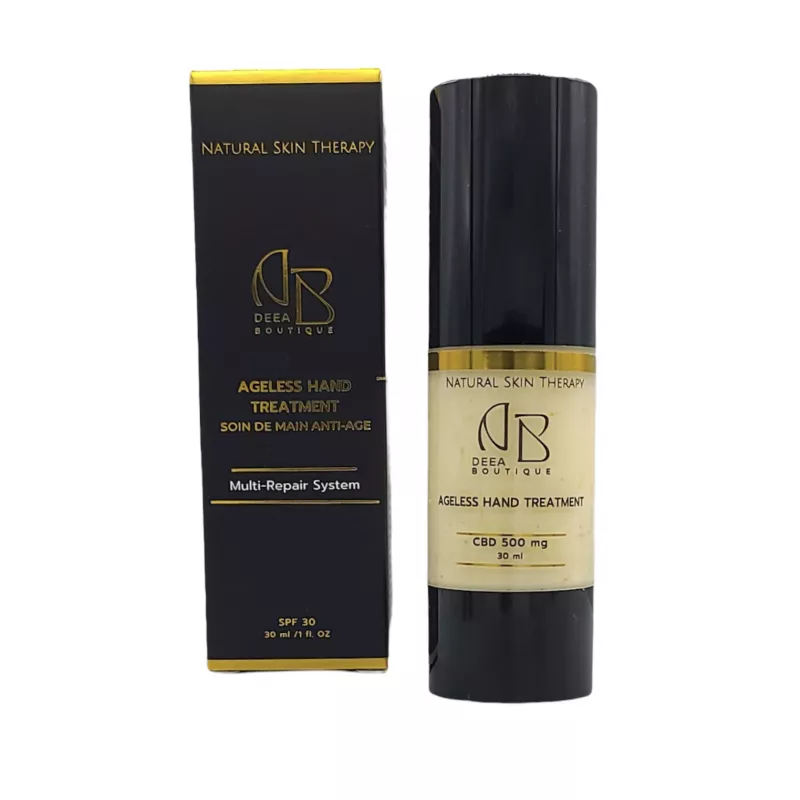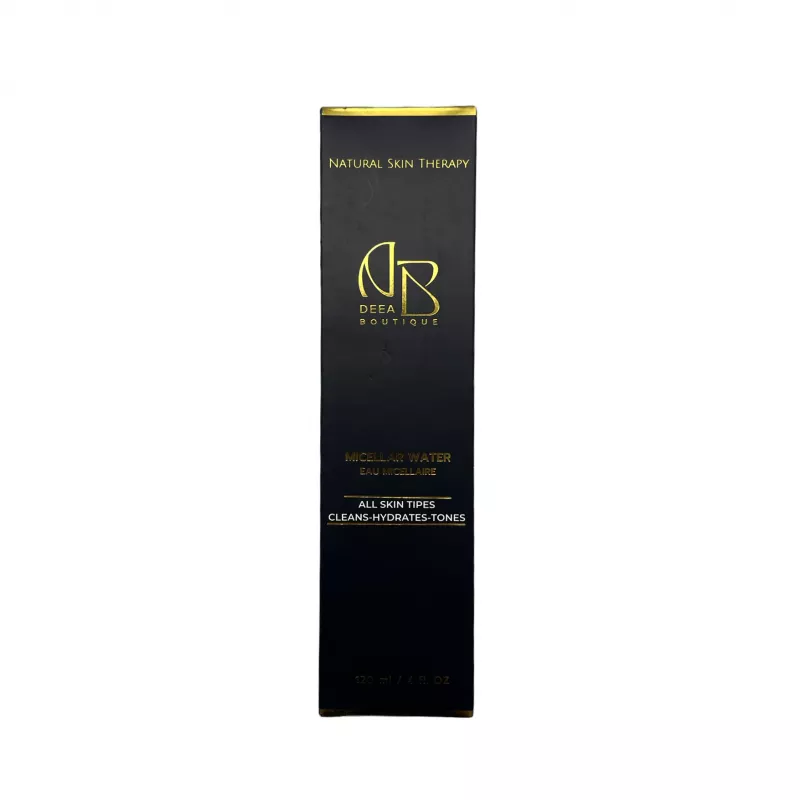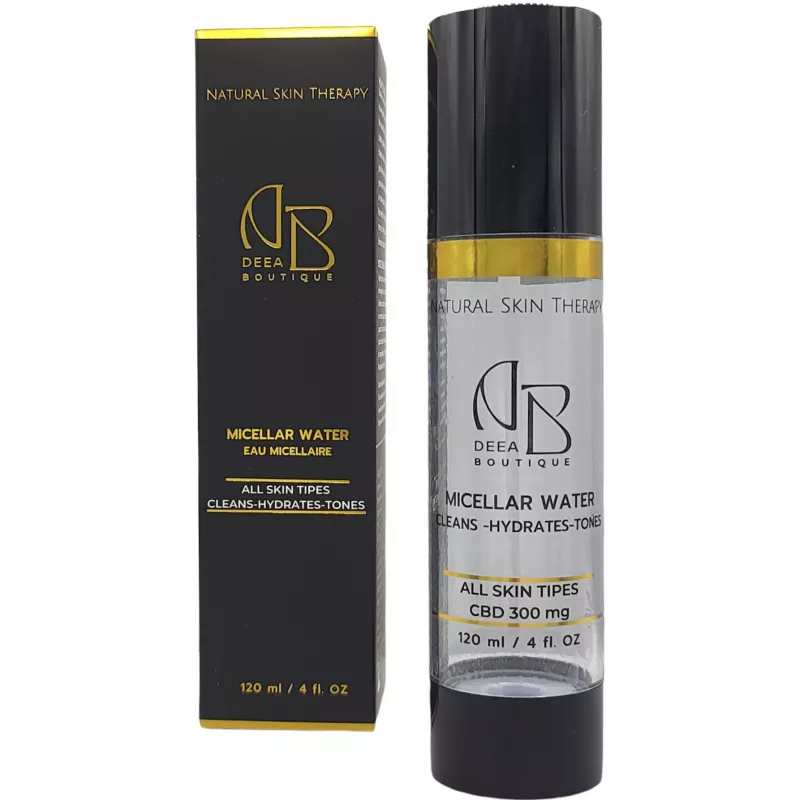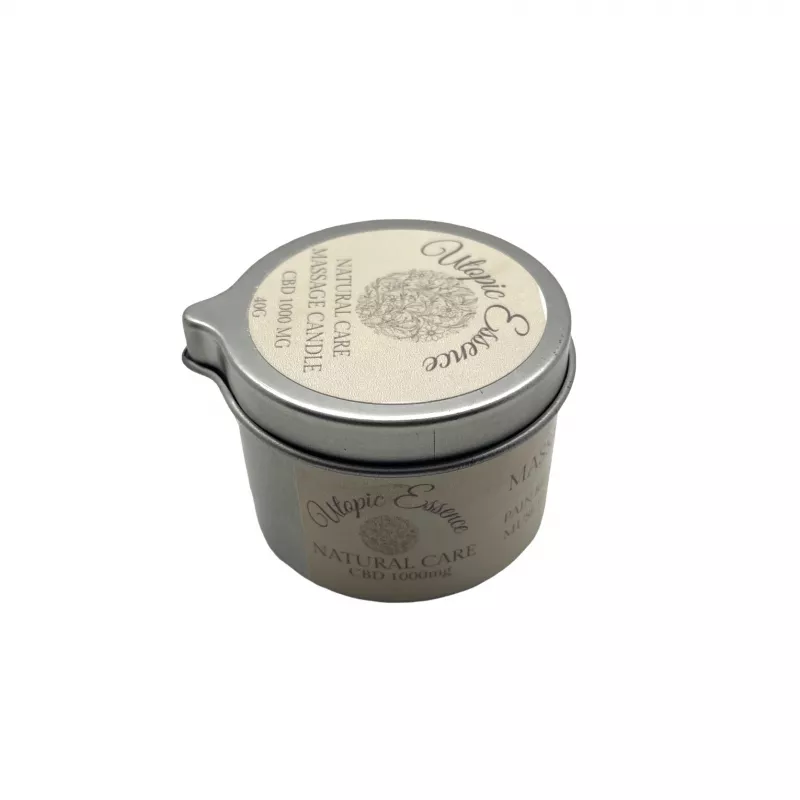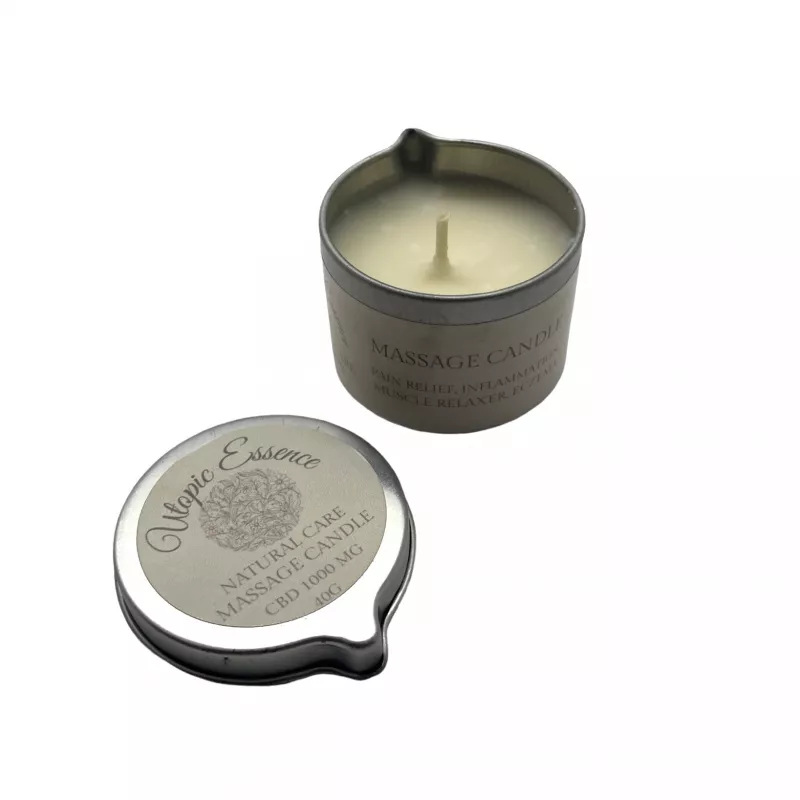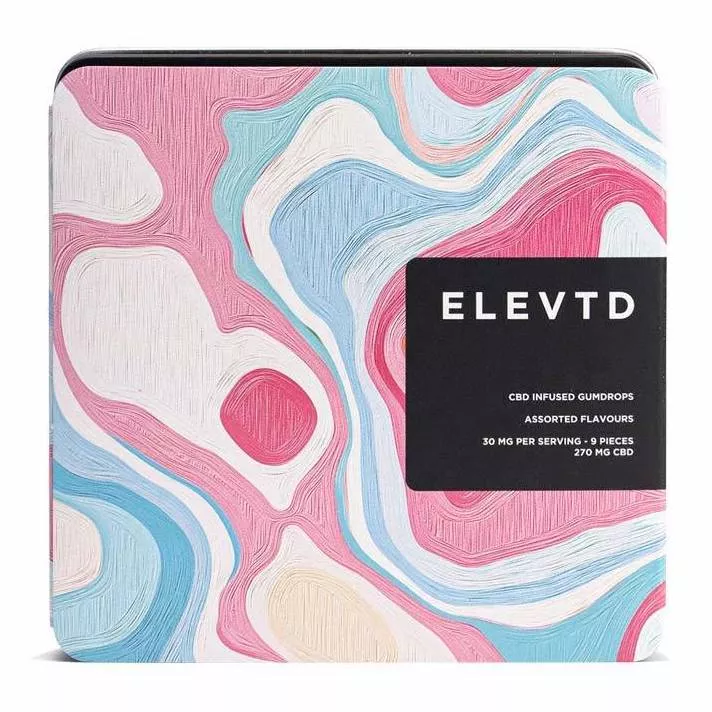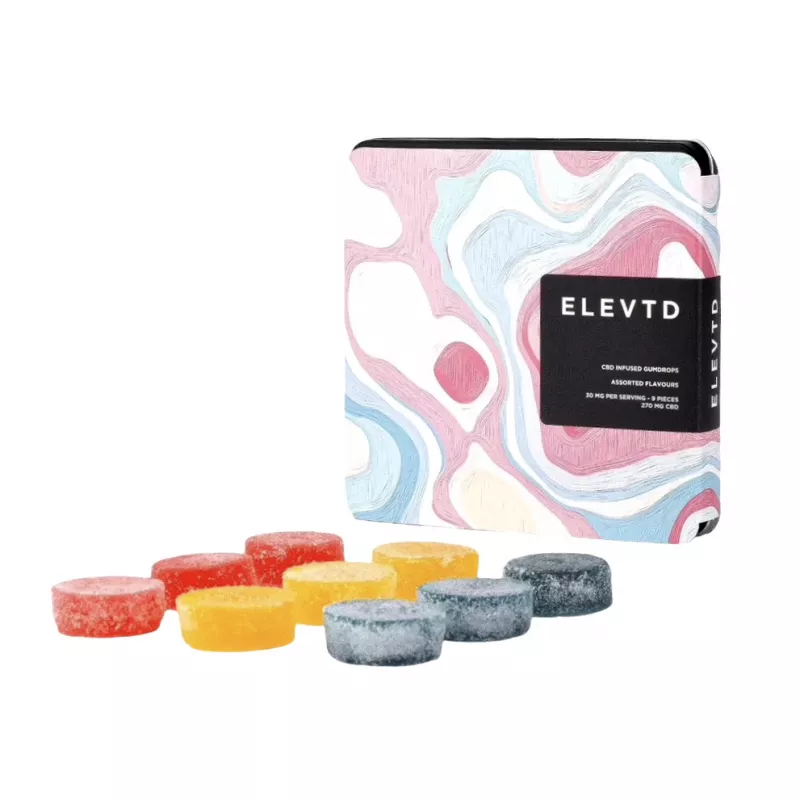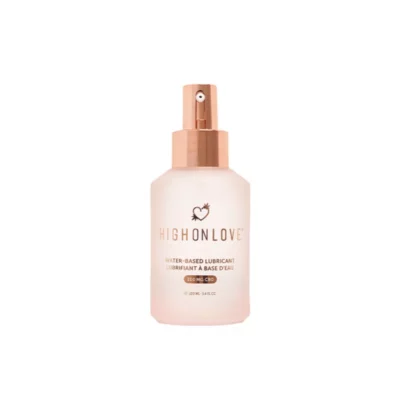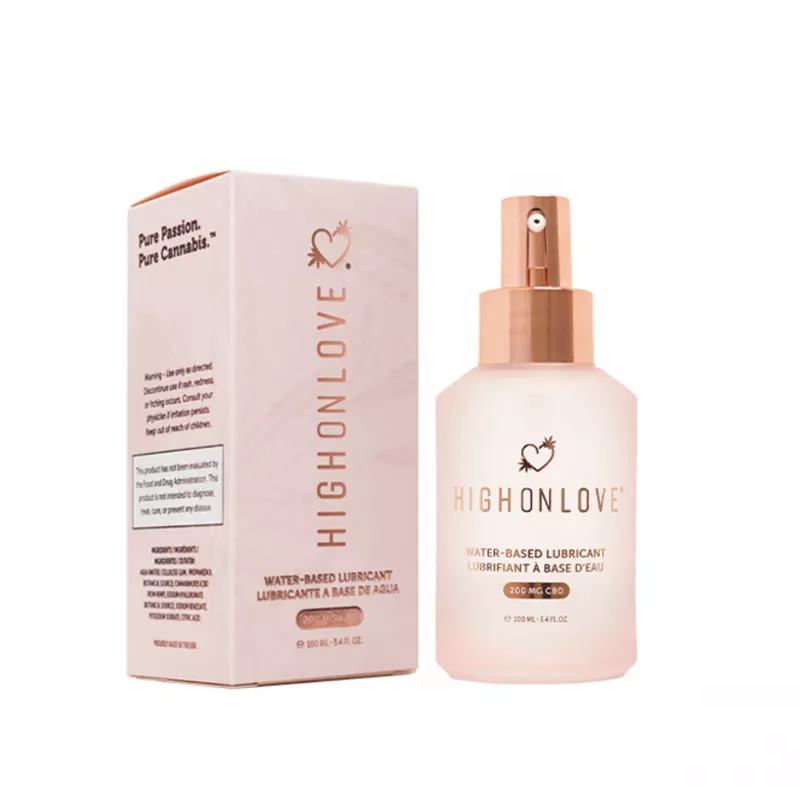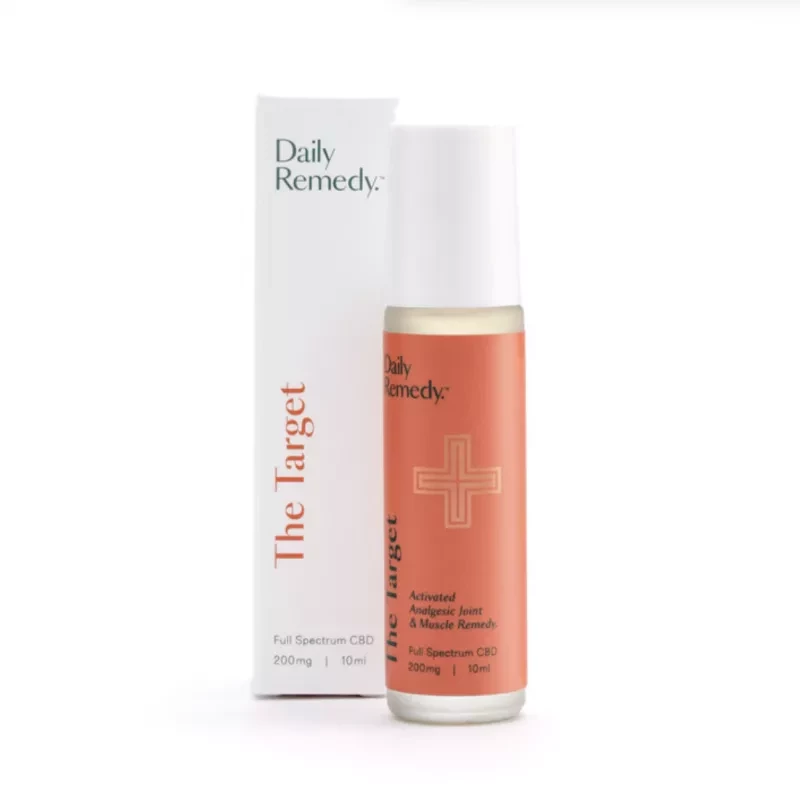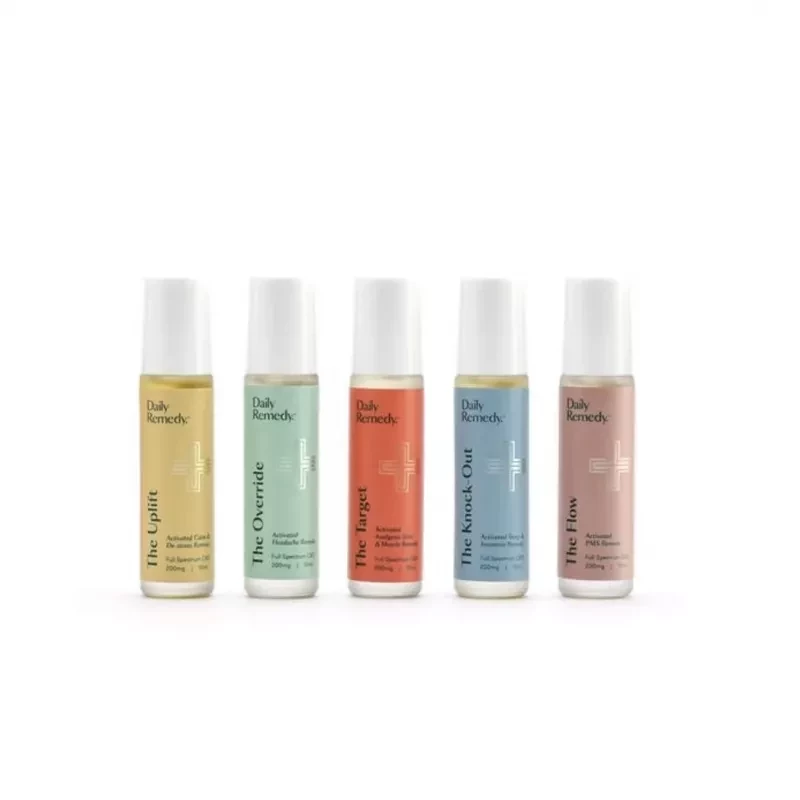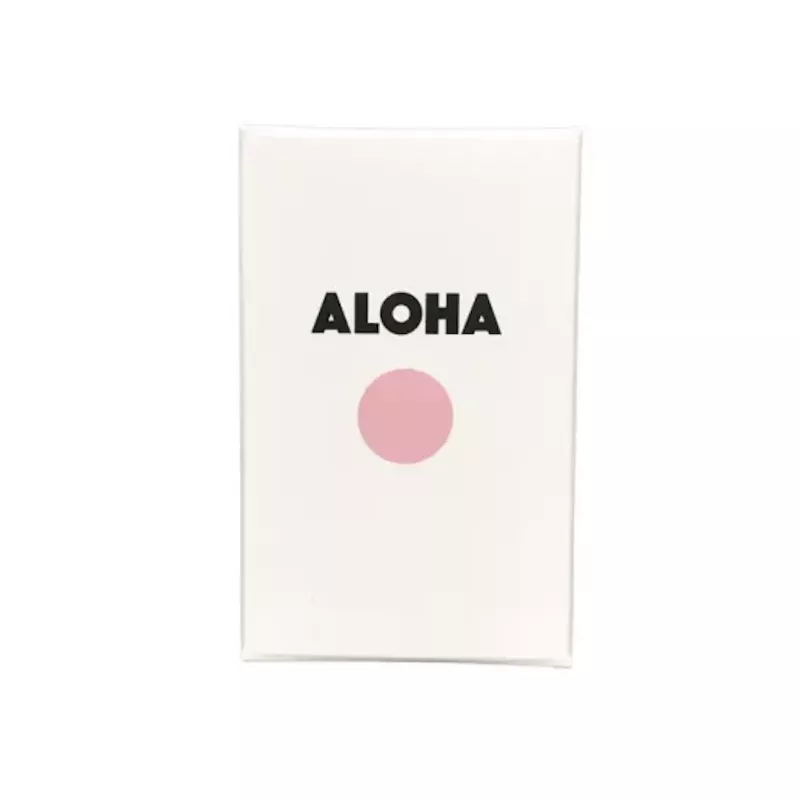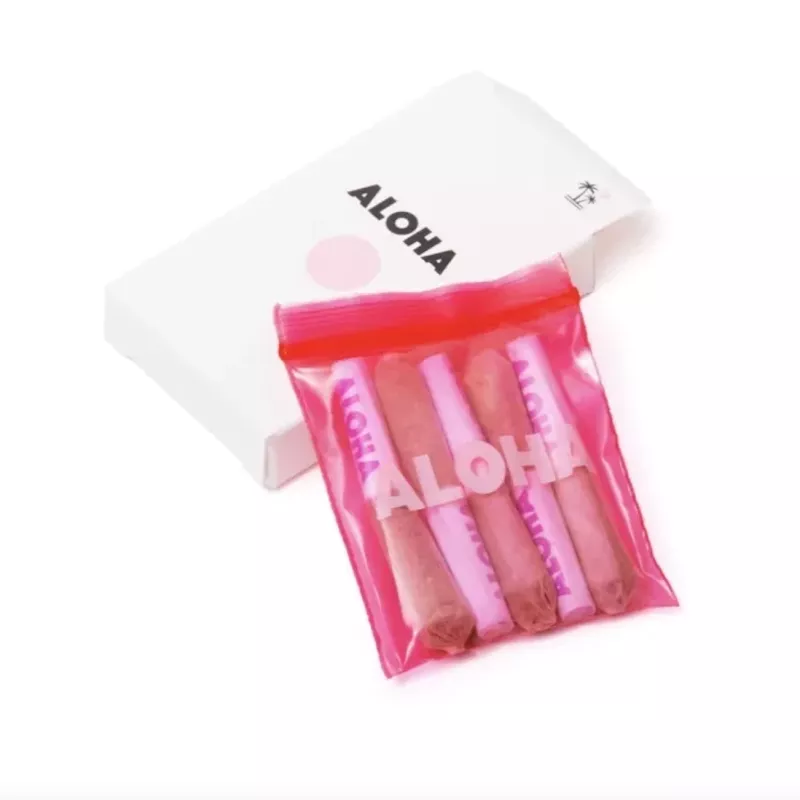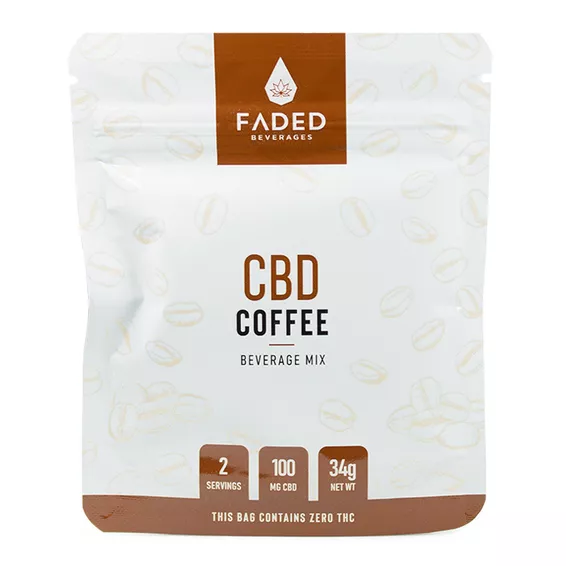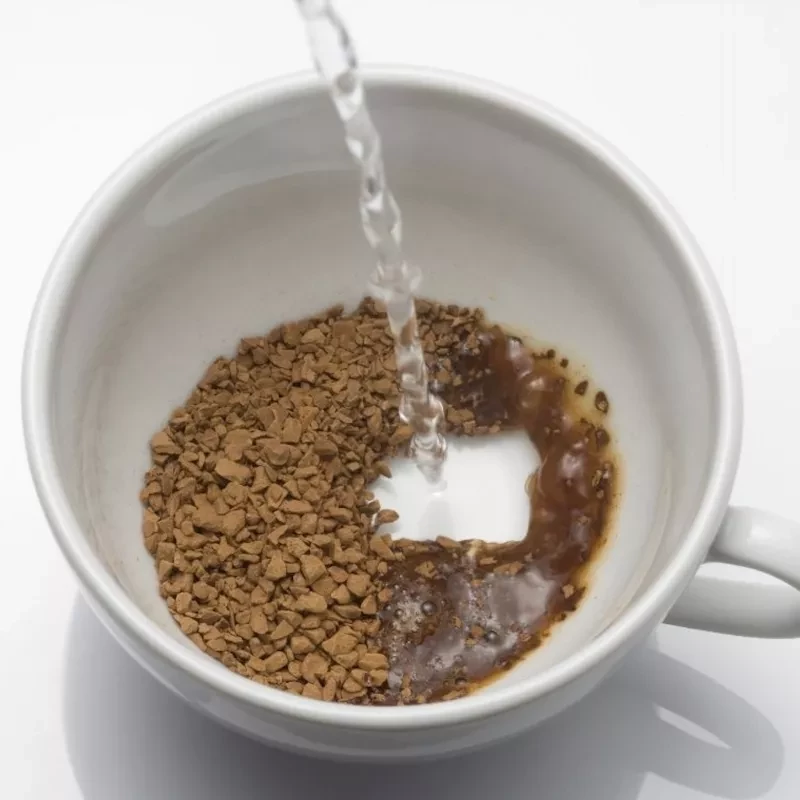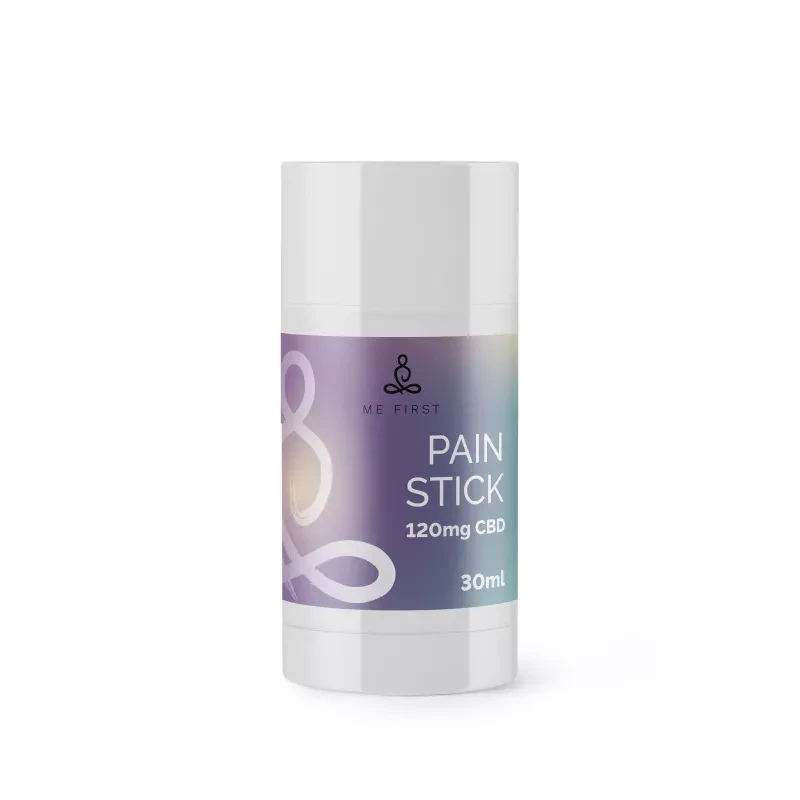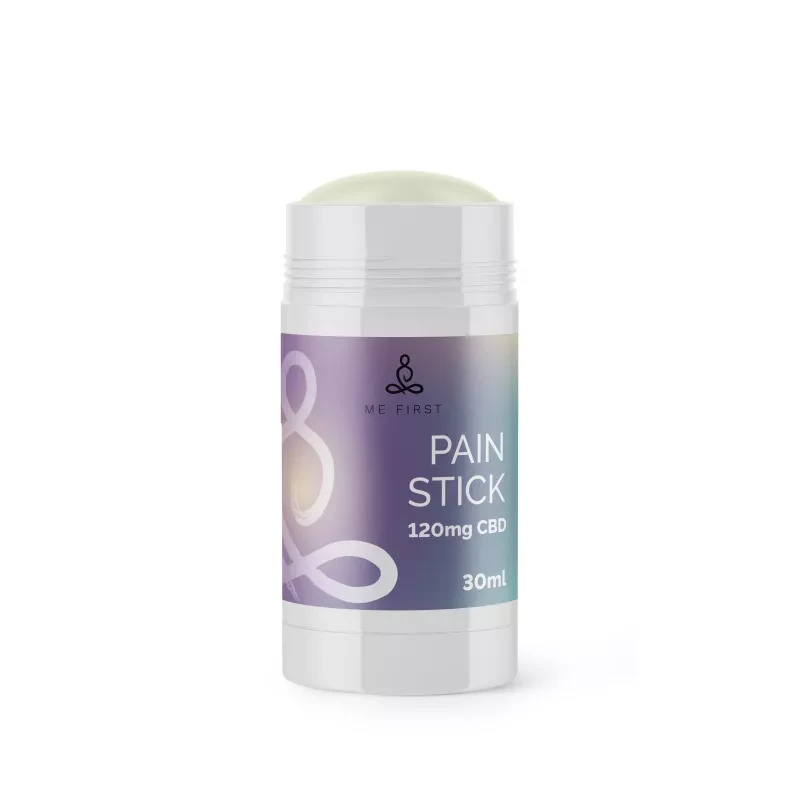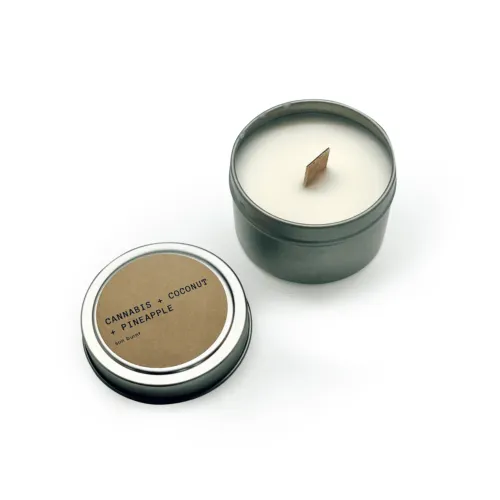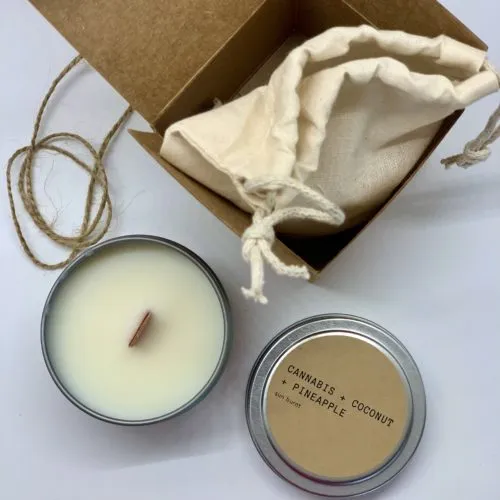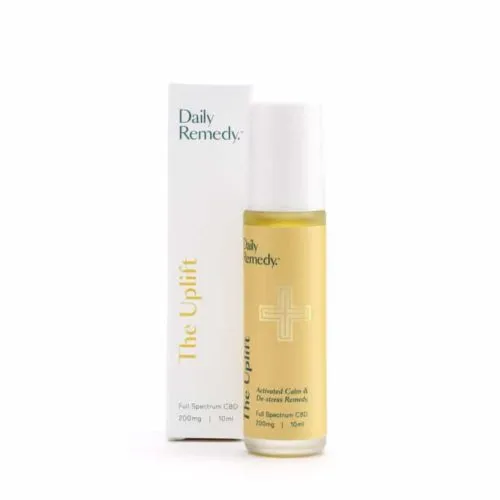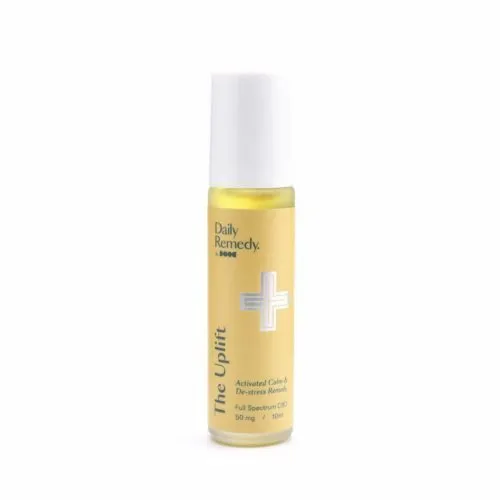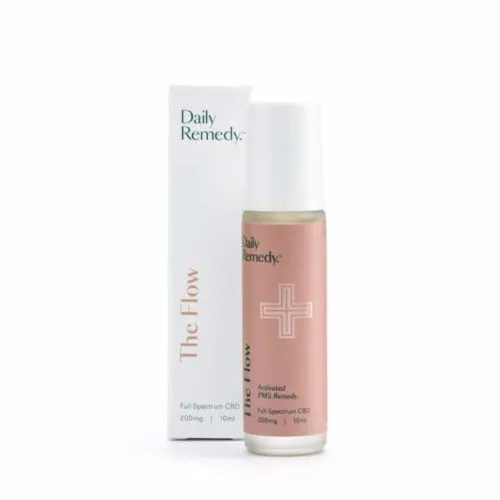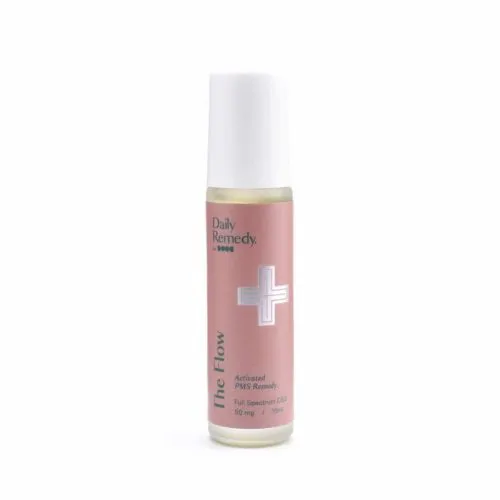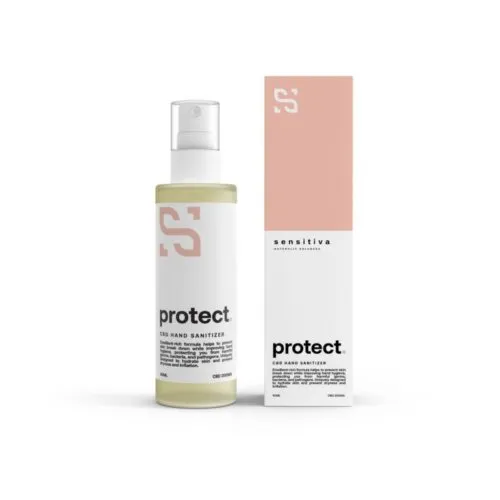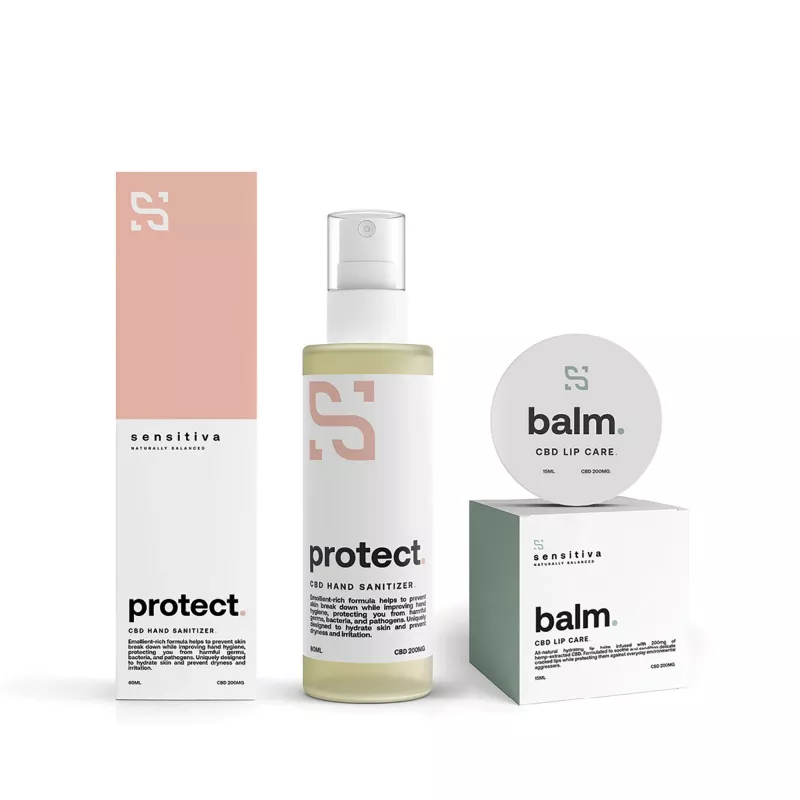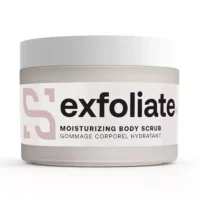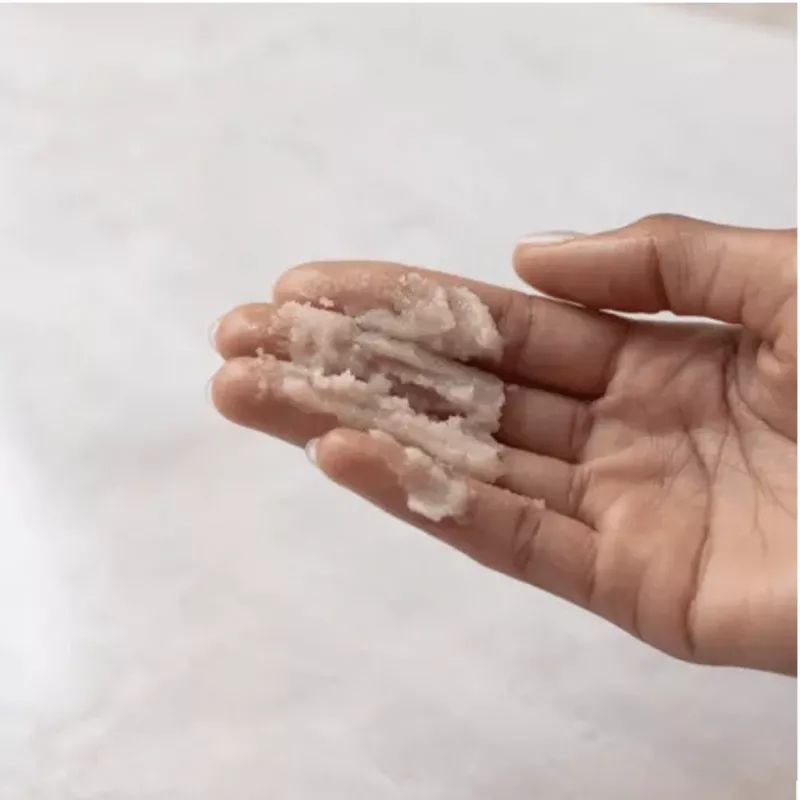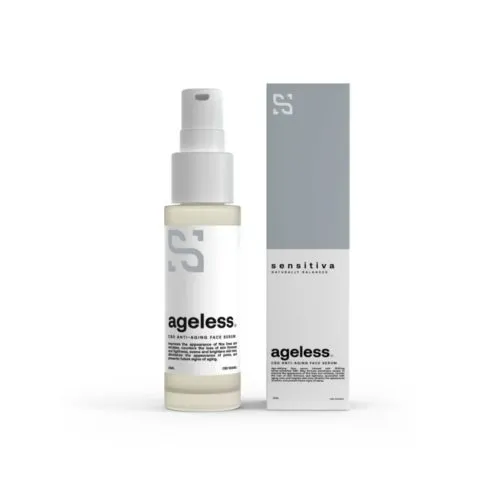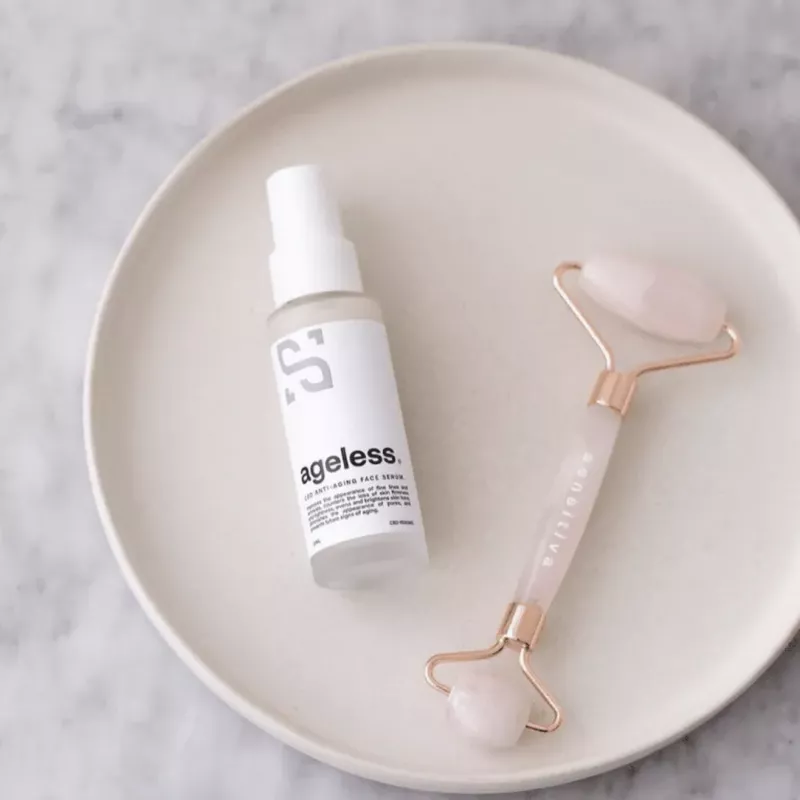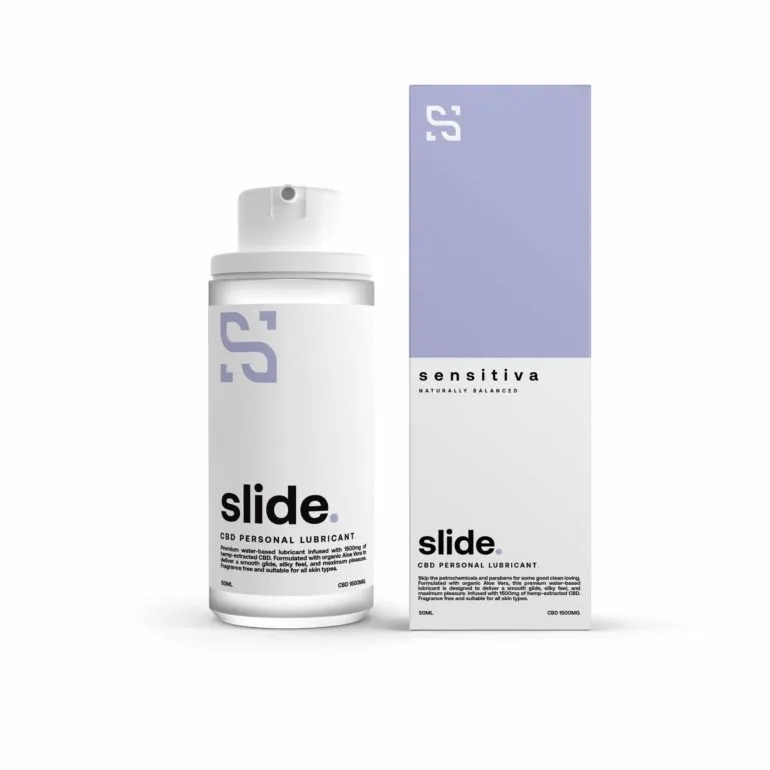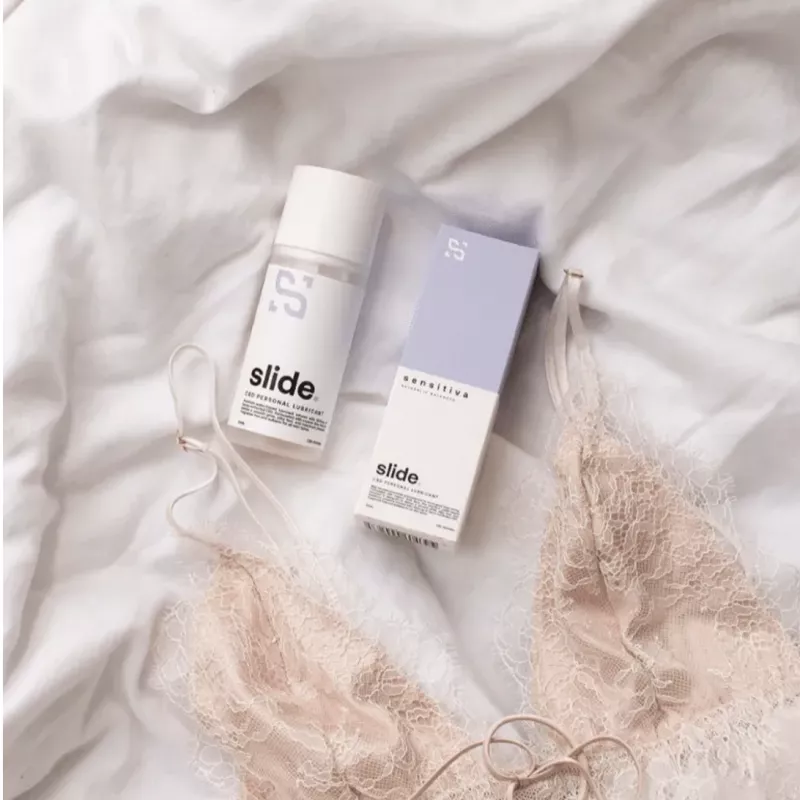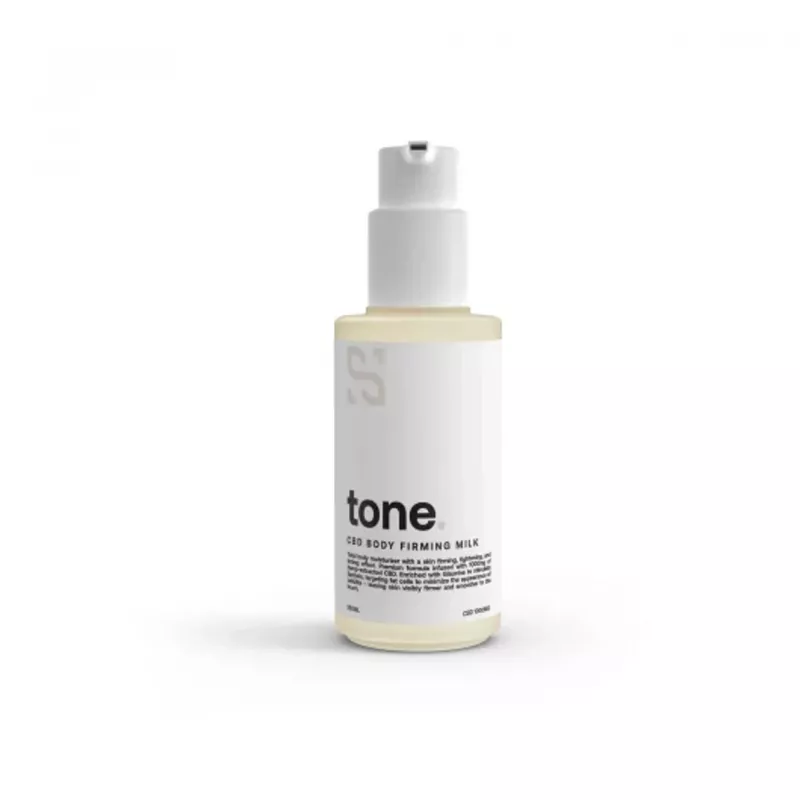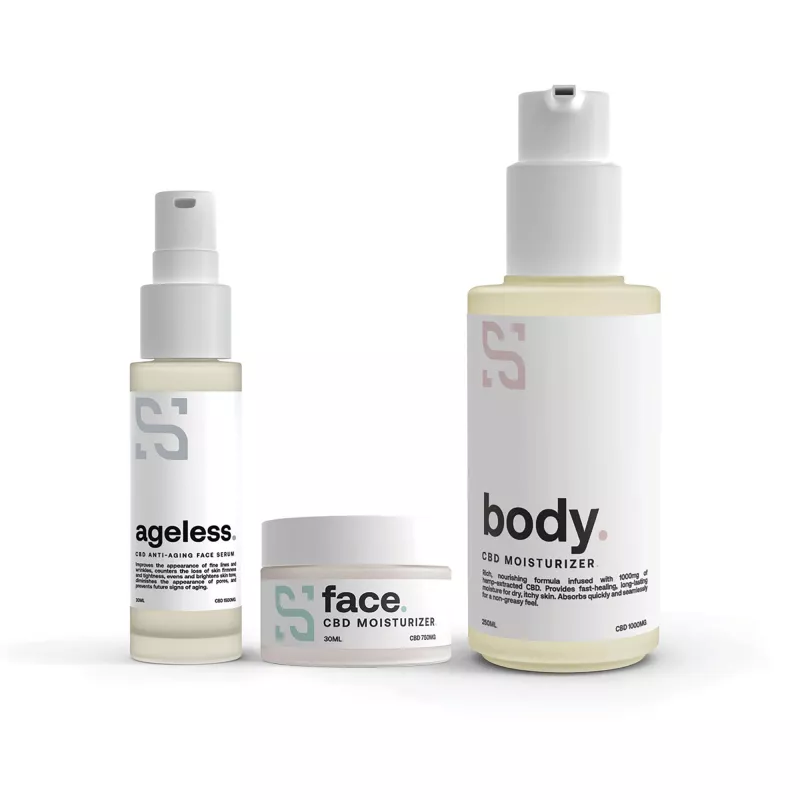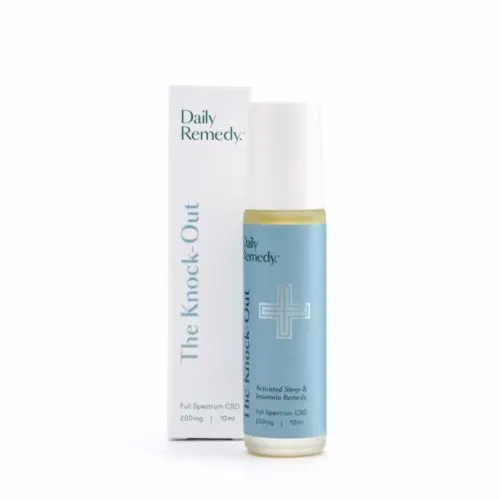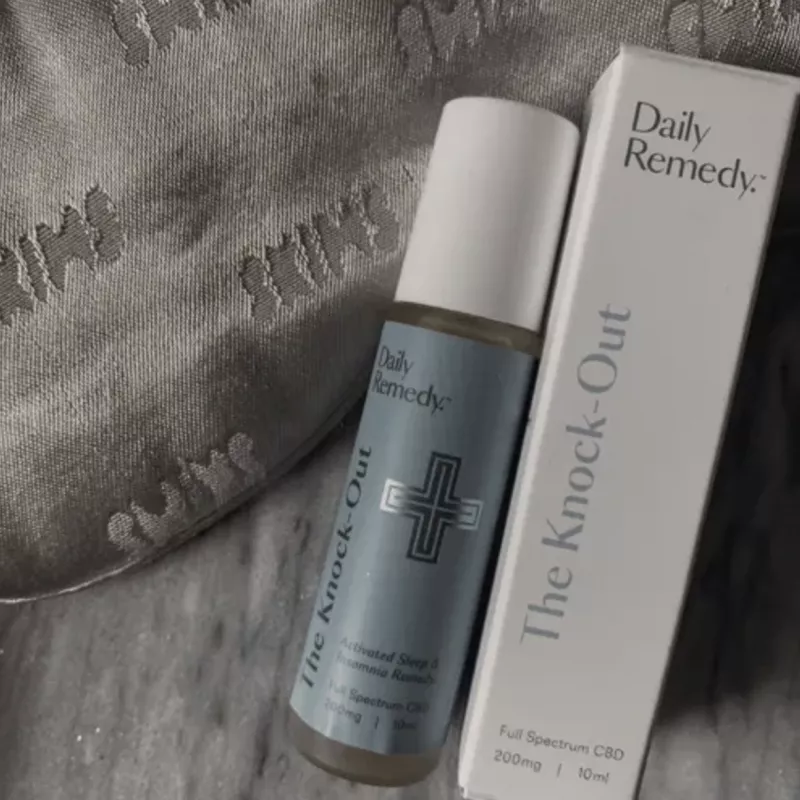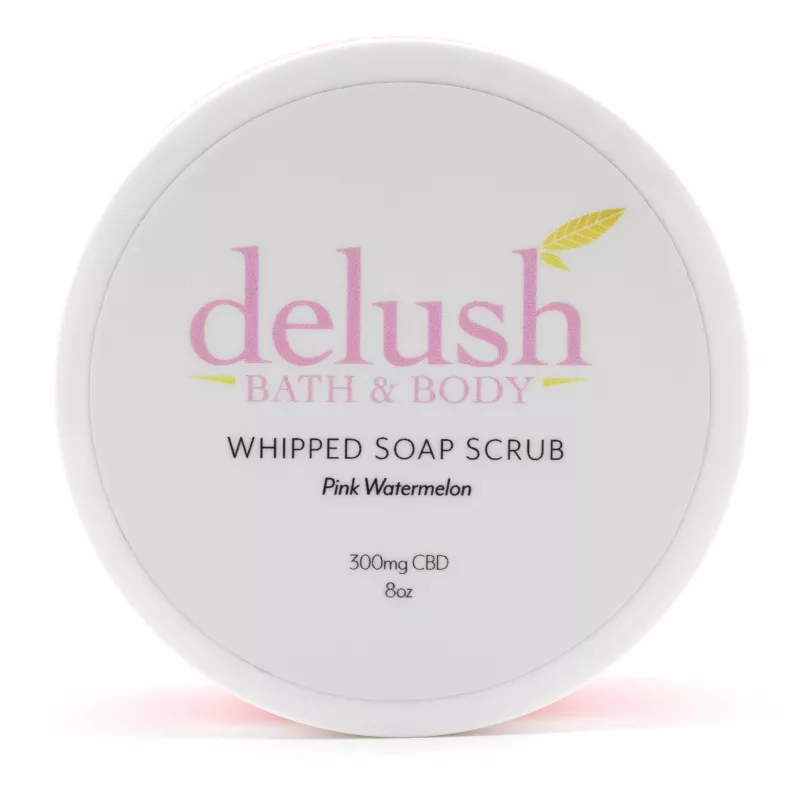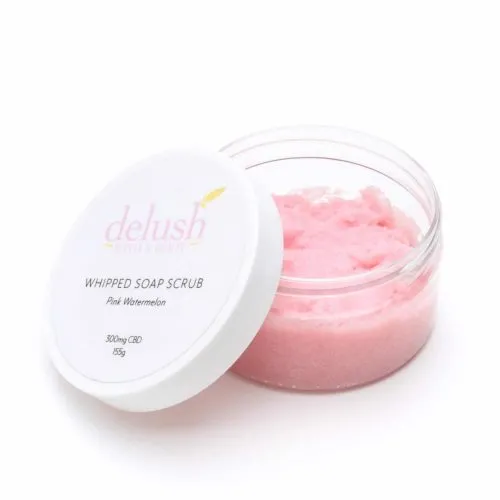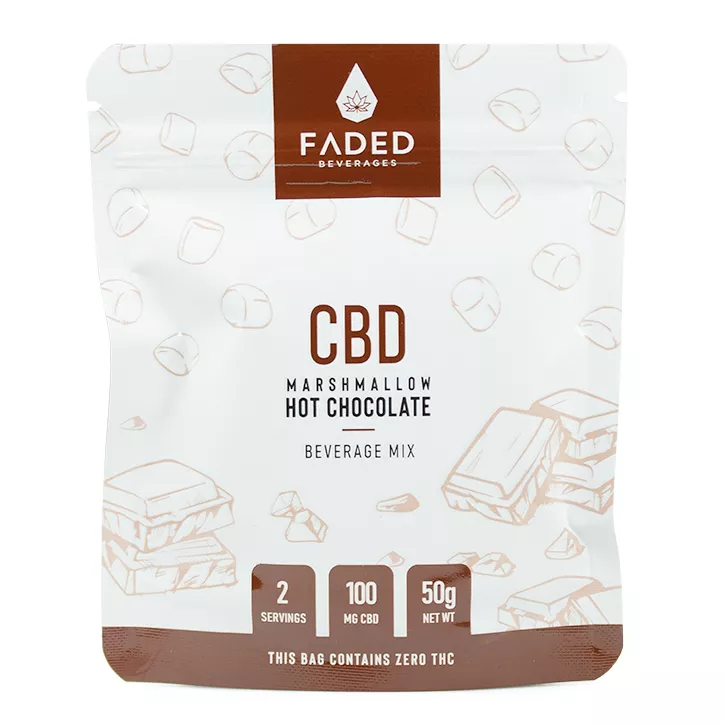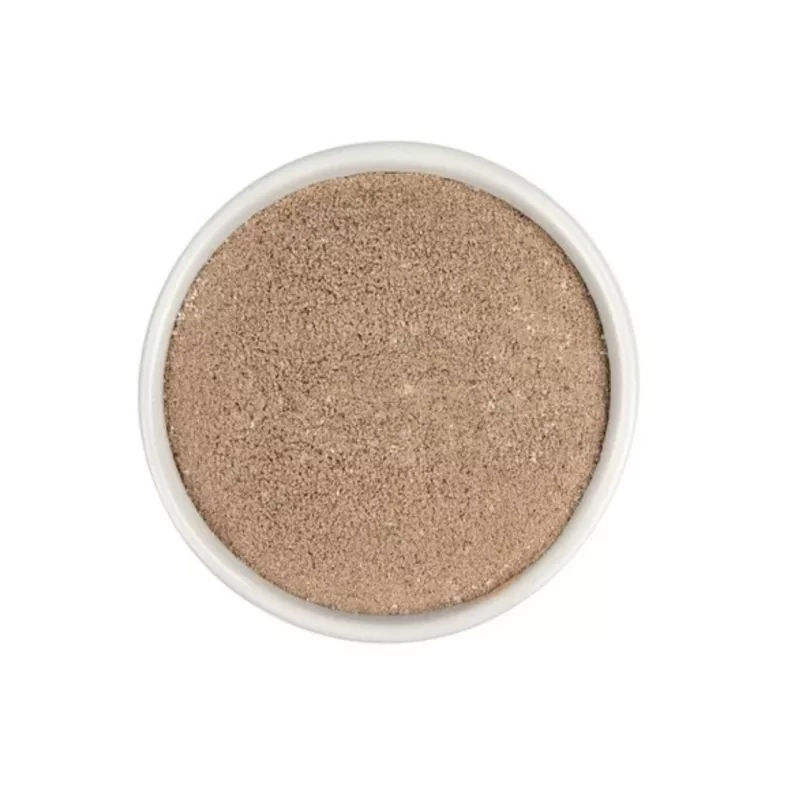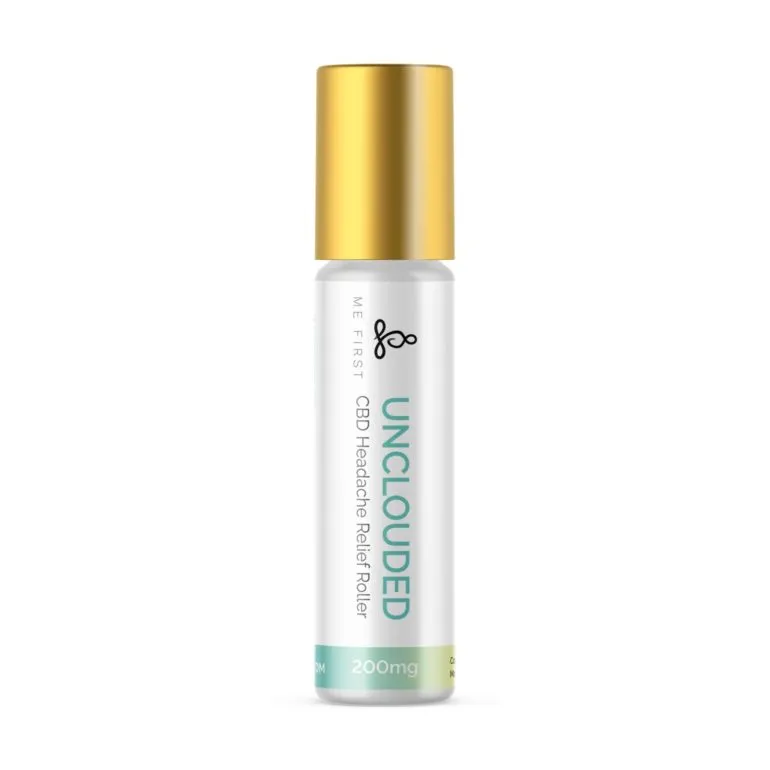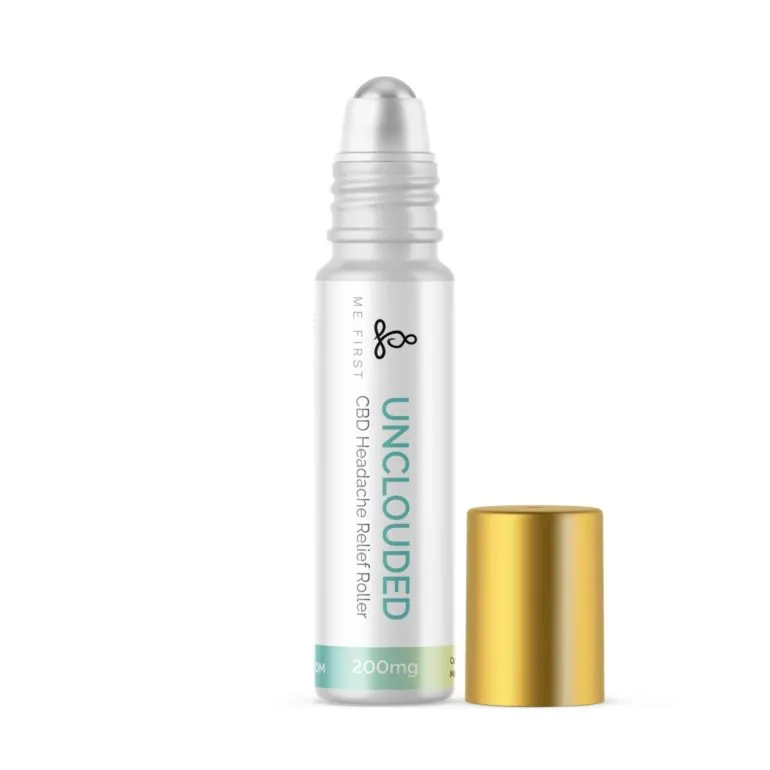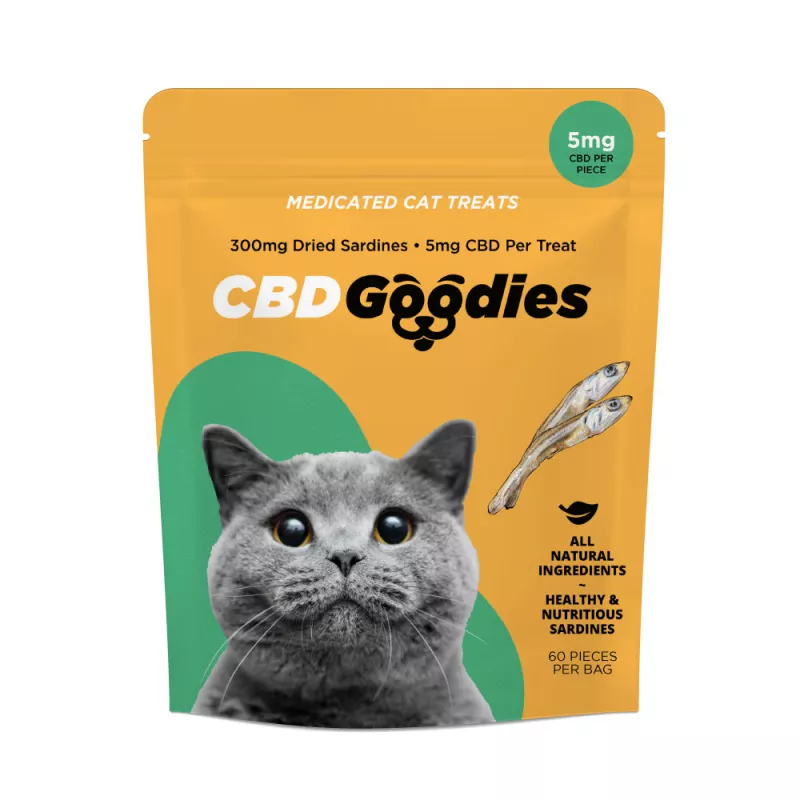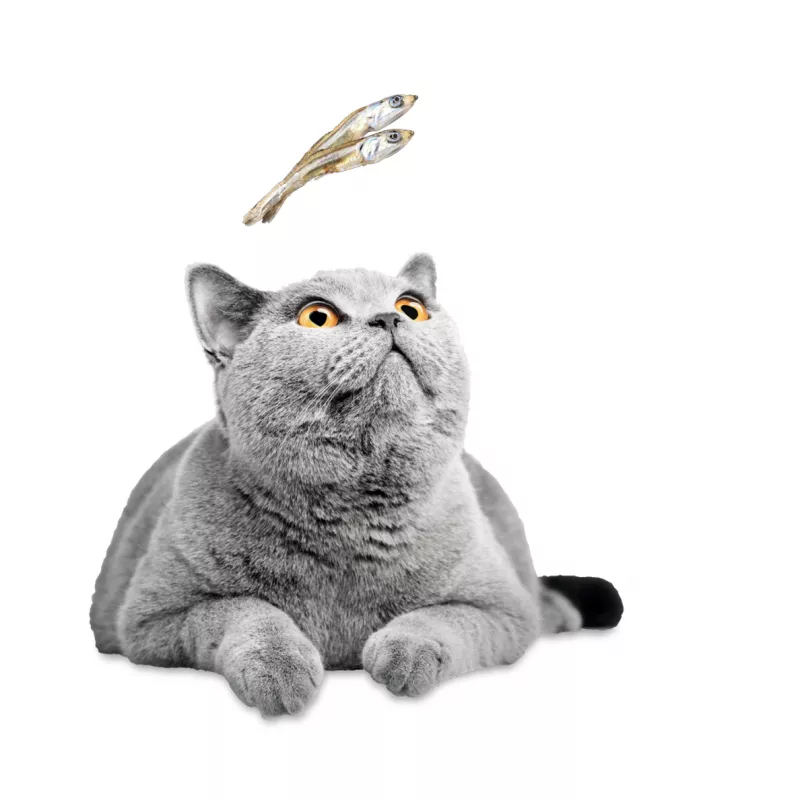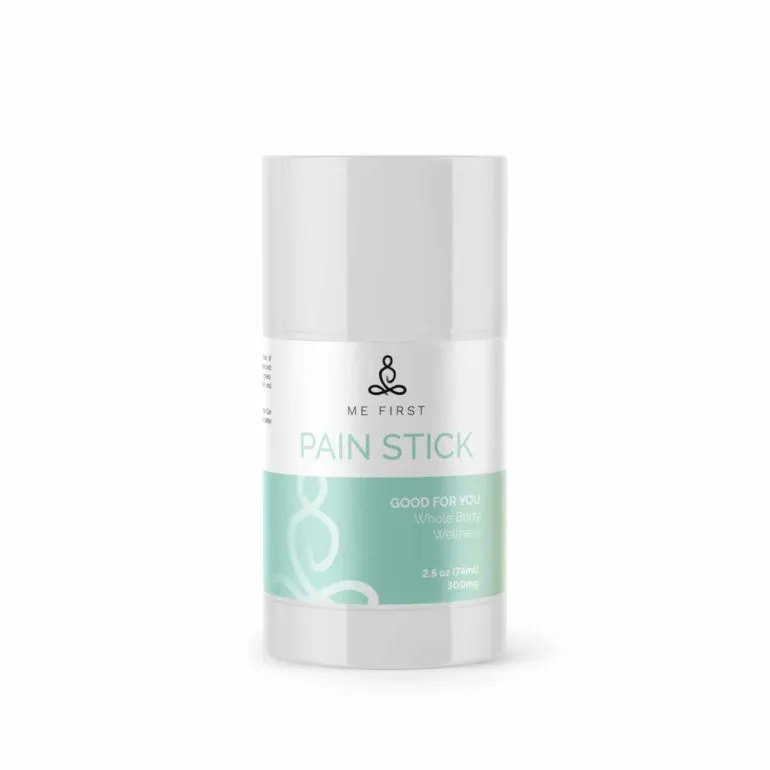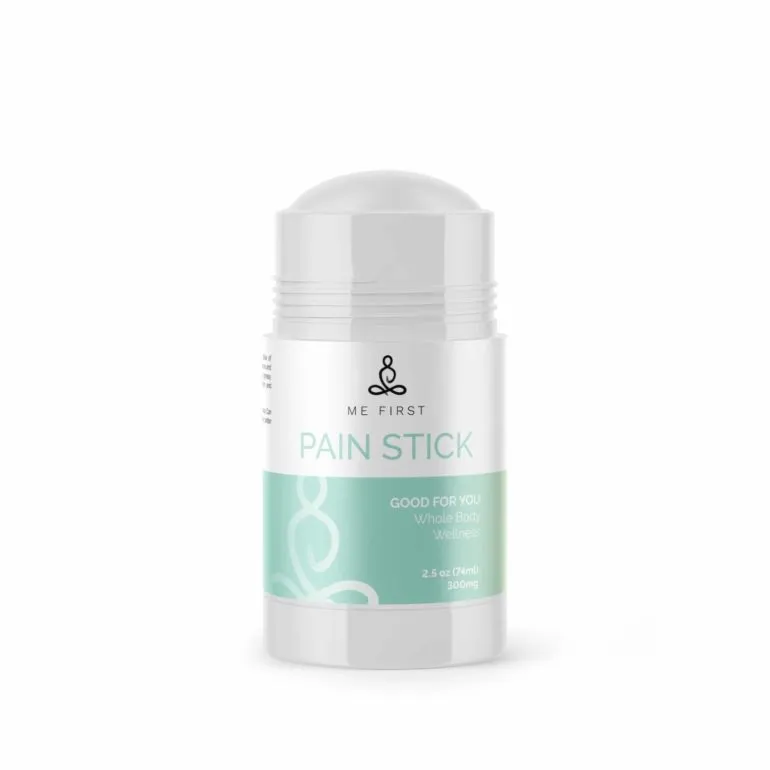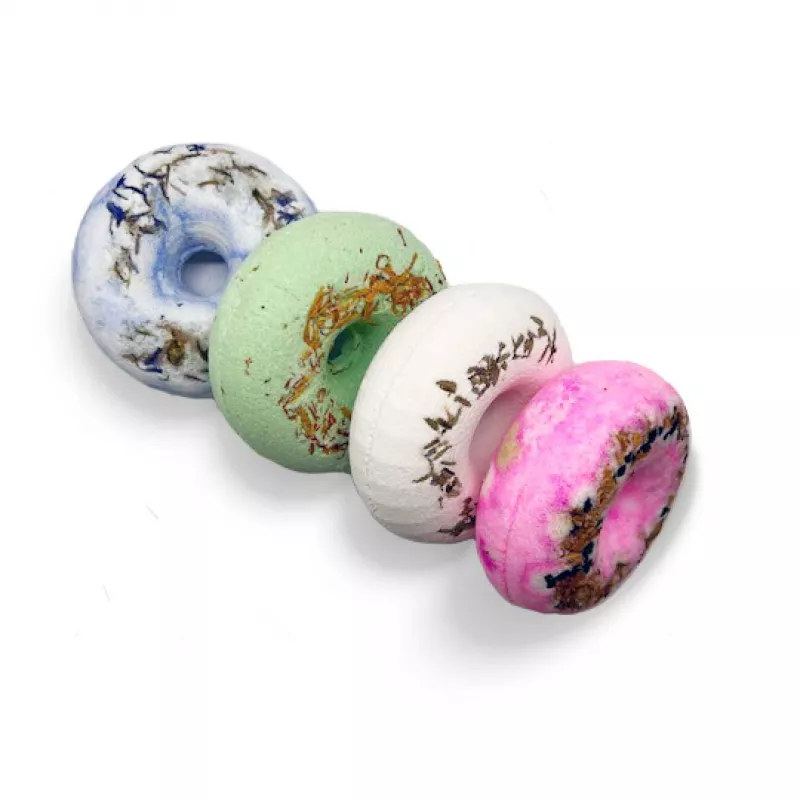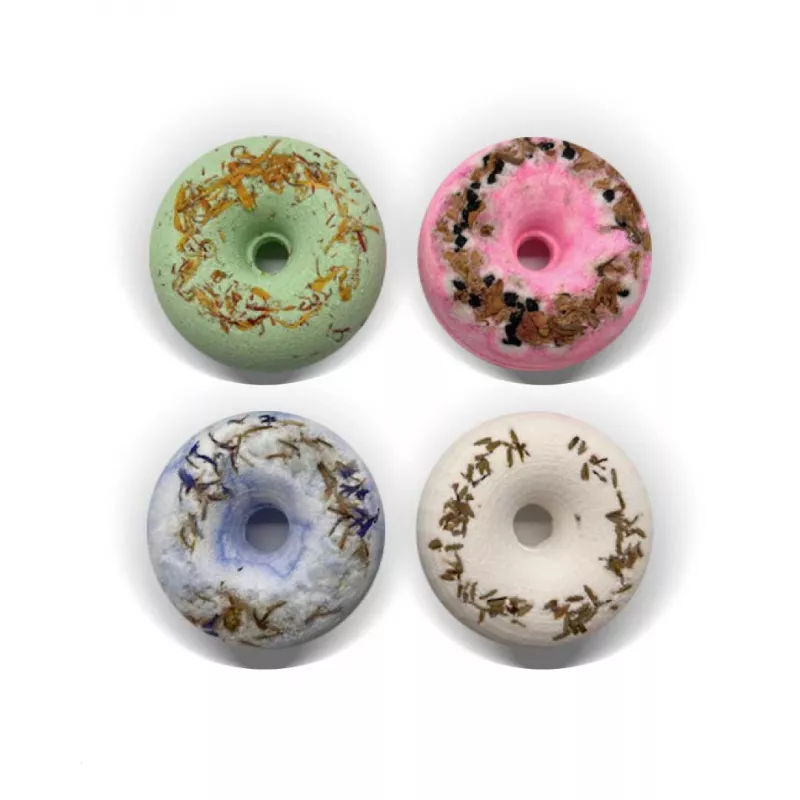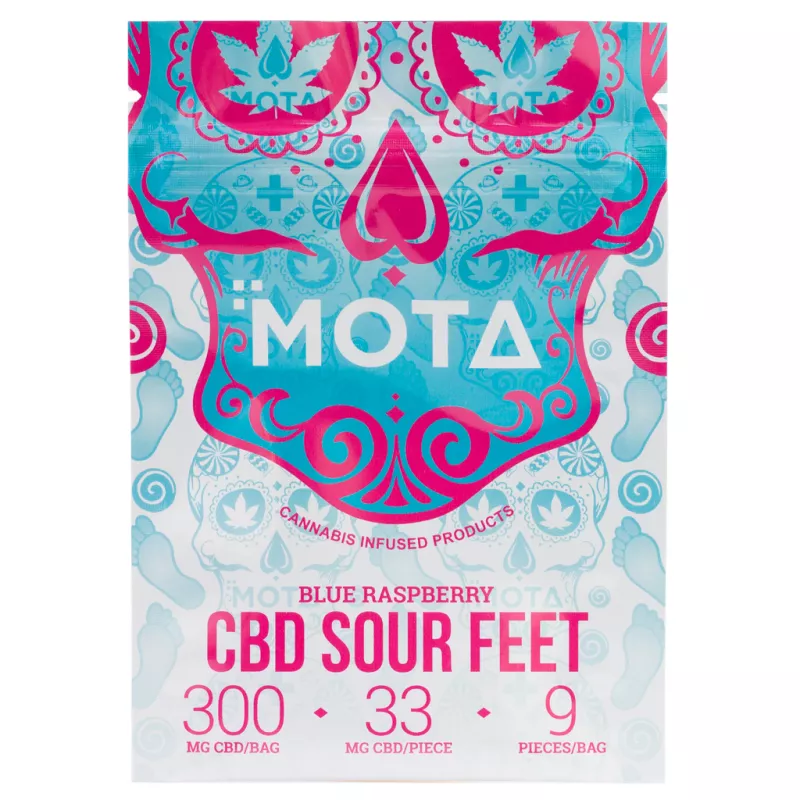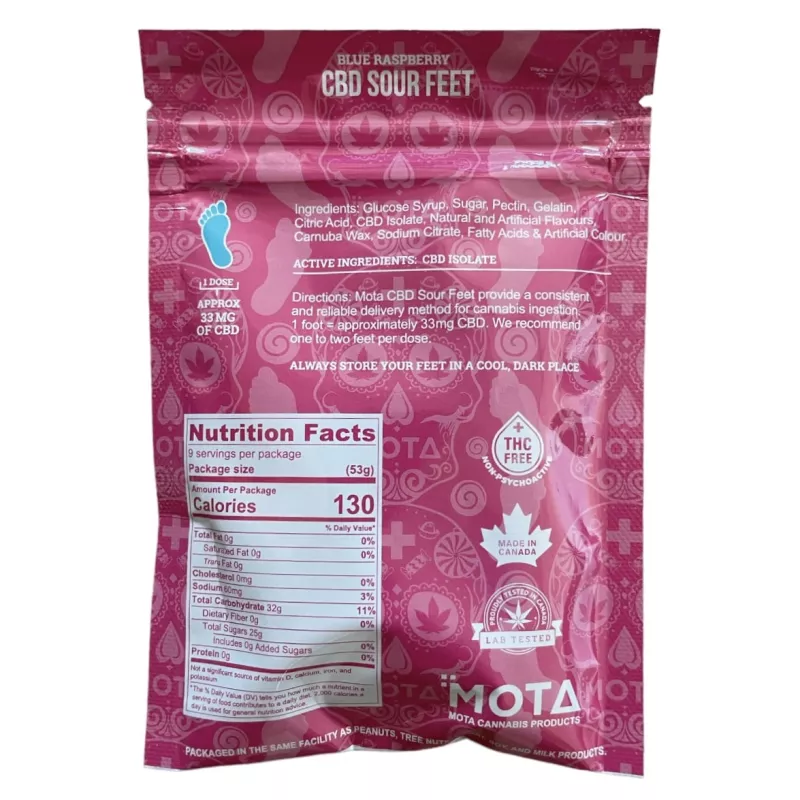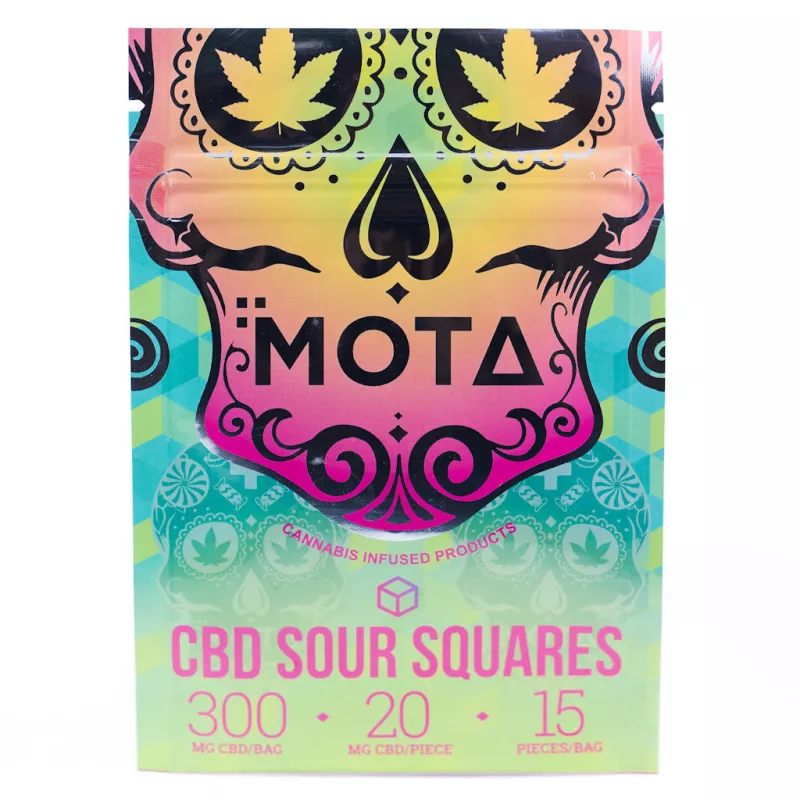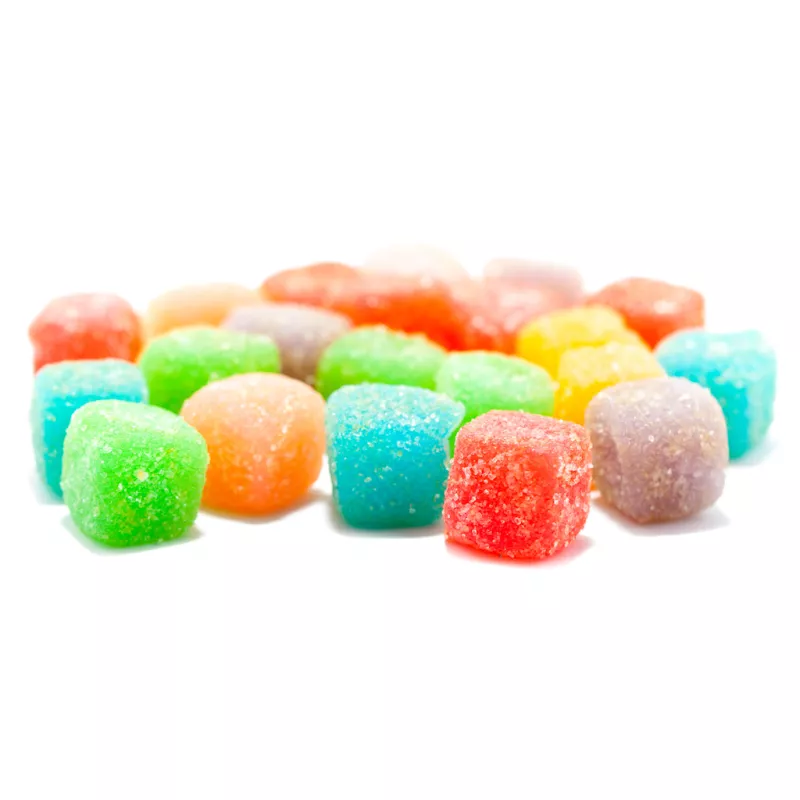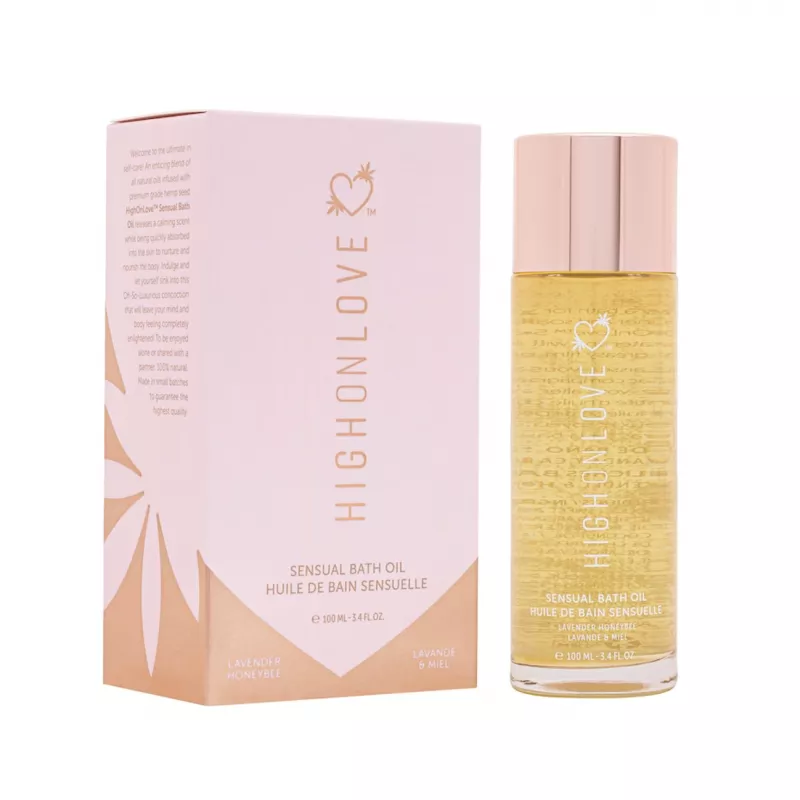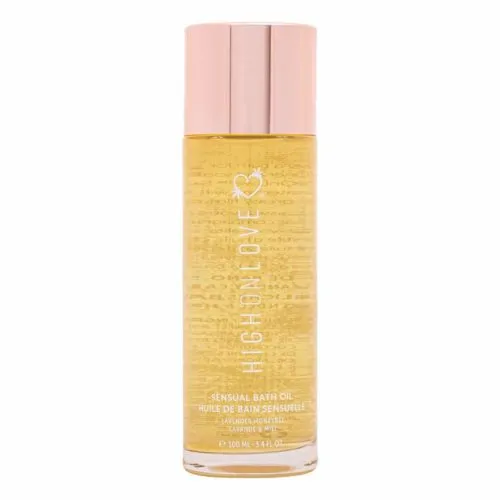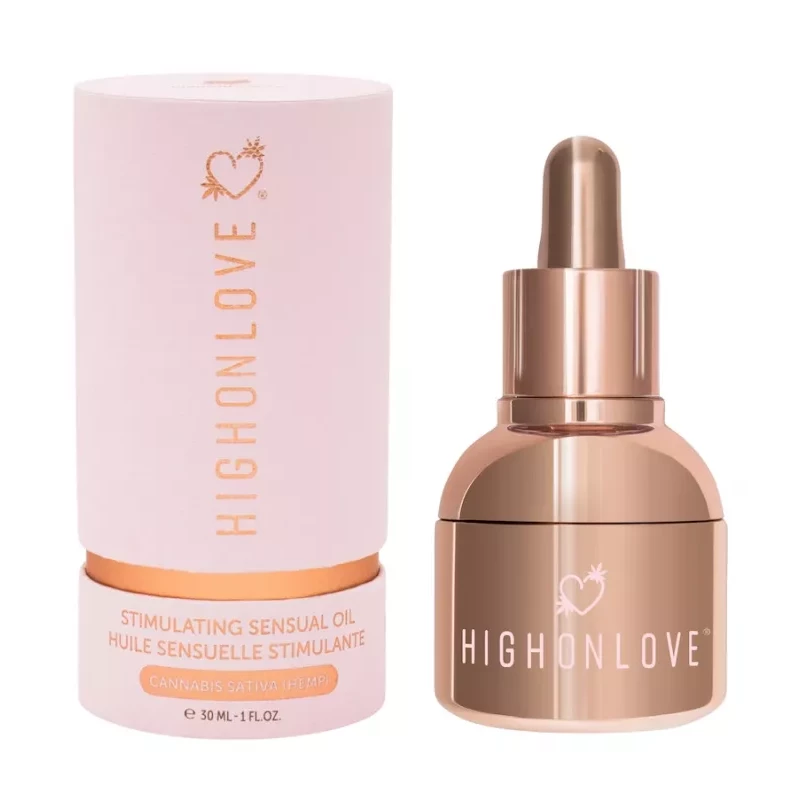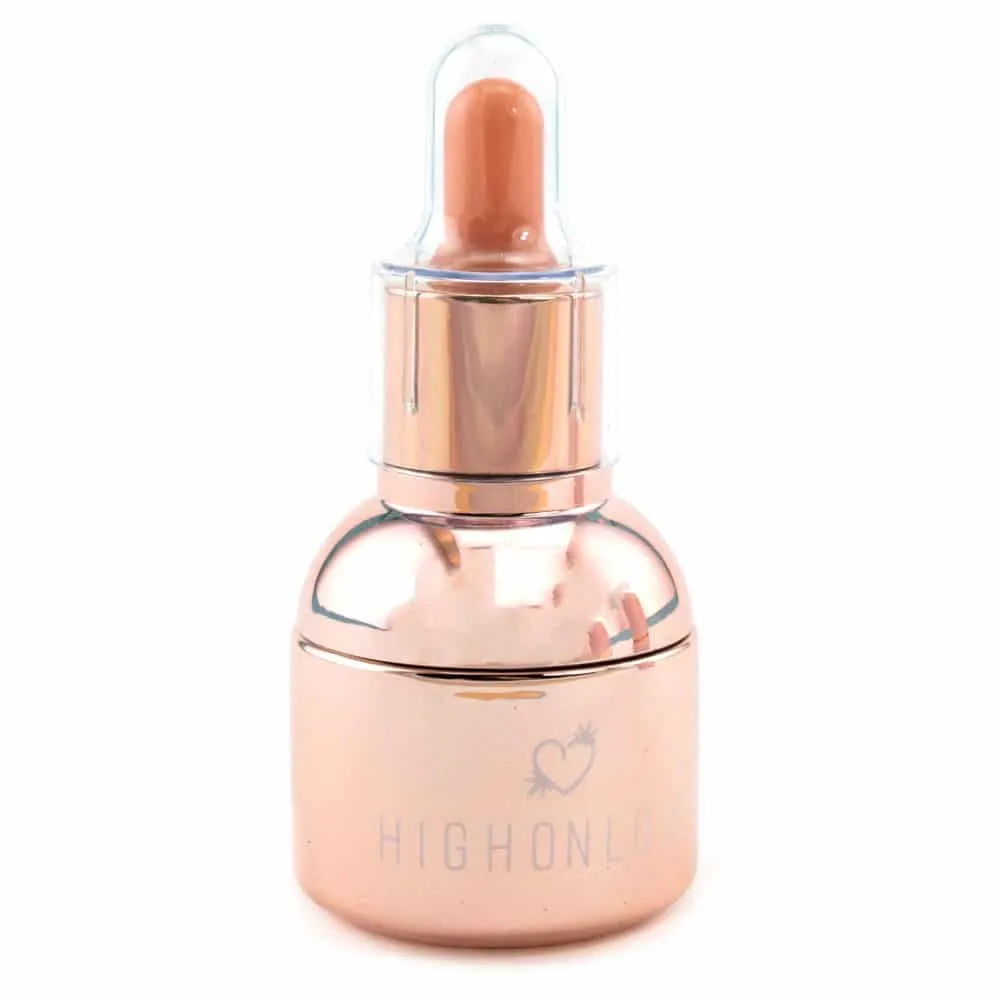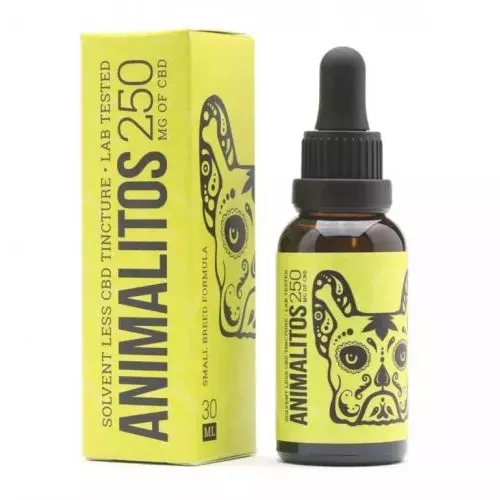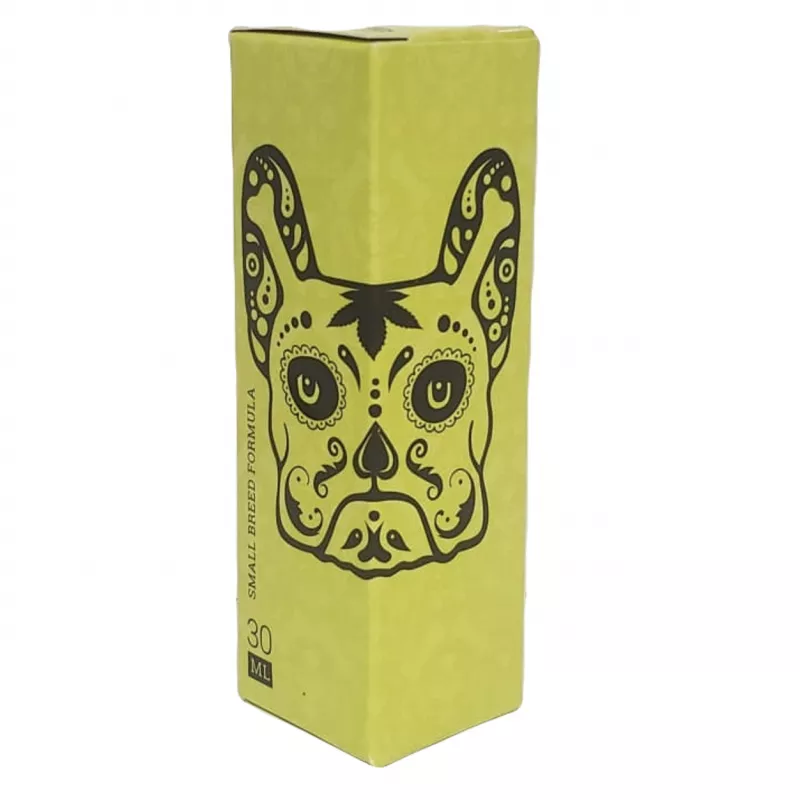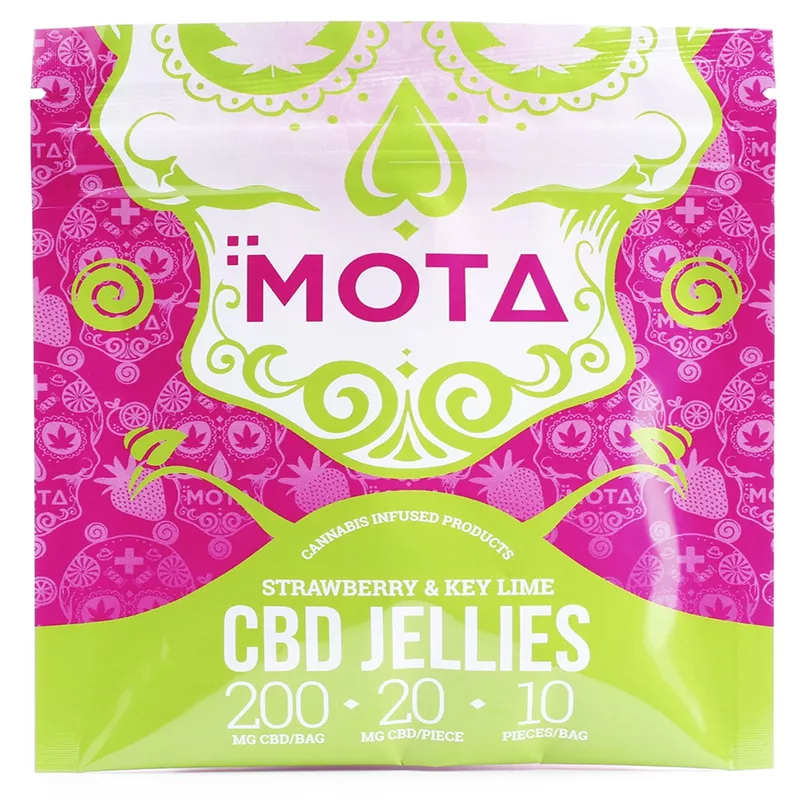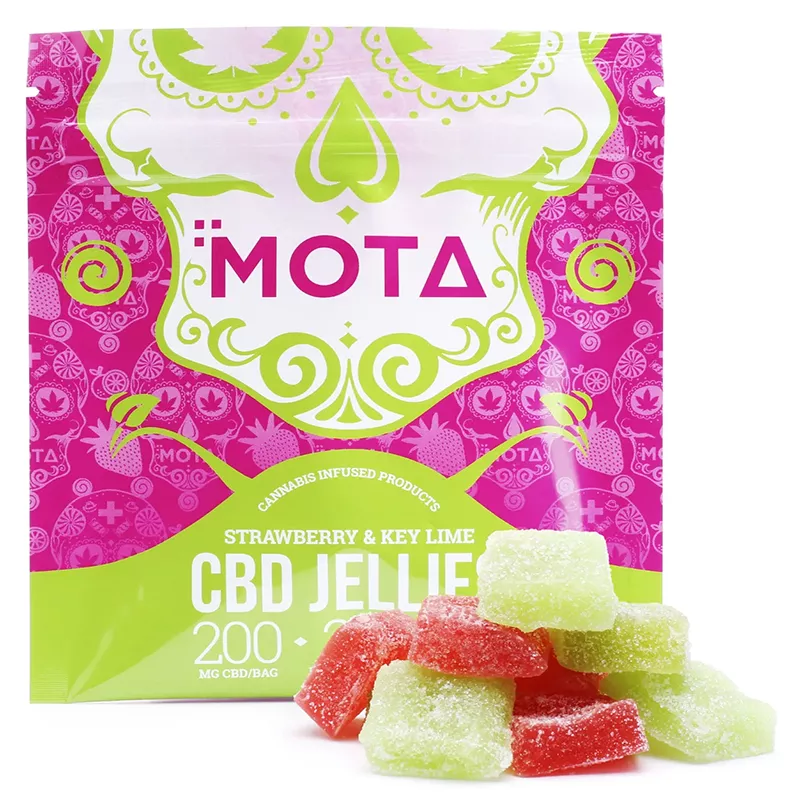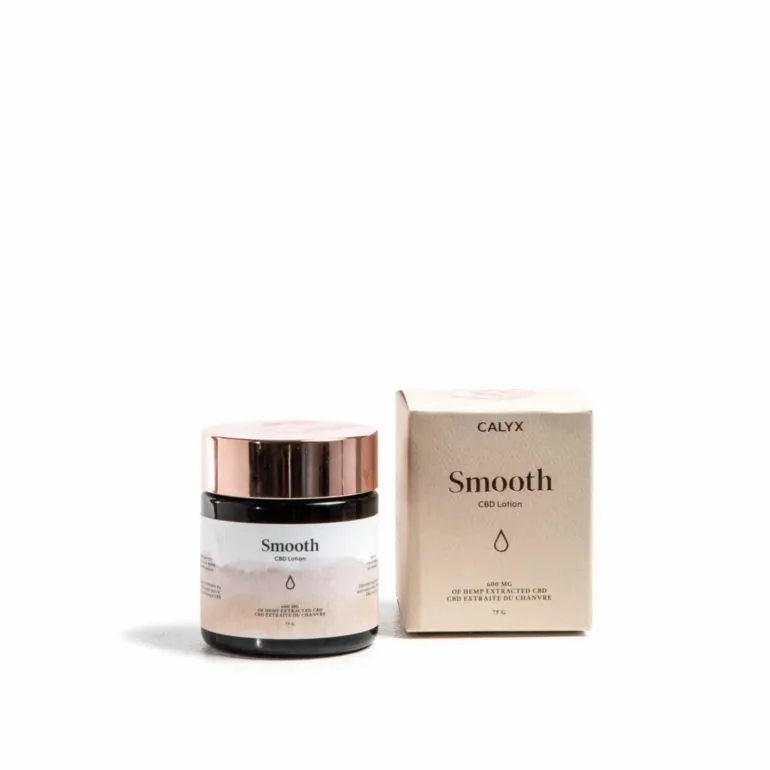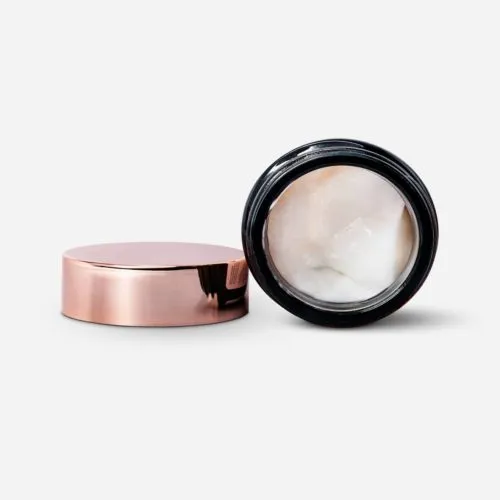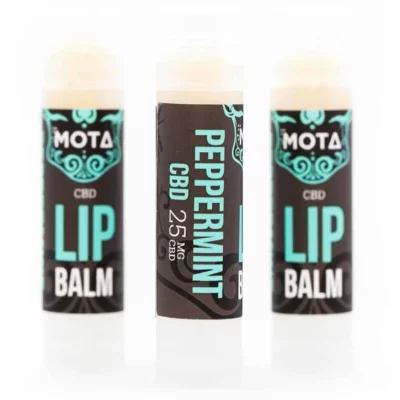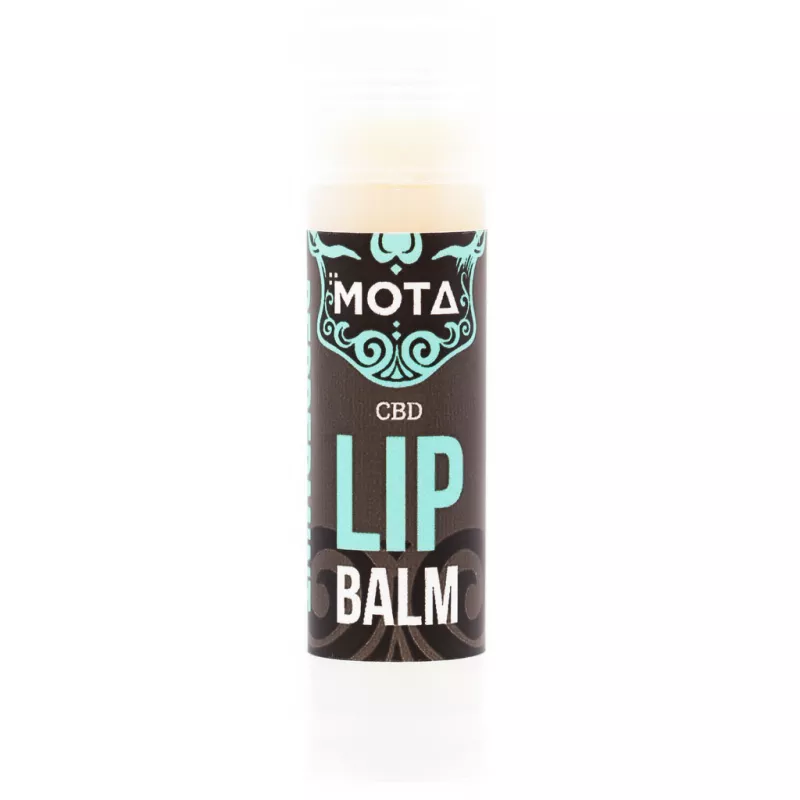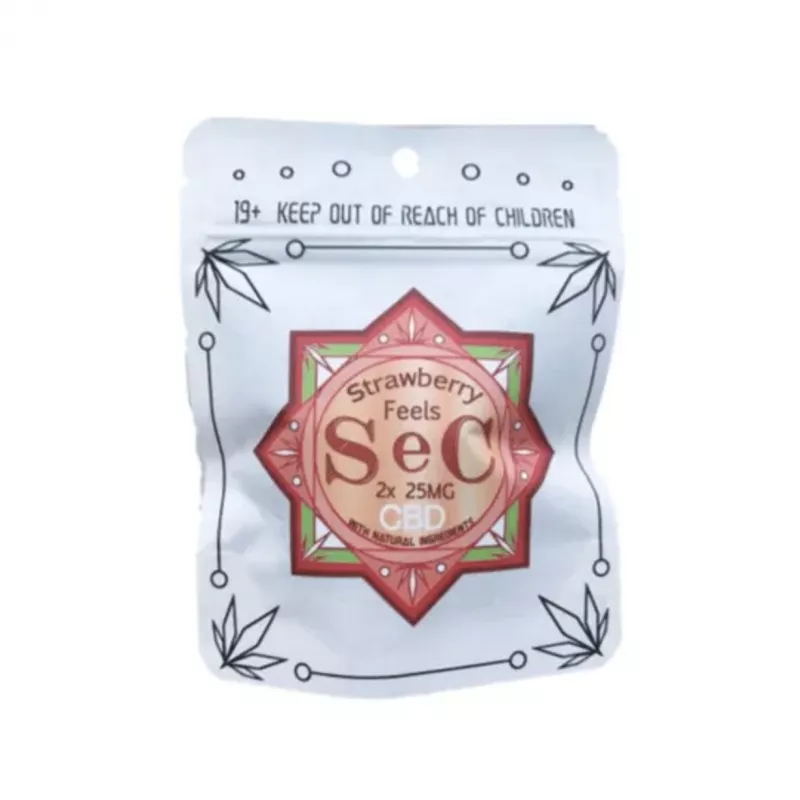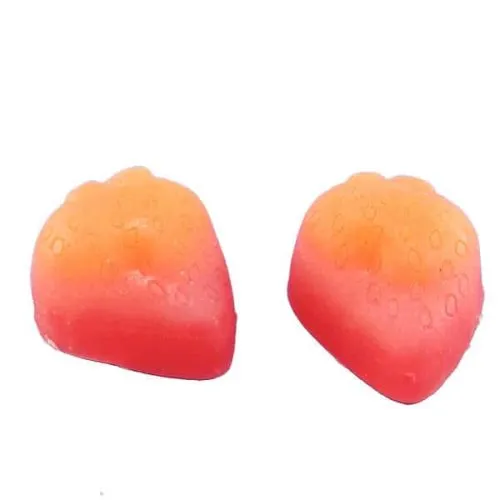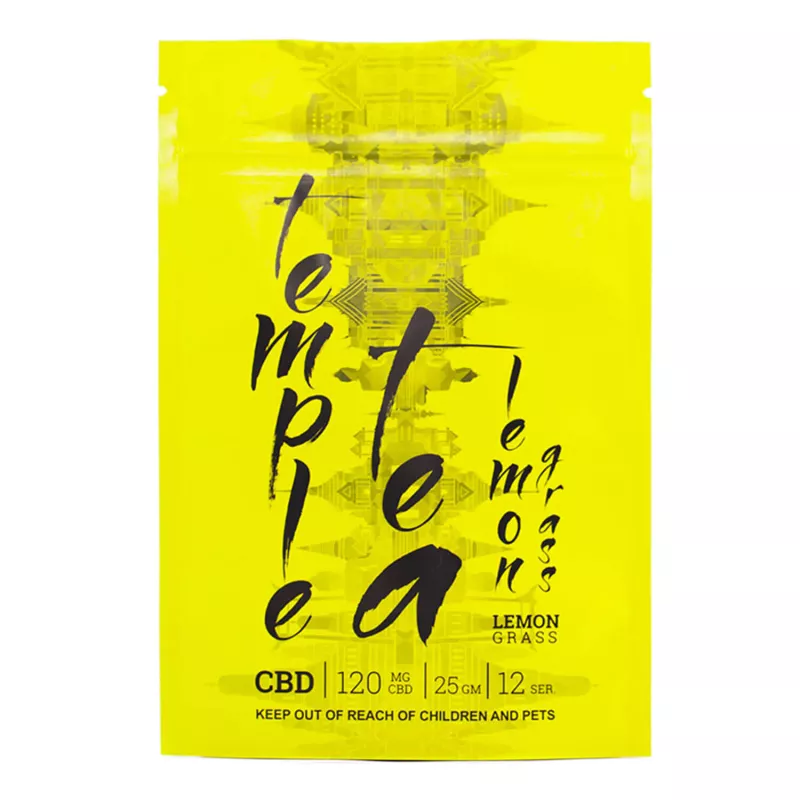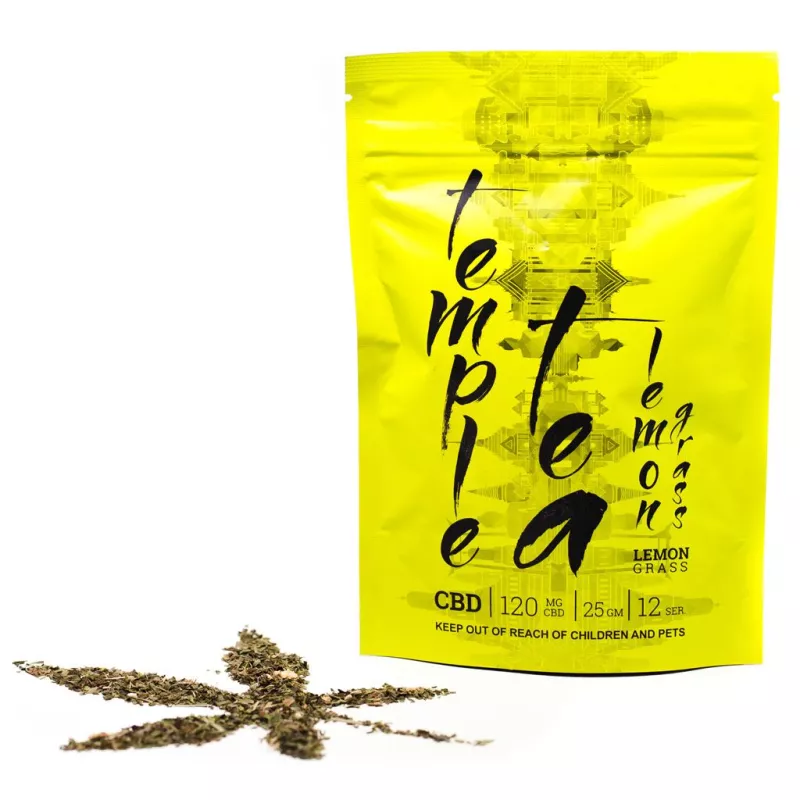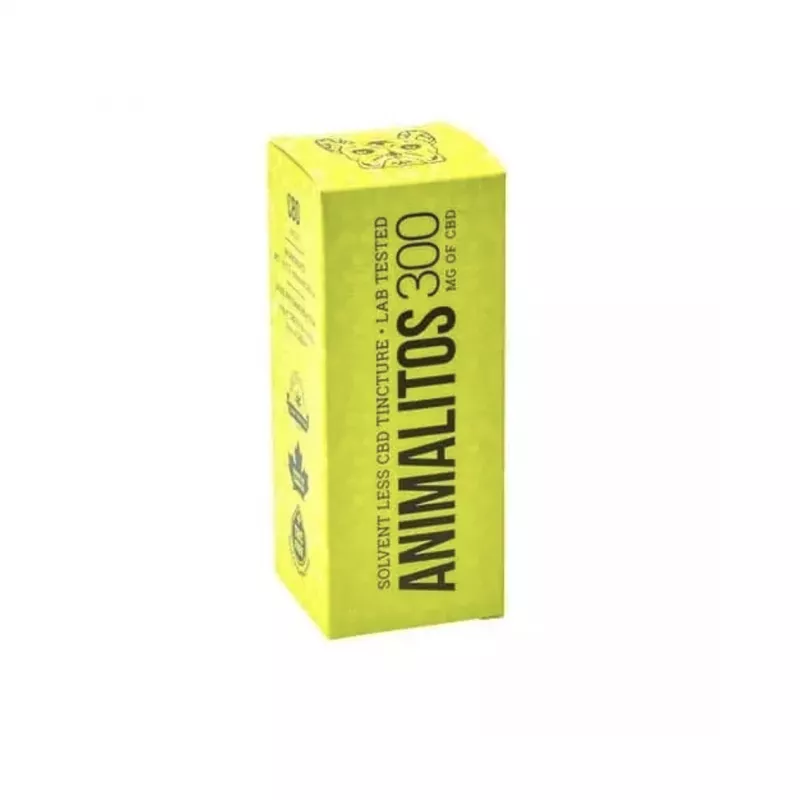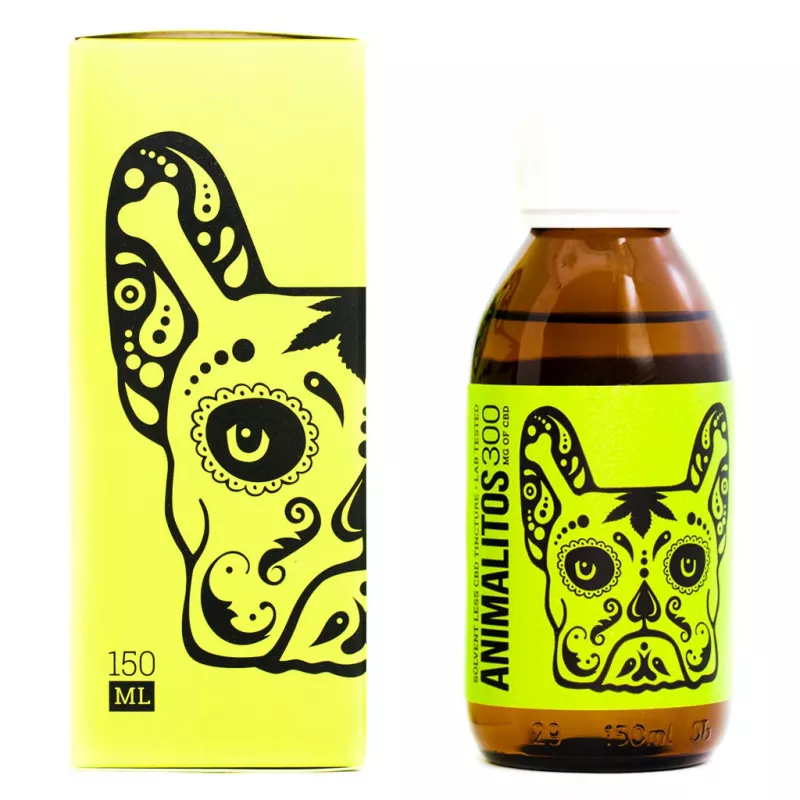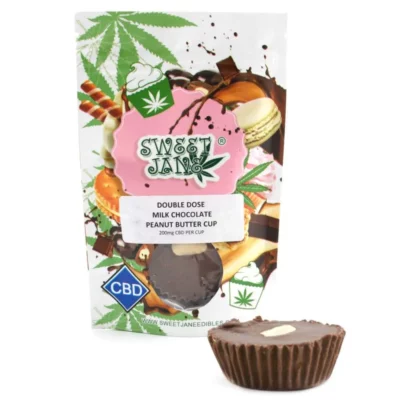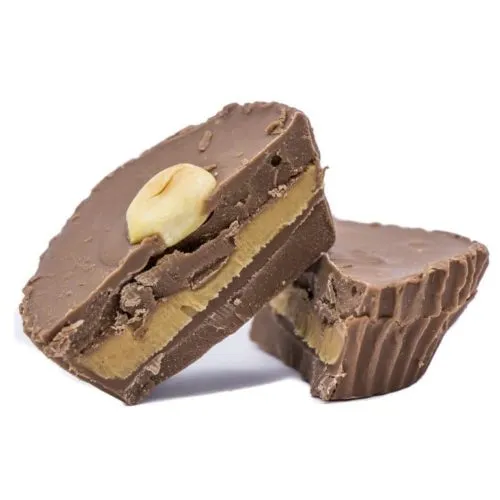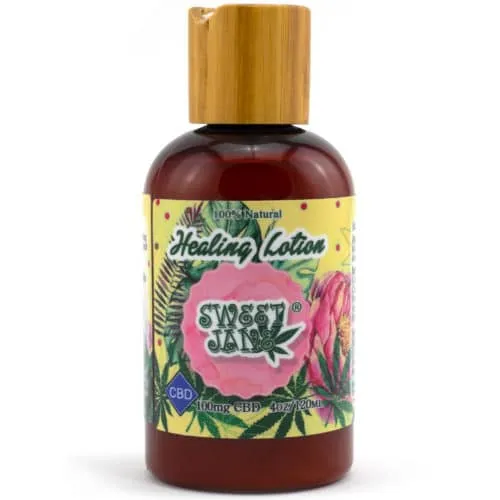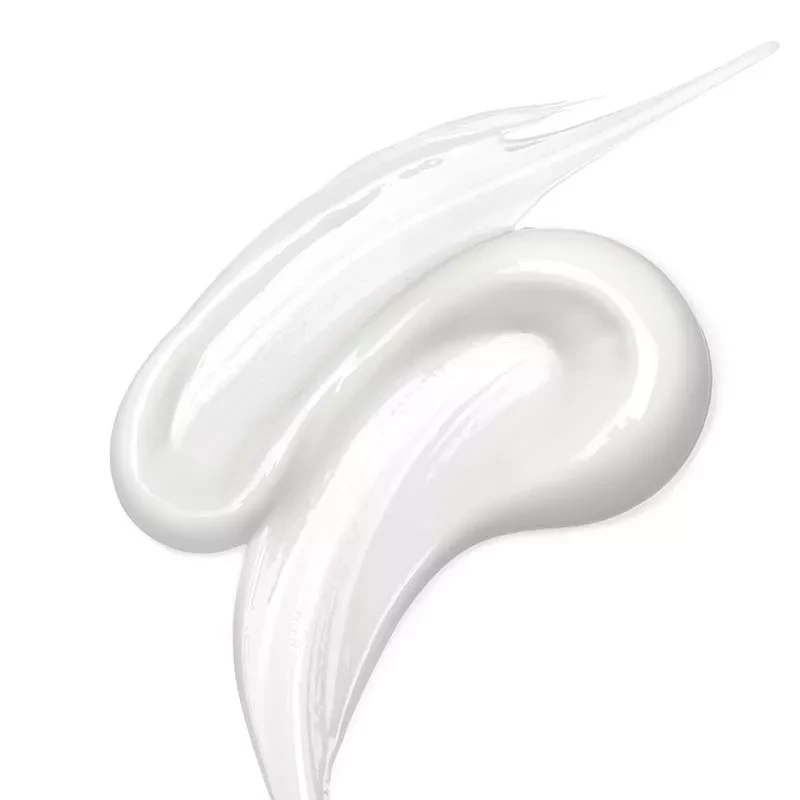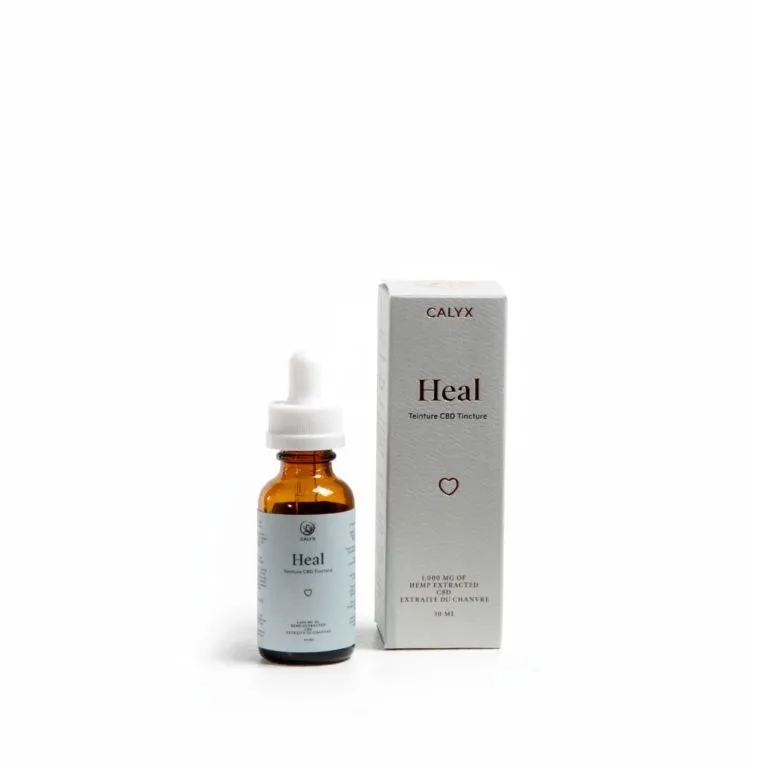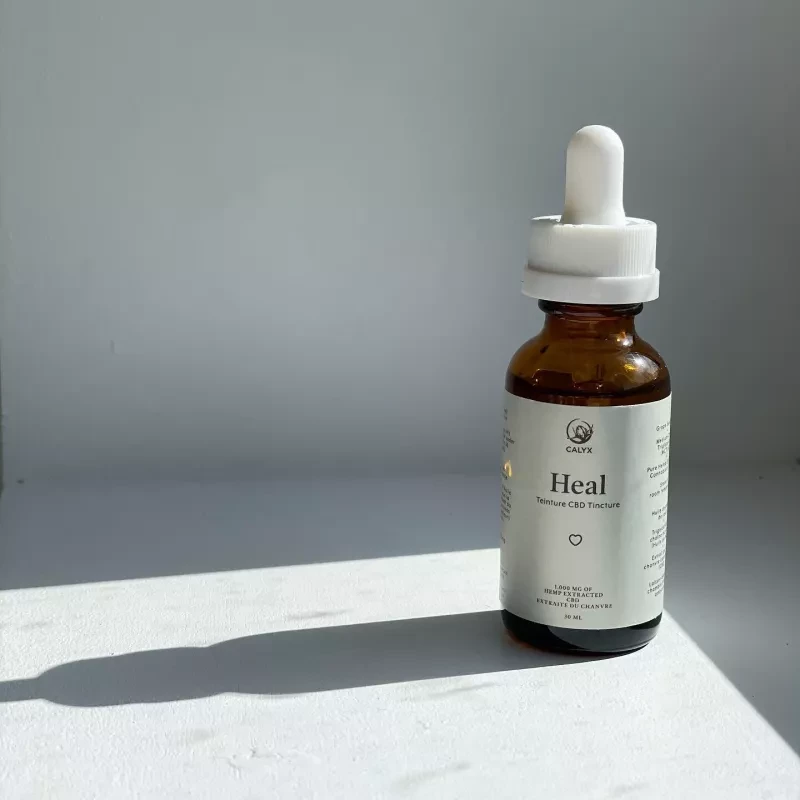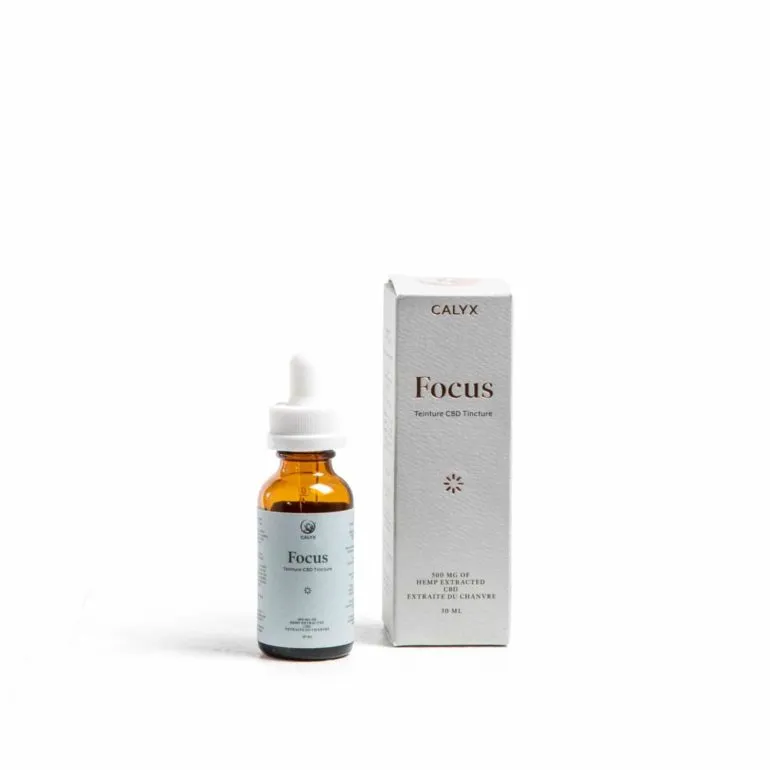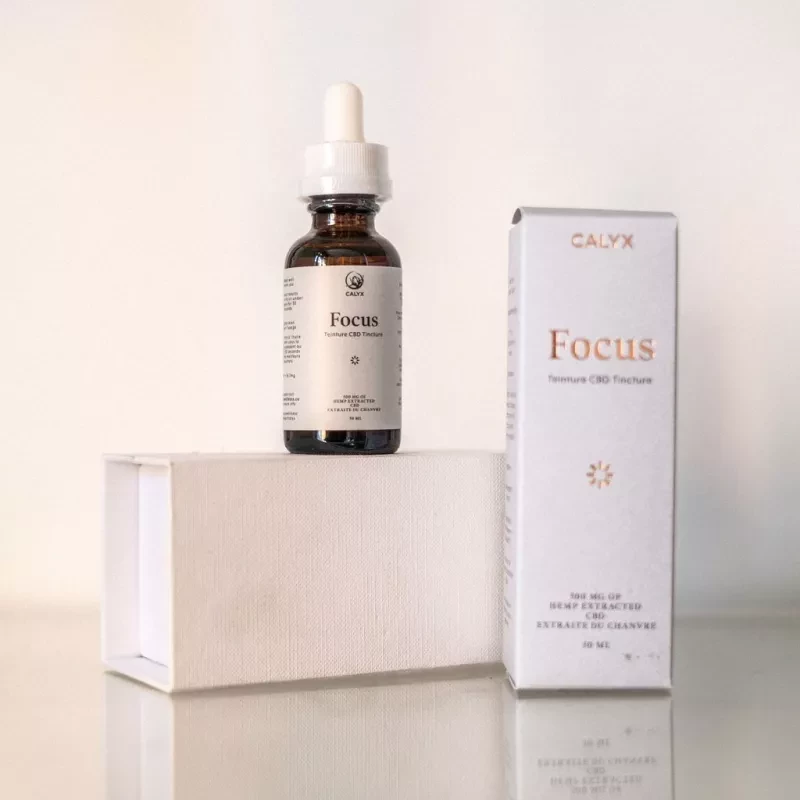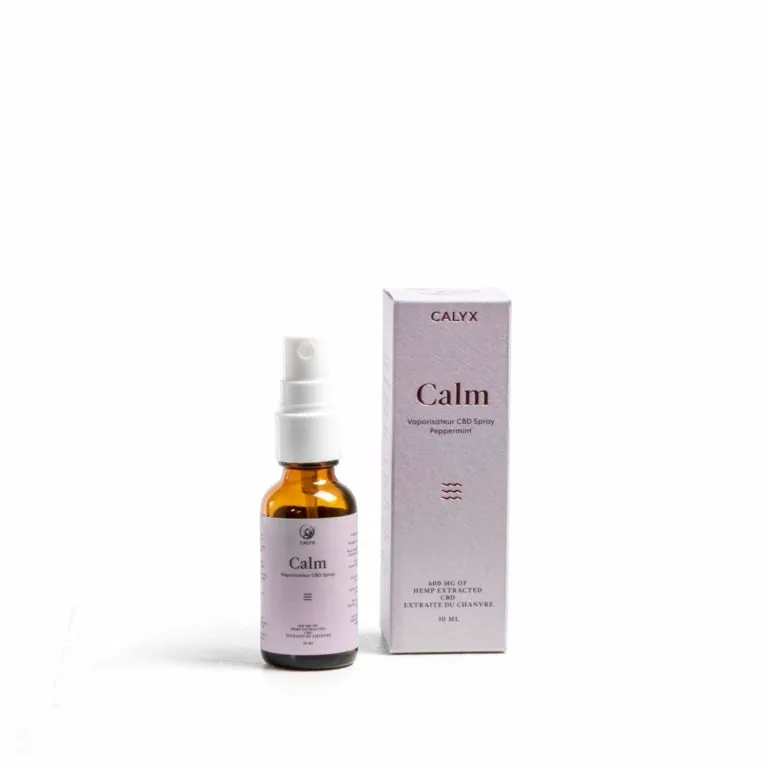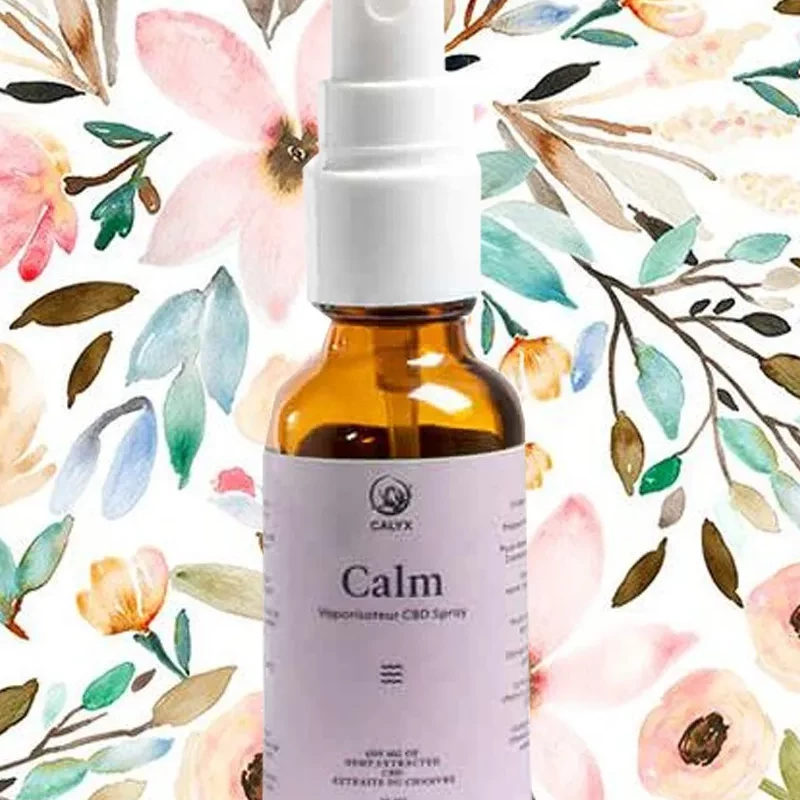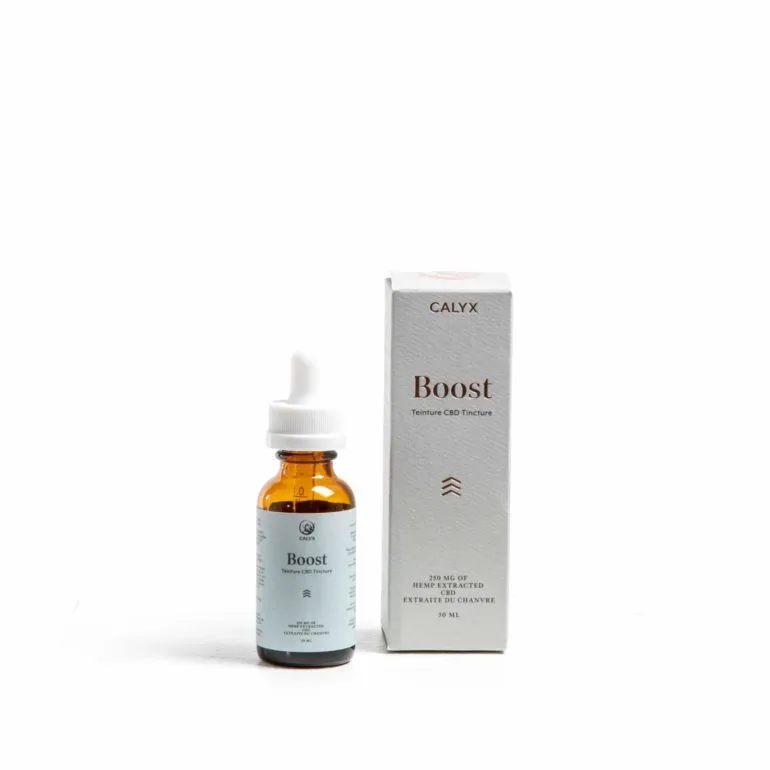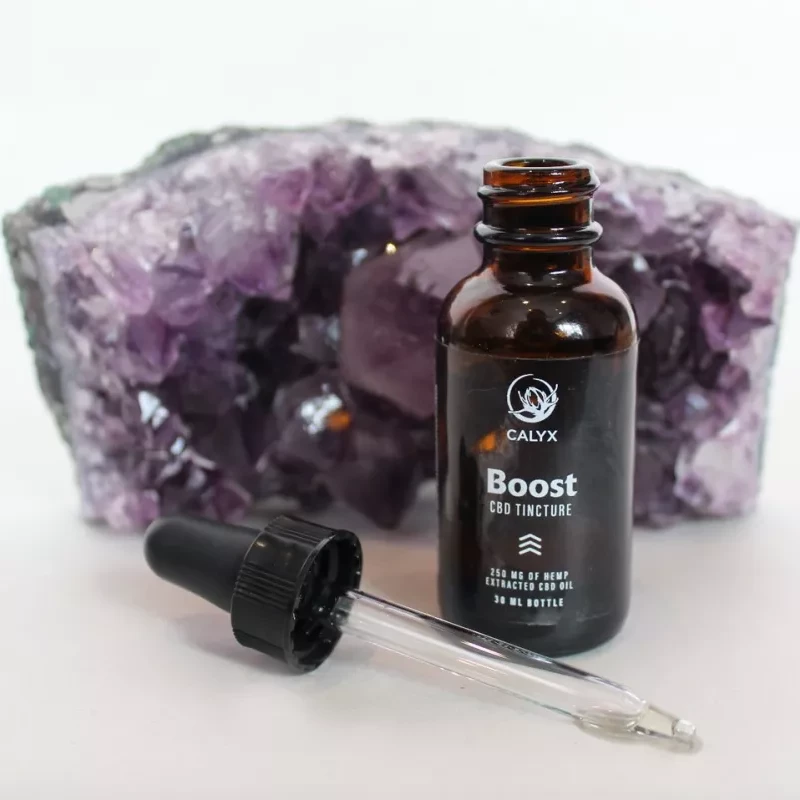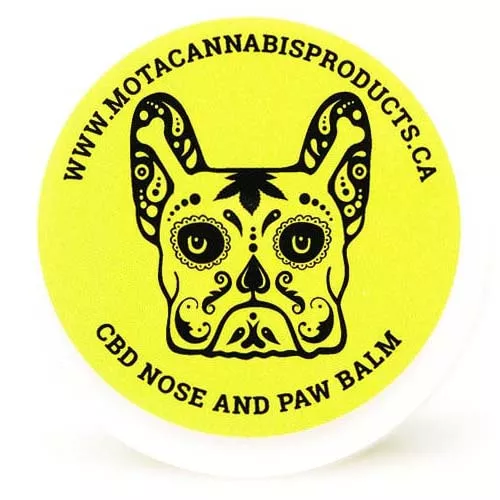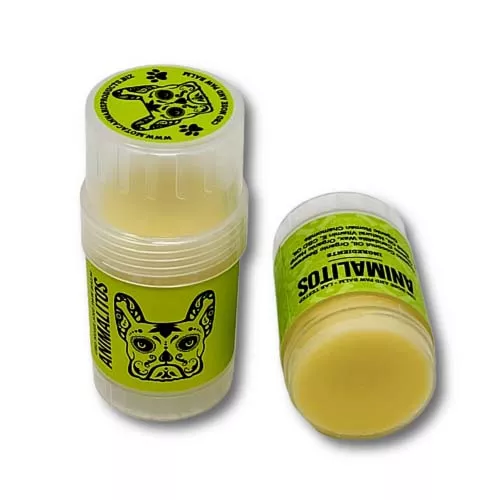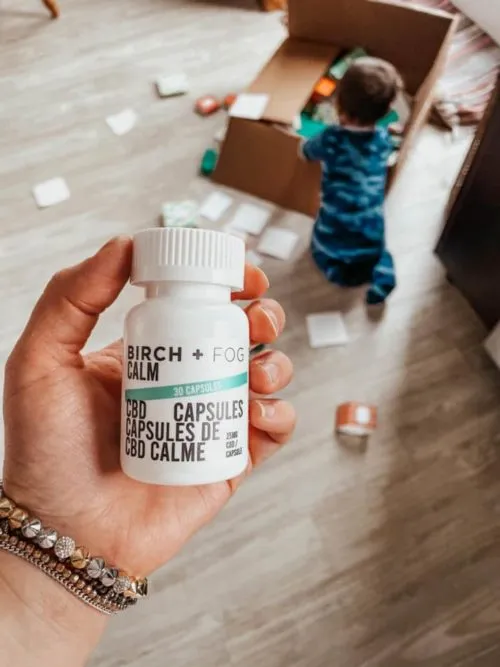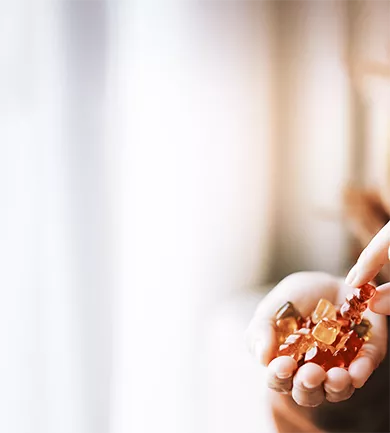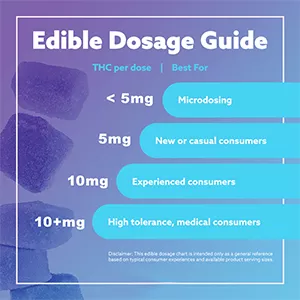Vaping CBD oil has become an increasingly popular way to enjoy the benefits of cannabidiol. CBD vape pens and CBD vape starter kits provide a fast, convenient method to get […]
- Shop All
- Type
- (144) THC>
- (75) CBD>
- Need
- Sleep>
- (21) Pain>
- (10) Anxiety>
- (6) Pets>
- (88) Edibles
- (14) CBD Edibles>
- (60) THC Edibles>
- (3) Ratio Edibles>
- (33) Hybrid Edibles>
- (87) Vegan>
- (5) Beverages>
- Strain
- (29) Indica>
- (24) Sativa>
- (47) Hybrid>
- (14) Tinctures
- (5) Anxiety Tinctures>
- (9) CBD Tincture>
- (1) Pain Tincture>
- (4) Ratio Tincture>
- (4) Sleep Tincture>
- (4) THC Tincture>
- (4) Capsules
- (1) CBD Capsules>
- (0) THC Capsules>
- (3) Ratio Capsules>
- Foggers
Shop CBD
-
Day + Night CBD Tincture Duo - Birch + Fog
THC 50mg | CBD 500mg$70.00 -
Sour Blue Raspberry Daily CBD Gummies - Birch + Fog
THC 0mg | CBD 450mg$15.00 -
Daily Sour Cbd Gummies - Birch + Fog
THC 0mg | CBD 450mg$15.00 -
Full Spectrum Cbd Tincture | Night Time - Birch + Fog
THC 10mg | CBD 500mg$48.95 -
Green Apple Full Spectrum Cbd Gummies - Kandy Kandy
THC 10mg | CBD 250mg$26.00 -
Mango Full Spectrum Cbd Gummies - Kandy Kandy
THC 10mg | CBD 250mg$26.00 -
Orange Full Spectrum Cbd Gummies - Kandy Kandy
THC 10mg | CBD 250mg$26.00 -
Strawberry Full Spectrum Cbd Gummies - Kandy Kandy
THC 10mg | CBD 250mg$26.00 -
Peach Full Spectrum Cbd Gummies - Kandy Kandy
THC 10mg | CBD 250mg$26.00 -
Mixed Fruit Full Spectrum Cbd Gummies - Kandy Kandy
THC 10mg | CBD 250mg$26.00 -
DEAL
Hydrating CBD Lip Balm (4Pack) - Birch + Beauty
THC 0mg | CBD 50mg$28.00 -
DEAL
Renew Anti Aging Cbd Skincare Set - Birch + Beauty
THC 0mg | CBD 100mg$112.90$111.80 -
DEAL
Soothe Daily Cbd Skincare Set - Birch + Beauty
THC 0mg | CBD 100mg$112.90 -
Radiate Cbd Eye Cream - Birch + Beauty
THC 0mg | CBD 750mg$48.00 -
Renew Daily Anti-Aging Cbd Moisturizer - Birch + Beauty
THC 0mg | CBD 50mg$74.00 -
Soothe Daily Calming Cbd Moisturizer - Birch + Beauty
THC 0mg | CBD 50mg$74.00 -
Lavender Cbd Soap Bar - Birch + Beauty
THC 0mg | CBD 100mg$11.00 -
DEAL
Charcoal Cbd Soap Bar - Birch + Beauty
THC 0mg | CBD 100mg$11.00$8.80 -
CBD : CBN Capsules 1:1 Ratio - Now + Then
THC 0mg | CBD 900mg$65.00 -
Full Spectrum Cbd Extract Glass Dispenser - Now + Then
THC 10mg | CBD 1000mg$25.00 -
1:1 Ratio Vegan Dark Chocolate Bar - Chocolit
THC 250mg | CBD 250mg$30.00 -
Vegan Cbd Dark Chocolate Bar - Chocolit
THC 0mg | CBD 500mg$30.00 -
1:1 Ratio Milk Chocolate Bar - Chocolit
THC 250mg | CBD 250mg$30.00 -
Classic Milk Cbd Chocolate Bar - Chocolit
THC 0mg | CBD 500mg$30.00 -
Citrus Menthol CBD Lozenges 200mg - Natuur
THC 0mg | CBD 200mg$12.00 -
Citrus Menthol CBD Lozenges 500mg - Natuur
THC 0mg | CBD 500mg$18.00 -
Lemon Honey CBD Lozenges 500mg - Natuur
THC 0mg | CBD 500mg$18.00 -
Unflavoured Cbd Pet Tincture - Natuur
THC 0mg | CBD 500mg$50.00 -
Salmon Cbd Pet Tincture For Cats - Natuur
THC 0mg | CBD 0mg$32.00 -
Awake Cbd Vape Cartridges - Kloud 9
THC 0mg | CBD 1000mg$33.00 -
Sleep Cbd Vape Cartridge - Cannalier
THC 0mg | CBD 500mg$32.00 -
Alleviate Cbd Vape Cartridge - Cannalier
THC 0mg | CBD 500mg$32.00 -
Tranquil Cbd Vape Cartridge - Cannalier
THC 0mg | CBD 500mg$32.00 -
Vitality Cbd Vape Cartridge - Cannalier
THC 0mg | CBD 500mg$32.00 -
Space Candy Cbd Vape Pen - Willo
THC 0mg | CBD 1100mg$45.00 -
Cbd Liquid Intimacy Tincture - Nectar Infusions
THC 0mg | CBD 1000mg$50.00 -
Daydream Divisible High Dose Thc Gummies - Bliss Edibles
THC 1080mg | CBD 0mg$45.00 -
Ageless Cbd Hand Treatment - Deea Boutique
THC 0mg | CBD 500mg$50.00 -
Cbd Micellar Water - Deea Boutique
THC 0mg | CBD 300mg$70.00 -
Utopic Cbd Massage Candle - Deea Boutique
THC 0mg | CBD 1000mg$40.00 -
Cbd Infused Gumdrops - Elevtd
THC 0mg | CBD 270mg$21.00 -
Water Based Cbd Personal Lubricant - Highonlove™
THC 0mg | CBD 200mg$45.00 -
Joint & Muscle Pain Cbd Roller - Daily Remedy
THC 0mg | CBD 200mg$24.00 -
Cbd Prerolls - Aloha
THC 0mg | CBD 1500mg$25.00 -
Cbd Coffee Mix - Faded Edibles
THC 0mg | CBD 100mg$10.00 -
Mini Cbd Pain Stick - Me First
THC 0mg | CBD 120mg$22.50 -
Pineapple Coconut & Cannabis Candle - Combustio
THC 0mg | CBD 0mg$9.00 -
Destress Cbd Roller - Daily Remedy
THC 0mg | CBD 200mg$24.00 -
Pms Relief Cbd Roller - Daily Remedy
THC 0mg | CBD 200mg$24.00 -
Cbd Hand Sanitizer - Sensitiva
THC 0mg | CBD 200mg$14.99 -
Exfoliating Cbd Body Scrub - Sensitiva
THC 0mg | CBD 750mg$34.99 -
Cbd Anti Aging Face Serum - Sensitiva
THC 0mg | CBD 1500mg$109.99 -
Cbd Personal Lubricant - Sensitiva
THC 0mg | CBD 1500mg$43.99 -
Cbd Body Firming Moisturizer - Sensitiva
THC 0mg | CBD 1000mg$74.99 -
Sleep Aid Cbd Roller - Daily Remedy
THC 0mg | CBD 200mg$24.00 -
Whipped Cbd Body Scrub - Delush
THC 0mg | CBD 300mg$39.95 -
Cbd Hot Chocolate - Faded Edibles
THC 0mg | CBD 100mg$11.95 -
DEAL
Headache Relief Cbd Roller - Me First
THC 0mg | CBD 200mg$35.95$28.76 -
Cbd Cat Treats - Cbd Goodies
THC 0mg | CBD 300mg$50.00 -
Cbd Pain Stick - Me First
THC 0mg | CBD 300mg$45.99 -
DEAL
Cbd Bath Bombs (4 Pack) - Ritual
THC 0mg | CBD 75mg$39.17 -
Blue Raspberry Cbd Sour Feet - Mota
THC 300mg | CBD 300mg$13.95 -
Cbd Gummies Sour Squares - Mota
THC 0mg | CBD 300mg$14.99 -
Sensual Cbd Bath Oil - Highonlove™
THC 0mg | CBD 100mg$39.95 -
Stimulating Sensual Oil - Highonlove™
THC 0mg | CBD 30mg$64.95 -
Animalitos Cbd Tincture For Small Dogs
THC 0mg | CBD 250mg$42.99 -
Cbd Jellies - Mota
THC 0mg | CBD 200mg$18.99 -
Smooth Cbd Lotion - Calyx
THC 0mg | CBD 600mg$64.95 -
Cbd Lip Balm - Mota
THC 0mg | CBD 25mg$10.99 -
Strawberry Feels Cbd Gummies - Sec
THC 0mg | CBD 50mg$7.95 -
Temple Cbd Infused Lemongrass Tea - Mota
THC 120mg | CBD 0mg$16.99 -
Animalitos Cbd Tincture For Large Dogs
THC 0mg | CBD 300mg$49.99 -
DEAL
Cbd Chocolate Peanut Butter Cup - Sweet Jane
THC 0mg | CBD 200mg$17.00$15.30 -
Healing Cbd Lotion - Sweet Jane
THC 0mg | CBD 100mg$20.00 -
Heal Cbd Tincture - Calyx
THC 0mg | CBD 1000mg$79.95 -
Focus Cbd Tincture - Calyx
THC 0mg | CBD 500mg$49.95 -
Calm Cbd Spray - Calyx
THC 0mg | CBD 600mg$54.95 -
Boost Cbd Tincture - Calyx
THC 0mg | CBD 250mg$29.95 -
Animalitos Cbd Balm For Nose & Paw
THC 0mg | CBD 0mg$11.99
New to CBD?
Benefits of CBD
Types of CBD
Forms of CBD
CBD Dosage
CBD Instructions
CBD & Pets
Is CBD Legal?
CBD FAQ
New to CBD?CBD for MeCBD BenefitsCBD TypesCBD FormsCBD DosageCBD IdeasCBD & PetsCBD LegalityCBD FAQThe Top 20 CBD Related Questions and FactsIs CBD a high-inducing substance? What are the real advantages? Will it come up positive on a drug test? Here's all you need to know about the wide range of CBD products hitting the market that are becoming increasingly popular by the day. We have compiled right here more than 150 tips, FQA's and ideas all about CBD within these tabs! We happen to know a lot about it. We make it, we sell it, we research it, we test our vendors products, we give it to our pets, our aging parents and we use it ourselves - extensively. There's no denying that CBD is the hottest wellness trend right now. Though you may reside in a region where CBD is currently legal, you may feel as if it has suddenly gone from being kind of peripherally around to suddenly being totally everywhere.
Coffee shops are selling CBD lattes, spas are offering CBD facials, and cosmetic businesses are hurrying to create products containing CBD or hemp oils. And everyone from your jittery coworker to your arthritis-suffering father wants to try CBD edibles, sprays & tinctures.
Even though it's found its way into almost every aspect of the top wellness trends (hello, vegan CBD brownies! ), many people still find CBD to be a little perplexing, especially when it comes to figuring out how to utilize it correctly and how to make sure the item you're buying is, well, what they say it is. We searched every corner of the web to find experts to respond to the most frequently asked CBD questions. So before your elderly mother asks you to help her buy some brownies online, check out this info, you will come away informed.
Here are twenty bite size pieces of information to get you started:
20 First and foremost, let's get this over with. What exactly is CBD?
According to Health Canada, CBD is a compound found in the cannabis plant. It is regulated in Canada under the Cannabis Act.
It's a naturally occurring ingredient that's utilized to create a sense of relaxation and serenity in items like oils and edibles. CBD is not psychoactive, unlike its cousin, delta-9-tetrahydrocannabinol (THC), which is the main active element in marijuana.
CBD (short for Cannabidiol) is an all-natural cannabis compound that provides all of the medicinal benefits of cannabis without the feeling of being “high”. Unlike its cousin, delta-9- tetrahydrocannabinol (THC), which is the major active ingredient in marijuana, CBD is not psychoactive and is considered a safe and non-addictive substance. It is just one of more than a hundred “phyto-cannabinoids,” which are unique to cannabis and endow the plant with it’s extensive therapeutic profile.
CBD can either be extracted from the Cannabis Plant or the Hemp plant, resulting in slightly different types or spectrums. There are two popular types of CBD, Full Spectrum and Isolate – check the TYPES OF CBD tab to learn more about their specific qualities.
19 So CBD isn't going to get me high?
Nope. CBD and THC are the two major components of the cannabis plant. CBD is the non-psychoactive part of the plant, so you won't have any effects like euphoria. You will not be sedated or influenced in any manner.
There are however, two exceptions to this rule. The first is that some people react to CBD differently for unknown reasons. About 5% of patients indicate they feel different after using CBD. They're usually the same people that suffer Advil or Tylenol side effects. Because you never know how your body will react to a new supplement, it's best to start using CBD under the guidance of a doctor or homeopath. It's also prudent to acquire CBD that has been third-party tested for quality assurance.
You need to be vigilant and check reviews and product labels any any other source of information you can get about the products you buy. At BIRCH + FOG, we have done this for you. We ensure only the best brands and products that meet our specific criteria for quality and dosage reliability will find a home in our shop, guaranteed.
18 What role does hemp play in all of this?
In relation to CBD, you've probably heard the names cannabis, marijuana, and hemp thrown about. Hemp and marijuana are the two main species of Cannabis sativa. Both include CBD, but hemp has a far larger amount than marijuana, which also has very low THC levels (less than 0.3 percent).
When people talk about hemp oil, they're talking about the oil produced from the hemp plants' seeds. Hemp oil has no cannabinoids (CBD or THC). This component is high in healthy fats and is frequently used in cosmetic products due to its hydrating properties.
17 What are the advantages of CBD in terms of health?
Epidiolex, the only CBD pharmaceutical currently approved by the FDA, was licensed last year for the treatment of certain forms of epilepsy. However, many others claim that CBD has helped them with a variety of other health issues, such as back pain, osteoarthritis, and even cancer.
"Every day, patients walk into my office asking about CBD," says Houman Danesh, MD, director of integrative pain care at New York City's Mount Sinai Hospital. However, despite the abundance of anecdotal evidence, he claims that "it's still extremely difficult to identify" what the true benefits are due to a severe lack of research.
"Right now, pharmacists are just trying to make sense of it and say, 'Yes, it works for this,'" he adds, "but that's not how medicine is practiced—it should be based on evidence, and there's not a lot of research to truly support these claims."
16 Is CBD still worth a shot for pain relief?
According to Dr. Danesh, there are two forms of pain: musculoskeletal and nerve pain. "Both ailments could benefit from it," he explains. The problematic issue, according to Dr. Danesh, is that some studies suggests CBD works best for pain when paired with a small amount of THC. "Depending on the sort of pain you have, you may be able to get by with just CBD, but sometimes CBD and THC are required."
It's also difficult to figure out how much to take; a dosage that relieves one patient's discomfort may do very little for another. "Until we can examine it," Dr. Danesh continues, "it's the wild west."
What's the takeaway? Dr. Danesh said, "I think CBD is a safe thing to try." However, he encourages patients to campaign for greater study by putting pressure on lawmakers to approve national measures that would allow scientists to examine CBD and the illnesses that react to it more closely.
15 I'm worried about my anxiety; can CBD help?
CBD might be worth a shot if you're suffering from anxiety. Dr. Chin explains, "[CBD] tells your body to relax and reminds you that you're secure." People with anxiety may find it helps them feel more relaxed because it "mellows out the nervous system so you're not in a heightened 'fight or flight' response," she explains.
One of the most common misconceptions regarding CBD is that it's a miracle medication. "Many people believe CBD is a cure-all, but it isn't," Dr. Chin explains. "You should also have a healthy lifestyle that includes plenty of exercise and decent nutrition—CBD will not solve all of your problems." Edibles, tinctures, and vape pens are all used to mitigate anxiety.
14 What is the most effective way to consume CBD?
It all depends on your objectives and why you're using CBD in the first place.
Some folks choose a topical CBD cream or ointment if they don't want to ingest anything. You can apply it to muscles, joints, and ligaments and still get a beautiful, localized relief.
The most significant variations between tinctures, edibles, and vape pens are the speed with which they are delivered and the duration of their effects. Vape relief is faster, but it also wears off faster—usually in approximately two hours. For example, if you wake up in the morning with a pulled back, you may use a CBD vape pen, which delivers in 10 minutes.
Tinctures and edibles take longer to take effect, but they last for four to five hours. A tincture is a liquid that you put under your tongue and you experience relief within half an hour. You can also choose an edible, whether it's a capsule, gummy, or baked item, if you wish to taste anything.
13 What are important things to consider before buying CBD products?
At this moment, there are literally hundreds of CBD brands. When shopping, there are a few things to bear in mind.
Recognize and Understand Your Health Problem.
CBD has been shown in numerous studies to be useful in treating a variety of health issues that impact the human body. Stress, anxiety, sadness, chronic pain, epilepsy, skin disorders, muscle spasms, and other health conditions have all been linked to it. As a result, determine your particular medical problem and seek medical advice. A doctor can clear up any questions you have about using CBD to treat your ailment, as well as assist you in selecting a safe dosage.
The Origins of the Hemp.
CBD is derived from hemp plants, as we all know. However, it is critical to ensure that they are grown in accordance with all agricultural regulations. Plants absorb whatever they can from the air, soil, and water. Some compounds absorbed by the plant can be hazardous to it. If significant levels of chemical pesticides or other compounds are used to produce the hemp plant, they may wind up in the CBD oil. As a result, it's always a good idea to look for reputable companies that sell safe CBD products.
Always Examine the THC Content.
It's critical to examine the THC percentage of the CBD product you're about to purchase. Although the use of CBD is permitted in most places in the United States, the usage of THC is prohibited in some. As a result, it's crucial to examine whether the CBD product's THC content is 0.3 percent or below. If you want to buy and consume a CBD product with a high THC content, you must live in a state that has legalized cannabis for recreational use.
Before you buy something, look at the ingredients list.
Keep in mind that one of the most important things to do before purchasing a CBD product is to check the ingredient list. CBD products frequently include additional substances such as melatonin and MCT oils, which can provide additional advantages. Melatonin is a hormone that can help you sleep better. However, some CBD products contain hazardous ingredients like propylene, glycol, and vegetable glycerin. Artificial colors and flavors are also used in CBD edibles like CBD gummies, which are neither detrimental nor beneficial to the body.
Recognize the CBD Terminologies.
Understanding the various CBD terminologies used in the packaging of CBD products, such as CBD isolate, full spectrum CBD, and broad spectrum CBD, is beneficial. CBD isolate is CBD that has been isolated from all other cannabinoids and chemicals in the plant, including THC, after being taken from industrial hemp. CBD isolate is a CBD extract that is 99 percent pure. All of the natural cannabinoids and other chemicals found in hemp plants, including vitamins, minerals, fatty acids, terpenes, and flavonoids, are present in full spectrum CBD. THC, which is prohibited in many jurisdictions but has numerous health advantages, is also present in full spectrum CBD. Full spectrum CBD without THC is known as broad spectrum CBD. If you want to reap the advantages of all the components found in hemp without experiencing the euphoric effects of THC, broad spectrum CBD is your best bet.
Examine the Lab Report.
It is critical to read the lab report to ensure that you are purchasing a high-quality CBD product. Every legal CBD manufacturer makes a proper lab result available for buyers to read on their website. If the lab result is not available on the company's website, you should contact them personally. Look for the report's publication date when you're reading it. Because a current report is more likely to be trustworthy. The level of pollutants is another key factor to consider. The product is safe to use if it earned a pass classification.
Check the Price against other brands.
One of the most essential elements in deciding whether or not to purchase a product is its price. When you locate a CBD product that you like, compare it to other CBD products that have similar attributes. Check for a reason if the prices of the products are drastically different. Shipping costs, brand value, and any relevant discounts are the most common reasons for pricing discrepancies. However, make sure that the extra money you're spending is for additional nutrients that are good for your body, not for flashy packaging.
With these helpful hints in mind, you'll be able to confidently purchase a high-quality CBD product that will offer you the desired results.
12 This CBD product claims to be a supplement, is it?
If it's a dietary supplement, it should include a back panel with a Health Canada disclaimer and warning section. It would be ideal if you could also get access to their third-party lab testing reports.
In relation to that: Has it been tested by a third party? Almost every expert we spoke with agreed that you should have your CBD products evaluated by a third party to ensure the label is accurate. This is a legitimate problem in the market; for example, a research published in the Journal of the American Medical Association found that 26% of CBD products contained lower amounts than claimed on the label. If you don't see it on the product's label, look for a quality assurance stamp or certificate of analysis from a third party (i.e., not the real brand) or check the retailer's website.
11 What is the recommended dosage?
Many folks are perplexed by this one. According to Chris Roth, CEO and co-founder of Highline Wellness, "a lot of manufacturers don't do a good job of explicitly advising their consumer on the dose." Consider if your CBD is full-spectrum or isolate before deciding on a dosage: Full-spectrum may contain other cannabinoids such as cannabidivarin or cannabigerol (this is essential because "there's something called the 'entourage effect,' where all of them together are more powerful than any one of them alone," Roth adds), whereas isolate has only CBD. "Some people may only require 10 milligrams of full-spectrum CBD, while even 80 or 100 milligrams of isolate may not have the same impact," he explains.
10 The product claims to to be able to heal any diseases, is this correct?
If that's the case, you should probably pass. "Any company that makes sickness claims should be avoided," Beatty advises. "If that's the case, it shows they're either eager to breach the rules or don't know what the rules are."
9 Is there supposed to be a batch number on the product?
When there's a recall on raw chicken or bagged lettuce, you check to be sure the one you bought isn't going to make you sick. That should be possible with CBD products as well. This is a big indicator of whether or not they're using appropriate manufacturing methods. There should be a mechanism to identify this product if it was created incorrectly so the manufacturer can issue a recall.
8 Are there any other ingredients in it?
You should be aware of what you're taking in addition to the main event, as with any supplement. Occasionally, CBD makers will add melatonin.
7 Should you believe it when you see it in person?
CBD products are currently available in many regions at shopping malls, convenience stores, and even coffee shops. Natural grocers, on the other hand, are a safe brick-and-mortar place to buy CBD when in doubt, according to Beatty. "They usually have a vetting mechanism in place that takes care of some of the legwork for you."
6 Is CBD detectable on a drug test?
It shouldn't, as long as you're getting third-party tested CBD with no additional THC. Athletes, who are frequently subjected to more sensitive drug testing, may conceivably test positive for minuscule levels of THC if they've been taking CBD products.
5 How does CBD actually work?
CBD and THC interact with our bodies in a variety of ways, but mainly by mimicking and augmenting the effects of the compounds in our bodies called “endogenous cannabinoids”. They are named as such because of their similarity to compounds found in the cannabis plant. These “endocannabinoids” are part of what scientists refer to as the “endocannabinoid system.” The endocannabinoid system plays a crucial role in regulating a broad range of physiological processes that affect our everyday experience. These include but are not limited to our mood, our energy level, our gut health, immune activity, blood pressure, bone density, glucose metabolism, how we experience pain, stress, hunger – and the list goes on!
4 If the endocannabinoid system doesn’t function properly, what are the consequences?
Stress and potentially disease within the body. Research has shown that the endocannabinoid system is dysregulated in nearly all pathological conditions. Thus, it stands to reason that modulating endocannabinoid system activity may have therapeutic potential for the body.
3 What is the evidence for cannabidiol health benefits?
CBD has been touted for a wide variety of health issues, but the strongest scientific evidence is for its effectiveness in treating some of the cruelest childhood epilepsy syndromes, such as Dravet syndrome and Lennox-Gastaut syndrome (LGS), which typically don’t respond to antiseizure medications. In numerous studies, CBD was able to reduce the number of seizures, and, in some cases, it was able to stop them altogether. Videos of the effects of CBD on these children and their seizures are readily available on the Internet for viewing, and they are quite striking. Recently the FDA approved the first ever cannabis-derived medicine for these conditions, Epidiolex, which contains CBD.
2 What's the actual bottom line on cannabidiol?
Some CBD manufacturers have come under government scrutiny for wild, indefensible claims, such that CBD is a cure-all for cancer, which it is not. We need more research but CBD may be prove to be an option for managing anxiety, insomnia, and chronic pain. Without sufficient high-quality evidence in human studies we can’t pinpoint effective doses, and because CBD is currently is mostly available as an unregulated supplement, it’s difficult to know exactly what you are getting. If you decide to try CBD, talk with your doctor — if for no other reason than to make sure it won’t affect other medications you are taking.
1 Last but not least, Is it okay if I give it to my dog?
Have you considered giving your dog one of those CBD dog biscuits? "We expect CBD products to be safe in general, and they may show some benefit for anxiety in pets," says John Faught, DVM, an Austin-based veterinarian. However, the problem with CBD products for pets is the same as it is with people: there isn't enough study. "I believe there are decent things out there now," Faught says, "but I'm not sure how to tell them apart at this moment."
Are you looking for CBD tips and products? Check out our roundups of the finest CBD oil brands this year, as well as dietitian-recommended CBD gummies and the best pain-relieving topical CBD creams. Also don't forget to check our other tabs for more great tips, dosage and faq!Top 20 Benefits of CBDWhat are the benefits of CBD?
CBD can be taken daily for cell regeneration and overall health. Cannabis-derived cannabidiol (CBD) oil is a cannabis-derived product. It's a cannabinoid, which are substances found in marijuana plants naturally. CBD does not produce a “high” or any type of intoxication, despite the fact that it comes from marijuana plants; THC is the cannabinoid that does.
Because of recreational marijuana use, there is some debate around cannabis products like CBD oil. However, people are becoming more aware of the potential health benefits of CBD oil.
Here's a top 20 count down of important points you need to know about the above potential CBD medical applications and the current state of research so you can make informed decisions:
20 Anxiety
CBD may be able to assist you in overcoming anxiety. It may alter the way your brain's receptors respond to serotonin, a neurotransmitter connected to mental wellness, according to researchers. Receptors are little proteins connected to the surface of your cells that receive chemical messages and help your cells respond to various stimuli.
A 600mg dose of CBD was proven to help patients with social anxiety give a speech in one study.
A four-minute lecture with little time to prepare might be exhausting for students with generalized social anxiety. In a simulated public speaking test, a small study published in the journal Neuropsychopharmacology reported that CBD seemed to improve uneasiness and cognitive impairment in patients with social anxiety.
In contrast to the placebo group, healthy volunteers who were given CBD exhibited little to no change in their emotional response to unpleasant images or phrases in a double-blind research. “If it's a calming medicine, it should affect their responses to the stimuli,” said Harriet de Wit, co-author of the study and professor of psychiatry and behavioral neuroscience at the University of Chicago. “However, it did not.”
19 Post-Traumatic Stress Disorder (PTSD)
CBD has also been demonstrated in animal tests to help with anxiety relief by reducing stress and decreasing physiological symptoms of anxiety, such as an increased heart rate.
alleviating post-traumatic stress disorder (PTSD) symptoms and inducing sleep in insomnia cases.
Many troops return home plagued by combat and PTSD, and they frequently avoid activities, locations, or people who remind them of their traumatic experiences. The Veterans Affairs Department is supporting the first CBD trial, which will combine CBD with psychotherapy.
The study's primary investigator, Mallory Loflin, an assistant adjunct professor at the University of California, San Diego, said, "Our top therapies try to disrupt the relationship between recollections of the trauma and the fear response." “We believe that CBD, at least in animal models, can help speed up that process.” Despite the fact that massive clinical trials are currently ongoing, psychologists say there isn't enough data to suggest that this is a viable treatment.
18 Anti-seizure & Epilepsy Medication
CBD has previously been mentioned as a viable epilepsy therapy. The research is still in its infancy. Researchers are examining how much CBD can help people with epilepsy lessen the frequency of seizures they have, as well as how safe it is. Cannabidiol research, according to the American Epilepsy Society, gives promise for seizure disorders, and study is now being undertaken to better understand safe use.
In 2016, 214 persons with epilepsy participated in a study. The trial participants supplemented their anti-epilepsy drugs with oral doses of CBD ranging from 2 to 5 mg per day. The individuals were studied for 12 weeks by the study's researchers, who kept track of any undesirable side effects and the frequency of their seizures. Participants had 36.5 percent fewer seizures per month on average. However, 12 percent of the patients experienced serious side effects.
17 Neuroprotective properties
Researchers are studying a receptor in the brain to see if CBD can benefit people with neurodegenerative diseases, which are diseases that cause the brain and nerves to degenerate over time. CB1 is the name of this receptor.
Researchers are investigating the use of CBD oil to treat:
● Alzheimer's illness
● Parkinson's disease
● Epilepsy
● Multiple sclerosis (MS)
● Stroke caused by Parkinson's disease
● CBD oil may also help to reduce inflammation, which can exacerbate neurological symptoms.
To fully comprehend the impact of CBD oil on neurodegenerative illnesses, more research is required.
16 Chronic Pain alleviation
CBD oils' actions on brain receptors may potentially aid with pain management. Cannabis has been proven in studies to have some benefits when used following chemotherapy treatments. Other preclinical studies funded by the National Institutes of Health are looking into the effect of cannabis in treating:
● Arthritis
● Chronic pain
● MS affliction
● Muscular ache
● Damage to the spinal cord
In the United Kingdom and Canada, Nabiximols (Sativex), a multiple sclerosis medicine produced from a mixture of TCH and CBD, has been licensed to treat MS pain. Researchers believe that the anti-inflammatory qualities of CBD in the medicine may be more important than its pain-relieving properties. To assess whether CBD should be utilized for pain treatment, clinical trials are required.
15 Acne treatment
CBD's effects on immune system receptors may assist to lessen general inflammation in the body. As a result, CBD oil may be beneficial in the treatment of acne. The oil inhibited sebaceous gland activity, according to a human research published in the Journal of Clinical Investigation. Sebum, a natural oily fluid that hydrates the skin, is produced by these glands. However, too much sebum can cause acne.
It's a good idea to talk to your dermatologist before using CBD oil to treat acne. To assess the potential advantages of CBD for acne, more human research are needed.
14 Sleep and Insomnia
Do you ever find yourself up late at night watching puppy videos? CBD could be useful as a sleep aid; according to Mr. MacKillop, a co-author of a paper on cannabinoids and sleep, drowsiness was one of the side effects of the Epidiolex epilepsy trials. “That could be a clue if you're seeking for novel sleep treatments,” he said.
However, he warns that the negative effects could have been caused by a drug interaction with other seizure treatments the kids were receiving. There hasn't been a randomized, placebo-controlled, double-blind trial on sleep disorders with CBD yet (the gold standard).
Anxiety improved, but not sleep, according to a recent chart study of 72 psychiatric patients treated with CBD. Dr. Scott Shannon, assistant clinical professor of psychiatry at the University of Colorado, Denver, and the lead author of the review published in The Permanente Journal, said, "Overall, we did not find that it panned out as a good treatment for sleep."
Sleep disturbances can occur for a variety of reasons, including depression. According to a review published in the Journal of Chemical Neuroanatomy, after consuming CBD, rats seemed to adapt better to stressful situations and exhibited less depressive-like behavior. In an email conversation, Sâmia Joca, a fellow at the Aarhus Institute of Advanced Studies in Denmark and an associate professor at the University of So Paulo in Brazil, stated, "Surprisingly, CBD appears to function faster than traditional antidepressants." Of course, it's difficult to detect sadness in animals, but the research Ms. Joca and her colleagues looked at revealed that mice and rats given CBD were more resilient in chronic stress situations.
However, psychologists argue CBD's effect on depression is still a hypothesis, not an evidence-based treatment, due to the lack of human clinical trials.
13 Treatment for cancer
Some studies have looked into the impact of CBD in inhibiting cancer cell growth, but further research is needed. CBD, according to the National Cancer Institute (NCI), may aid with cancer symptoms and treatment adverse effects. The National Cancer Institute, on the other hand, does not completely support any kind of cannabis as a cancer treatment. CBD's ability to regulate inflammation and affect how cells reproduce makes it a viable cancer treatment. CBD inhibits the capacity of certain tumor cells to proliferate.
12 Addiction
According to a 2015 review of studies published in Substance Abuse, CBD oil may help people who are addicted to drugs.
Scientists from the University of Montreal determined that CBD showed promise in treating patients addicted to opioids, cocaine, or psychostimulants based on an examination of 14 published trials (nine involving animals and five involving humans).
The effect of CBD on each addiction type, on the other hand, was frequently highly varied. In the case of opioid addiction, CBD had minimal effect in reducing withdrawal symptoms in the absence of THC. CBD, on the other hand, appeared to be beneficial in reducing drug-seeking behaviors in cocaine, methamphetamine, and other psychostimulant drug users.
CBD has also been suggested as a potential treatment for cannabis and nicotine addiction. More investigation is required.
11 Pain in the Nerves
People with intractable (treatment-resistant) pain, especially those with terminal cancer, are routinely administered medical marijuana. CBD may play a role in this benefit, according to some data.
According to a 2012 study published in the Journal of Experimental Medicine, rats given with an oral dose and spinal injection of CBD exhibited less inflammation and neuropathic pain after being injected with inflammatory substances in their rear feet.
CBD is thought to lessen nerve pain via attaching to glycine receptors in the brain, which control how quickly nerve signals flow between nerve cells.
There are few human trials on CBD's usage in the treatment of chronic pain. THC is virtually always present in those that do exist, making it impossible to isolate CBD's specific effects.
Cardiovascular Health
According to a 2017 study published in JCI Insight, CBD oil may lower the risk of heart disease by reducing hypertension (high blood pressure) in some persons.
Nine healthy men were given either 600 mg of CBD or the equal quantity of a placebo in this trial. The researchers found that those who were given CBD had reduced blood pressure before and after being exposed to stressful stimuli (including exercise or extreme cold).
Furthermore, the stroke volume (the amount of blood left in the heart after a beating) was lowered, indicating that the heart was pumping more effectively.
The findings imply that CBD oil could be an effective supplemental therapy for persons with hypertension that is exacerbated by stress and worry. However, there is no proof that CBD oil can cure or prevent hypertension in persons who are at risk on its own. While stress has been linked to the development of high blood pressure, it cannot be the cause of hypertension.
10 Depression
In preliminary studies, CBD showed promise as a treatment for depression and anxiety, and it may have fewer adverse effects in some people. Many research studies dating back to 2014 may help to explain why CBD could be effective in the treatment of depression. They claim that CBD has a beneficial interaction with the brain's serotonin receptors in the majority of trials.
Serotonin affects a variety of bodily functions, including a person's mental state and emotions of happiness or well-being. Keeping serotonin levels in check is a common therapy for persons suffering from depression. CBD appears to aid in the regulation of serotonin.
9 Parkinson's disease
CBD has also been shown to be useful in treating the psychosis associated with Parkinson's disease dementia (PDD). So far, patients are tolerant of low dosages of CBD oil and report beneficial results.
Numerous more studies echo CBD’s benefits:
– Researchers in Brazil have earlier highlighted “Our findings hint to a possible benefit of CBD in improving quality of life measures in PD patients.”
– Researchers from the University of Colorado's Department of Neuroscience and Behavior concluded that "preliminary data suggest that CBD may be effective, safe, and well tolerated for the treatment of psychosis in Parkinson's disease."
– Another Colorado study found that "cannabis was rarely used in our population but users reported high efficacy, primarily for nonmotor symptoms."
These more recent revelations follow federally funded preclinical studies published in 1998 that found CBD and THC to have strong antioxidant and neuroprotective properties, especially in the treatment of "neurodegenerative diseases, such as Alzheimer's disease, Parkinson's disease, and HIV dementia." Cannabinoids as antioxidants and neuroprotectants were patented by the US government as a result of these encouraging findings. Furthermore, as a growing number of jurisdictions legalize cannabis for medicinal and even recreational uses, THC and CBD products are becoming more widespread. (See below for more information on CBD that has been legalized.)
Epidiolex, the first FDA-approved CBD medicine, was approved in June 2018 to treat two uncommon kinds of epilepsy. Epidiolex may have a future in treating other disorders, such as Parkinson's, according to a study published in 2020, which found that most Parkinson's patients improved their motor function after taking the medicine. Nighttime sleep, as well as emotional and behavioral concerns, improved dramatically.
8 Glaucoma
MIXED RESULTS
Based on the chemical makeup and specific strain of the plant, clinical and basic scientific research have revealed significant variances in the IOP-lowering effects of cannabis. Cairns and colleagues discovered that tetrahydrocannabinol (THC), one of the main components of cannabis, decreases IOP through binding to the CB1 receptor found in ciliary epithelium and trabecular meshwork cells. However, another key component of cannabis, cannabidiol (CBD), has the opposite impact on IOP and may be harmful to people who have glaucoma.
Six individuals with ocular hypertension or mild primary open-angle glaucoma were studied in a randomized, double-masked, placebo-controlled crossover research by Tomida and colleagues.
3 Patients were randomly randomized to therapy with sublingual THC, lower-dose (20 mg) sublingual CBD, higher-dose (40 mg) sublingual CBD, or placebo after washing off their regular topical IOP-lowering regimen. Patients who received THC experienced a modest decrease in IOP two hours after treatment, compared to placebo, whereas those who received the greater dose of CBD experienced a slight increase in IOP.
Miller and colleagues conducted a basic science investigation in which living mice were given topical THC and CBD and the results were positive.
CB1 knockout mice were also used to further investigate the effects of these drugs. Topical THC was observed to reduce IOP 8 hours after application, however topical CBD increased IOP significantly. This effect was not found in CB1 knockout animals, implying that CBD may have a THC antagonistic action at this receptor. THC and CBD were applied simultaneously to mice and had no effect on IOP, likely because the effects of each agent were cancelled out.
IMPLICATIONS
Cannabis is legal for therapeutic use in Canada. Medical cannabis is also approved for the medical treatment of cancer, irritable bowel syndrome, and a variety of pain diseases, in addition to glaucoma. THC and CBD levels differ amongst products, and studies have revealed that not all cannabis strains have the same benefits. As previously stated, strains with higher THC concentration are likely to have lower IOP, whilst strains with more CBD content are likely to have higher IOP. As a result, eye care physicians should warn patients who want to use medical cannabis to treat their glaucoma that products with a high CBD content may have a negative impact on their disease process.
The majority of investigations using medical cannabis for glaucoma treatment have revealed a short duration of activity and accompanying systemic symptoms such as euphoria and hypotension. Because of these concerns, several prestigious medical societies have concluded that the risks of cannabis consumption outweigh any potential benefits. Furthermore, in their current condition, medicinal, laser, and surgical IOP-lowering therapies are more effective than cannabis-derived therapies. 5
However, research by Tomida et al suggests that the inconsistent results of previous studies on the effect of cannabis on IOP could be due to the use of different strains with different concentrations of THC and CBD. To effectively assess medicinal potential, future studies examining cannabis and IOP lowering should identify the strain and THC/CBD makeup.
7 Stroke
The side effects of a stroke are caused by damaged neurons.
When neurons lack the oxygen and nutrients they require, they become damaged and may die, leaving us with long-term neurological consequences. Working on the overall health of the neurons is one of the most important aspects of assisting stroke victims.
CBD is very beneficial to neuron health. CBD promotes neuron health by assisting calcium ion handling (which is required for nerves to transmit electrical impulses) and neuron metabolism (how the neurons generate energy to survive).
6 Irritable Bowel (IBS)
According to the National Centers for Complementary and Integrative Health, some evidence suggests that CBD could have modest benefits for inflammatory bowel disease. However, they note that more studies are needed to examine using CBD for IBS.
While there are limited studies looking at this, other research investigating the substance’s properties indicates that it may be beneficial for the condition.
A review in Molecules notes how CBD may be useful for treating pain and inflammation, properties that could help remedy IBS. A 2020 review also concludes that CBD could, in some cases, have benefits for relieving chronic pain and reducing inflammation.
5 Bipolar Disorder
In the United States, bipolar disorder is occasionally referred to as manic-depressive disorder, a term that is now considered archaic. Major changes in mood and energy levels characterize this illness.
Many persons with bipolar disorder have depressed and manic episodes, while the severity of these episodes varies depending on the kind of bipolar disease.
According to studies, up to 4.4 percent of adults in the United States suffer from bipolar disorder at some point in their lives.
CBD is a health supplement that many people use to improve their mental and physical wellbeing. Is there, however, any proof that CBD can help with bipolar disorder? Here's everything you need to know about it.
A 2008 case study is one of the few studies that specifically looks at the effects of CBD on bipolar disorder in particular. This study looked at two bipolar disorder I patients who were experiencing manic episodes and were receiving inpatient treatment. CBD did not appear to be useful for manic episodes, according to the findings. Neither participant, however, appeared to have any negative side effects.
It's worth mentioning that only two persons were studied, and only during manic episodes.
The study mentioned above was published almost a decade ago. There haven't been any fresh studies on the effects of CBD on bipolar disorder.
More research, particularly on the effects of CBD during a depressive episode, is required. Researchers have advised that CBD's effects on depressive episodes be explored because some (limited) research suggests CBD may have anti-depressant benefits.
4 Anorexia
Eating disorders are serious illnesses caused by uncontrollable eating habits that have a harmful influence on one's health, emotions, and capacity to perform in important areas of life.
Anorexia nervosa, binge eating disorder (BED), and bulimia nervosa are three of the most frequent eating disorders.
The majority of eating disorders are characterized by an excessive concern on weight, body form, and food, which leads to harmful eating practices. These habits can have a big impact on the body's ability to get enough nourishment.
Eating disorders can harm the heart, digestive system, bones, teeth, and mouth, among other organs, as well as cause other problems.
Anxiety, depression, and obsessive-compulsive disorder (OCD) are just a few of the mental health illnesses that frequently occur alongside eating disorders.
A study of almost 2,400 people who were hospitalized for an eating issue discovered that 94 percent of them also had a mood disorder.
The body is denied the vital nutrition it need to operate normally in anorexia's cycle of self-starvation, leading in catastrophic medical repercussions. CBD may assist to enhance anorexia-related mood by lowering anxiety. CBD has therapeutic potential as an anti-anxiety and antidepressant-like substance, according to a study published in CNS and Neurological Disorders – Drug Targets.
Researchers from a 2018 study published in the Frontiers in Immunology Journal found comparable results, indicating that CBD could be used to treat depression.
The findings of a study back up beliefs that prolonged anxiety or stress disrupts brain networks that regulate hunger, perhaps leading to eating disorders or obesity.
As a result, lowering stress levels may aid in improving mood and encouraging good eating habits.
3 Allergies & Asthma
Asthma is a chronic lung condition caused by underlying airway inflammation, with flare-ups causing wheezing, coughing, and other breathing problems. Can CBD oil actually help asthma, despite its probable role in airway inflammation?
CBD is gaining popularity as a result of its anti-inflammatory and antioxidant properties. It may also provide stronger neuroprotective advantages than vitamins C and E, according to some research.
CBD oil has been shown to reduce airway hyperresponsiveness, making your lungs less sensitive to asthma triggers. As a result, there are fewer flare-ups and symptoms like coughing. CBD reduced airway inflammation and hyperresponsiveness in mice with allergic asthma, according to a 2019 study. More research in humans is needed, however, to see if CBD oil is an effective treatment for allergy-induced asthma.
2 High blood pressure
CBD may help to decrease blood pressure, according to some studies.
People with high blood pressure may be prescribed drugs by their doctors. It is critical to contact a doctor if a person is taking blood pressure medicine and using CBD products.
What is the conclusion of the research?
According to certain studies, CBD-infused products may aid in the reduction of blood pressure.
CBD may have vasodilatory benefits in human and rat arteries, according to a 2020 study. CBD may increase a person's blood flow by widening their blood vessels, according to the authors.
A 2017 study also looked at the effects of a single dose of CBD oil on healthy people. It decreased blood pressure in both people who were at rest and those who were under stress, according to the authors.
Oils, candies, tinctures or drops, and capsules are among the CBD products that may be beneficial to people with hypertension. They come in two varieties: full-spectrum and broad-spectrum.
Natural cannabis plant extracts and up to 0.3 percent THC make up full-spectrum products. Broad-spectrum CBD products contain a variety of cannabis plant components but do not contain THC. However, these may include traces of THC in some cases. Before purchasing a product, it is critical to read the label. THC concentrations of up to 0.3 percent have been found in some products.
1 Muscle Spasms / Multiple Sclerosis
Most of the millions of people living with multiple sclerosis have to deal with stiff, hurting, cramping muscles on a daily basis. Many of the people who have had spinal cord injuries experience the same symptoms, which include discomfort, limited mobility, and a lack of sleep. Although a variety of traditional drugs can help these individuals feel better, they rarely provide complete relief. Weakness, sleepiness, and other side symptoms are common, and some patients find them intolerable.
Given this perspective, it's easy to see why some patients suffering from multiple sclerosis and spinal cord injuries have turned to marijuana for comfort. Several of these patients reported that smoking marijuana reduced their muscle spasms. Some people stated they liked the medicine because it helped them sleep or alleviated nausea. Similarly, 21 of 43 respondents in a 1982 survey of people with spinal cord injuries said marijuana helped them with muscle spasticity1 (a condition in which muscles tense reflexively and resist stretching), and nearly every participant in a 1997 survey of 112 regular marijuana users with multiple sclerosis said the drug helped them with pain and spasticity. This isn't to suggest that most persons with multiple sclerosis benefit from marijuana; rather, it's to say that marijuana users do.
A wide range of disorders have been linked to the endocannabinoid system and cannabinoid-based therapy. Several studies have suggested that cannabinoids and endocannabinoids may have a role in the etiology and treatment of multiple sclerosis (MS). The main findings reported in the literature about the usefulness of cannabis therapies in the management and treatment of MS are highlighted in this study. Cannabinoids appear to have therapeutic benefits on MS symptoms such as stiffness and pain, according to a growing body of data. The current treatments for MS symptoms as well as the most recent clinical research based on cannabis therapy, albeit long-term studies are needed to determine whether cannabinoids have a role in MS that goes beyond symptom relief.Full Spectrum Vs. Broad Spectrum Vs. Isolate CBDIt is important to know that there are five main types of CBD that we sell here at Birch + Fog:
FULL SPECTRUM CBD Products
BROAD SPECTRUM CBD Products
ISOLATE CBD Products
HEMP CBD Products
NANO CBD Products
If an extract is labeled “Full-Spectrum”, this means it contains all phytochemicals naturally found in the plant including CBD, trace cannabinoids, terpenes, and a negligible THC content, which is usually below 0.3% as to not affect the user.
Full Spectrum CBD Qualities
● Allows the user to benefit from the entourage effect of the various phytochemicals (more
effective for sleep, pain, and anxiety).
● The least processed form of CBD.
● Contains terpenes and flavonoids for additional health benefits.
● THC content may cause some side effects for those that are extra sensitive.
● Carries the natural flavor and aroma of hemp, which has a strong and earthy flavour
CBD isolate is the purest form of CBD, made by pulling it from the plant and removing it from
all other ingredients. The advantage of using CBD isolate over other forms is that it has the
highest concentration of CBD per serving. Isolates are usually 99% pure, so even though there is
no entourage effect, many consumers still reap several benefits from CBD Isolate.
CBD Isolate Qualities
● The most concentrated form of CBD, and can be taken in high doses with no risk of psychoactive effects.
● Great for beginners and for daytime use.
● Odorless and flavorless; easy to cook with, add to beverages, and take sublingually.
● Doesn’t offer all the benefits of the entourage effect and may not be strong enough for some users; some users may not notice a difference.
Cannabidiol (CBD) comes in three different forms:
CBD isolate is a pure form of CBD, whereas full-spectrum CBD is an extract that includes terpenes and other cannabinoids from the cannabis plant. Broad-spectrum CBD is the third type.
CBD is used for a number of health issues, including pain and anxiety. While additional research is needed to confirm the advantages that have been reported anecdotally, some data suggests that CBD products can aid with specific ailments.
The goal of this article is to dial in the terms CBD isolate and full-spectrum CBD. We discuss the distinctions between the two types and the potential benefits of each.
What is the distinction?
The distinction between CBD isolate and full-spectrum CBD is based on the components of each form.
Multiple cannabis plant components, such as essential oils, terpenes, and other cannabinoids, such as cannabinol, are found in a full-spectrum CBD product.
Full-spectrum CBD products may also contain up to 0.3 percent tetrahydrocannabinol (THC), the cannabinoid in the cannabis plant that causes individuals to feel "high." However, such a small dose is insufficient to produce noticeable psychoactive effects.
CBD isolate is a type of CBD that is completely free of contaminants. There are no other components of the cannabis plant in it. It is usually derived from hemp plants, which have relatively low THC levels. CBD isolate is a powdered form of CBD isolate, which is a crystal form of CBD. CBD crystals is another name for it.
For each of these items, the CBD extraction method is the same, and it usually entails:
● Carbon dioxide extraction
● Distillation with steam
● Extraction with a solvent
● Extraction of lipids
CBD isolate, on the other hand, is a considerably more refined substance that has gone through additional processing.
Advantages of CBD Isolate
The purest form of CBD is CBD isolate. It could be a good product for first-time CBD users who want to try out the possible health advantages without having to worry about other cannabis ingredients interfering with the effects. CBD isolate is also purified to the point that it has no taste or odor.
According to a 2015 animal study, while CBD isolate may have some health benefits, the effects are likely to be less noticeable than when using a full-spectrum CBD product. The findings also suggest that CBD isolate's anti-pain and anti-inflammatory benefits may be limited to a specific dose. In contrast to full-spectrum products, the effects of full-spectrum products grow as the dosage increases.
As a result, CBD isolate may be preferred for those who need high amounts of CBD. This isn't always a bad thing about CBD isolation. Some folks may prefer a product that isn't high in THC, or they may be allergic to it.
This product should not show up in any drug testing because it contains no THC. People should, however, exercise caution when purchasing CBD products. Even though a product is labeled as THC-free, it may still contain traces of the drug. Reading packaging, labeling, and third-party test findings carefully will ensure that a person has all the information they require to avoid negative consequences.
Full-spectrum CBD
Because full-spectrum CBD contains all of the chemicals found in the cannabis plant, it may have a stronger effect than pure CBD. According to Trusted Source, when numerous chemicals from the cannabis plant are present, CBD's health advantages may be more obvious. This is referred to as the 'entourage effect' by researchers.
THC is present in full-spectrum CBD products, although in little amounts (less than 0.3 percent).
Source that you can trust. THC levels may rise during the production process when the CBD transforms into a concentrate. Before purchasing a CBD product, consumers should do their homework and check for independent test findings.
Full-spectrum CBD has a long list of documented health advantages, including anti-seizure and muscle spasm treatment.
Pain alleviation treatment for psychotic diseases that is:
● Anti-anxiety
● Antioxidant
● Anti-inflammatory
Certain CBD molecules may potentially have neuroprotective properties, according to a 2018 study.
Because of the combined effects of CBD and THC, another 2018 study suggests that full-spectrum CBD is more beneficial for pain than CBD isolate.
Full-spectrum CBD also has the advantage of being less processed and more natural than CBD isolate.
Broad Spectrum CBD
In the same way as full-spectrum CBD contains extra cannabis plant components, broad-spectrum CBD does.
Most broad-spectrum CBD products include no or negligible quantities of THC, while full-spectrum CBD products should contain less than 0.3 percent.
Because of the entourage effect, broad-spectrum compounds, like full-spectrum CBD, may have a higher chance of having good health effects than CBD isolation.
The entourage effect, according to research, may enhance the effects of full-spectrum and broad-spectrum CBD products.
In Summary
More research on the health benefits and consequences of all three CBD forms, however, is required.
People may still want to try CBD isolation, particularly if they desire a THC-free product. Unregulated CBD markets, on the other hand, may imply that THC is still present in trace amounts, even if labels state that the product is THC-free.
CBD isolate and full-spectrum CBD products each offer their own set of benefits. Before purchasing CBD, people should read the labels carefully and consult with a doctor or healthcare provider.The Top 8 Forms of CBDWhat Forms does CBD come in?
There are a wide variety of CBD products available today, and more are being developed on a daily basis. CBD is being used to help people live better lives without the need of medicines, from cancer sufferers to ordinary recreational consumers.
There are really so many new forms of CBD made right here in Canada now, it is a little exhausting to filter through all of the endless choices! CBD is most popularly available in any of the following product forms:
8 CBD Edibles
Edibles are the most common way people are consuming CBD in Canada, and the rest of the world as well. Gummies have become the most popular choice, with chocolate products a close second.
CBD Edibles Benefits:
● Longest-lasting results of all CBD consumption methods.
● A fun and delicious way to consume CBD Oils
● Several creative options of how to create (and eat) CBD edibles
● A discreet method – you’re just eating something!
● Can take up to 4 hours for effects to kick in
● Getting the right dose for your needs can take some trial and error
7 Cannabidiol (CBD) in Cannabis or Hemp
CBD can be derived from either marijuana or hemp, and the two have significant distinctions. Hemp has a naturally low THC content and a high CBD content. CBD oil made from hemp is more widely available, but it contains significantly less CBD than CBD oil made from cannabis.
CBD oil derived from cannabis also contains higher levels of complimentary cannabinoids, which are thought to provide additional advantages. This is known as the entourage effect, and many people believe that CBD is significantly less useful medicinally without the additional cannabinoids.
6 CBD Oil
A variety of solvents can be used to extract CBD oil from the complete plant of a CBD-rich marijuana strain. Look for an oil that hasn't been extracted with neurotoxic compounds like butane, which might leave harmful residues in the finished product.
CO2, which employs low temperatures and high pressures to create a powerful and pure oil, is one of the finest processes for CBD oil extraction. Depending on the desired application for the oil, ethanol and coconut oil are also employed in the extraction process. CBD oil can be consumed straight or placed in capsules and swallowed like conventional tablets.
CBD oil can also be added to a variety of foods, such as smoothies, or baked into edibles. CBD oil, whether in the shape of an edible or in its purest form, might be a terrific alternative for those looking for a discreet way to take their medical cannabis.
5 CBD Tinctures
Tinctures are cannabis extracts made with alcohol or vegetable glycerin that are less concentrated than oils. Tinctures are usually found in dropper vials and come in a variety of CBD to THC proportions. Tinctures are available for purchase or can be created at home. A tincture can be taken directly into the mouth with a dropper or blended into food or drink. Tinctures, like oil, may be a highly inconspicuous way of administering cannabis, making them an excellent alternative for patients who need doses throughout the day when they're not at home.
Tinctures Benefits:
● Easy to use and implement into a daily routine
● Discreet – can use in public easily without drawing attention
● Easy to control the dose
● Longer on-set time but with longer lasting effects.
● CBD Oils contain a higher potency of CBD compared to other forms
4 CBD Topical Formulations
Topical products can be applied to the skin directly. Topicals containing CBD have anti-inflammatory and pain-relieving effects. Topical products, regardless of THC or CBD concentration, are non-psychoactive. CBD topicals can help reduce inflammation, which can be especially beneficial for patients who suffer from arthritic joint pain or muscular aches.
CBD Topicals Benefits:
● Easy to use; applied directly to the affected area for pain and muscle soreness
● Provides the mildest effects of all the consumption methods
● Can be used to help with dryness, acne, and in a beauty routine
3 Vaporizing CBD
You can vape cannabis with a high CBD content. Vaporizing allows the medication's effects to be felt rapidly without the negative side effects associated with smoking—while vaping warms the cannabis, smoking combusts it, resulting in hot, ashy smoke that can irritate the throat and lungs. This method of administration is especially useful when you require pain and inflammation alleviation quickly.
CBD Vaping Benefits:
● Inhalation is the fastest way to consume and feel the effects of CBD
● Vaping distributes the highest concentration of CBD
● Users can control how much they consume easily
● An enjoyable way to relax, decrease anxiety, and mitigate pain in a short period of time
2 Sublingual Spray with CBD
Sublingual sprays are potent cannabis tinctures that are sprayed under the tongue to be used. Sublingual sprays are unobtrusive and allow patients to choose from a variety of CBD to THC ratios based on the symptoms they're attempting to treat or the time of day they're taking their prescription.
1 Marijuana strains with a high CBD content
Charlotte's Web is the most well-known CBD-rich cannabis strain. Charlotte's web was produced for a little child who suffered from seizures, and it contains less than 0.3 percent THC and around 13% CBD. Charlotte's Web is a sativa strain that does not produce any psychoactive effects. Charlotte's Web is well-known for its use in the treatment of seizures, but it can also be beneficial for other illnesses that respond well to high CBD levels.
Canna-Tsu is a CBD-rich cross of Cannatonic and Sour Tsunami, both of which have high CBD levels on their own. Unlike Charlotte's Web, Canna-Tsu has significant levels of the cannabinoids THC and CBN, but it is primarily CBD-rich. Canna-Tsu contains about 13% CBD and is an excellent choice for pain relief and anxiety. Canna-Tsu does not cause psychoactivity in the majority of patients. It does, however, contain roughly 10% THC, so those who are especially sensitive may experience some psychoactivity.
Harlequin is a sativa-dominant hybrid that has a CBD-to-THC ratio of 5:2. Harlequin, which has little to no psychoactivity, is especially beneficial for persons suffering from stress, anxiety, or depression, because of the strain's reduced THC level compared to the CBD content. Harlequin is also useful for pain treatment, especially for patients who do not wish to experience psychoactivity during the day.General Guide for CBD Dosage & Usage RecommendationsCBD offers numerous health advantages
You've definitely heard of CBD's health advantages, but how much CBD do you need to experience them safely?
Cannabidiol, or CBD, is one of the cannabis plant's roughly 60 active chemicals. Cannabinoids are active molecules that have a variety of effects on your body.
CBD isn't psychoactive, which means it won't make you feel "high." Instead, evidence suggests that it could be beneficial:
● anxiety and despair will be reduced
● sleep better
● reduce seizures in epileptic patients
● reduce inflammation and pain
● boost your cardiovascular health
● Irritable bowel disease symptoms can be improved (IBD)
No matter what disease you're attempting to treat with CBD, getting the right amount is crucial - otherwise it won't work.
Because CBD is not officially regulated by the Food and Drug Administration (FDA) and there are no official recommended quantities, determining how much CBD you should take might be difficult.
Here's everything you need to know about calculating CBD dosage:
What the science has to say about CBD
Over the last few years, CBD has been the topic of a lot of debate and research.
A lot of studies have established that it's a relatively safe treatment, as this 2017 Trusted Source review reveals. The research looked at in that study didn't establish that there is a single CBD dosage that everyone should take. Instead, it emphasized how various humans (and, in animal research, different animals) respond to varied CBD concentrations. The majority of human research employs daily doses ranging from 20 to 1,500 milligrams (mg).
It's important to realize that there's still a lot we don't know about CBD. Researchers will likely perform more studies on cannabis, including marijuana and hemp, and its derivatives as the cannabis business grows.
Choosing the appropriate amount for you
The amount of CBD you should take is determined by a number of factors, including the following:
● your body mass index
● your specific body chemistry
● the disease you're treating
● each pill, capsule, drop, or gummy's CBD concentration
To put it another way, there are a lot of factors to consider when selecting how much CBD to take. Before taking CBD, consult your doctor about the proper dosage and any potential side effects. Stick to your doctor's recommendations if he or she advises you how much to utilize. This is especially crucial if you're using a CBD-containing prescription drug like Epidiolex, a seizure medication.
If your doctor doesn't give you a prescription, start with a lower dosage and gradually raise it. Starting with 20 to 40 mg per day could be a good place to start. Increase this quantity by 5 mg after a week. Continue doing so until you feel your symptoms are being successfully treated.
To treat severe pain, for example, you can start with 40 mg. On days when you're in a lot of discomfort, you can take 40 mg. After a week, you can go up to 45 mg, and after another week, you can go up to 50 mg. You might think your pain is manageable at this time.
It's a good idea to keep note of how much CBD you're taking and whether or not your symptoms are improving. Make a note of it on paper or in your phone's notes app.
What Is the Appropriate Amount to Take?
The dosages utilized in research studies differ, and no consensus exists on how much should be used for specific conditions. If you do decide to use CBD, you should be aware that there is no commonly accepted dose. According to research, people may react differently to different dosages, thus the amount that is good for you may vary.
Doses of CBD
The following are some dosages that have been utilized in research trials for various conditions:
● 300–600 mg for anxiety
● Bowel disease: 10 mg daily
● Cancer-related pain: 50–600 mg daily
● Parkinson's disease: 75–300 mg daily
● Insufficient sleep: 25 mg each day
● 600 mg per day for psychosis
Participants demonstrated decreases in anxiety levels after single doses of CBD ranging from 300 to 600 mg, according to a review of studies published in 2020.
As a result of these findings, CBD may offer promise as a therapy for acute anxiety symptoms.
It's crucial to note that if you have signs of a significant mental or physical health issue, you should always consult your doctor before using CBD. CBD may aggravate symptoms or combine with other medications you're taking.
It's also a good idea to look at the dose information for a CBD product that has been FDA authorized.
The starting dosage for Epidiolex, a cannabis-derived medicine approved by the FDA for treating seizures in people with certain forms of epilepsy, is 5 milligrams per kilogram of body weight. Later, the dose can be increased to 5 mg per kilogram of body weight twice daily. Other CBD products are not regulated by the FDA and do not have official dosage recommendations. This can make estimating how much you'll need tricky, but there are certain factors to consider.
Assess your CBD sensitivity
Your particular ability to handle CBD might also influence how much you require. If you are highly sensitive to CBD's effects, start with a tiny dose. Some people may not be as impacted by the chemical as others, and they may need to take a higher amount to observe any positive results.
Consider the following factors: There are several aspects to consider when deciding how much CBD to ingest. The formulation and concentration of the capsule, oil drop, or gummies you're taking, the symptoms you're treating, and your age, sex, weight, and overall health are all factors to consider. In general, heavier folks need to take a little more to attain the same results. Men may require a higher dose, whereas older adults may require a lower dose.
Consider the symptoms you're attempting to alleviate: The symptoms you're trying to alleviate may influence the CBD dosage you'll need to see results. Participants who took 25mg of CBD every day had better sleep quality in one trial, however the results were inconsistent. 2 If you're treating a different type of disease, though, you might need a lower or greater dose.
While the range of dosing procedures and formulations makes it difficult to establish efficacy, researchers note that there are a number of online "dose-calculators" accessible (such as mydosage.com) that are aimed to assist individuals in choosing the correct quantity. It's tough to judge the accuracy of such calculators, but it's an excellent place to start.
How to Work Out Dosage
CBD gummies, capsules, and tablets, for example, will tell you how much is in a single serving. For example, the packaging on a container of CBD capsules may state that each capsule contains 5 milligrams of CBD.
You'll probably get CBD oil in a dropper container if you're utilizing it. The amount of CBD in a single drop may be specified on the container. From there, you can calculate how many droplets you'll need.
Because the package states the overall quantity of CBD in the entire bottle, but not the amount that will be in a single drop, it can be difficult to figure out how much CBD is in one drop.
The volume of a single drop is around 0.05 milliliters (mL). That is, a single drop, not a full dropper.
This translates to 200 drops in a 10-mL bottle of CBD oil. If the 10-mL bottle's packaging states that it contains 1,000 mg of CBD, each drop will contain roughly 5 milligrams of CBD.
So four drops of that type of CBD oil will give you 20 milligrams of CBD.
Is it possible to overdose on CBD?
Continuous usage of CBD, even at high levels like 1,500 mg per day, is well tolerated by humans, according to a 2011 review on the safety and side effects of CBD. CBD has a small number of documented adverse effects. However, adverse symptoms such as diarrhea, appetite changes, and weariness may occur.
Many CBD brands may be found online if you're seeking a quick and easy way to get CBD. However, do your homework on each brand before making a purchase. While pure, authentic CBD is thought to be harmless, counterfeit and low-quality CBD products can be harmful.
Because the FDA does not regulate CBD, it is up to you to ensure that you are only using high-quality goods. Look for products from a respected brand that have undergone third-party testing, and stay away from companies with a history of mislabeling.
In one region wide study, 52 residents experienced negative reactions to CBD products, according to a 2018 report from the Centers for Disease Control and Prevention (CDC) Trusted Source. It turns out that the majority of them were using CBD products that were synthetic. There was no information regarding the producer or the contents in some of the products.
Is it possible to have too much of a good thing? How much CBD should you really consume on average?
Researchers discovered that 600 mg per day appears to be safe, although the aforementioned study indicated that doses up to 1,500 mg per day are both safe and well tolerated. 12 It's crucial to remember, however, that research is still in its early stages, and scientists don't yet completely comprehend the long-term effects of CBD use. As a result, you should always consult your doctor before using CBD. Starting with a lower dose and gradually increasing to the amount you want may be the most effective strategy to avoid overdosing.
Summary
Begin with a tiny dose of CBD and gradually increase until you achieve the desired effect. Your appropriate CBD dosage is determined by a variety of factors, including your weight, body chemistry, the disease you're treating, and the CBD concentration of the product you're taking.
What Kind of CBD Medicine Should You Take?
It's also vital to keep in mind that many products don't merely include CBD. CBD is accessible in three different forms:
CBD is the only ingredient in isolate.
CBD and other cannabinoids are present in broad-spectrum cannabis, but not THC.
CBD, THC, and other cannabinoids are all present in full-spectrum cannabis.
It may be good to use a broad-spectrum product because studies suggest that CBD's effects are enhanced when combined with those of other cannabinoids, a phenomenon known as the entourage effect. CBD may also help to reduce the negative effects of THC.
CBD & Drug Interactions
CBD oil can interact with certain medications, including some drugs used to treat epilepsy. CBD inhibits an enzyme called cytochrome P450 (CYP450), which metabolizes certain drugs. By interfering with CYP450, CBD may either increase the toxicity or decrease the effectiveness of these drugs.
Potential drug interactions with CBD include:
Anti-arrhythmia drugs like quinidine
Anticonvulsants like Tegretol (carbamazepine) and Trileptal (oxcarbazepine)
Antifungal drugs like Nizoral (ketoconazole) and Vfend (voriconazole)
Antipsychotic drugs like Orap (pimozide)
Atypical antidepressants like Remeron (mirtazapine)
Benzodiazepine sedatives like Klonopin (clonazepam) and Halcion (triazolam)
Immune-suppressive drugs like Sandimmune (cyclosporine)
Macrolide antibiotics like clarithromycin and telithromycin
Migraine medications like Ergomar (ergotamine)
Opioid painkillers like Duragesic (fentanyl) and alfentanil
Rifampin-based drugs used to treat tuberculosis
Many of these interactions are mild and require no adjustment to treatment. Others may require a drug substitution or the separation of doses by several hours.
To avoid interactions, tell your doctor and pharmacist about all prescription, over-the-counter, herbal, or recreational drugs you are taking.
What are the side-effects of CBD?
CBD is generally well tolerated and considered safe, some people do experience adverse effects. CBD is also known to interact with several medications, so before you start using any CBD product you should discuss it with your doctor to ensure your safety and that it is right for you.
Some side effects may include but are not limited to:
● Changes in appetite and weight
● Headaches
● Fatigue
● Upset stomach
● Diarrhea
● Nausea
● Dizziness
● Changes in weight
Recent study has raised questions about CBD's safety and potential long-term effects. In one experiment, mice were given the maximal dose of the CBD medicine Epidiolex, which is used to treat epilepsy in certain cases. The findings revealed an elevated risk of liver damage as well as worries about the medication's interactions with other drugs.
We do not recommend any prescription over the counter medications.
Consult your physician
When it comes to determining the proper CBD dosage, consulting with your doctor is the best option. While not all doctors will be allowed to provide information about CBD, some may be able to prescribe dosages or high-quality brands, depending on your region’s laws. Before considering CBD, talk to your doctor, especially if you're taking any drugs.The Top 12 Ways to Take CBD OilHow to Take CBD Oil: CBD Drops, Tinctures, Tea & Coffee
So, you’ve heard all about cannabidiol (aka CBD) and now you want to try it for yourself. Why not? It can't hurt you, it doesn't get you high, right? .. Right?. The food and wellness industries are all abuzz about this newly legal natural plant extract, which is said to help with everything from anxiety, stress, arthritis, pain relief, menopause, sleep issues such as insomnia and it is even found in pet illness products, shower & bath products and common soaps.
So you’ve decided you want to give it a whirl, so what’s next, how do you go about it and what do you need to know? When it comes to the how-to take CBD oil, there are dozens of commercially available methods. From bath bombs, tinctures, oils, drops, chocolate, gummies, beverages and topicals to smoothies and coffee blends and special teas, there’s an overwhelming amount of great options out there. Where to start? Don't worry, that’s where we come in! This is the B+F general CBD oil instruction guide to help you decide how to choose the correct CBD oil product for you.
How to take CBD Oil?
While there are many ways to take CBD oil, it depends on the strength of the oil. With our 250mg CBD Oils (a great starting point), you put five CBD oil drops under your tongue and hold them there for 30-60 seconds, and do that three times a day. You can, however, freestyle, putting your drops into a smoothie, juice or even your morning cuppa. CBD is said to take the edge off coffee too.
Which brings us to our Top 12 ways to consume CBD:
12 Vape pen
Vape pens are the new and easy way to have portable CBD at the click of a button. Vape pens can also often go undetected because they produce very little vapor. The benefit of vaping CBD is that when CBD is inhaled, it enters the lungs where it rapidly passes into the bloodstream. It’s important to note that long-term possible safety hazards of vaping are still very much unknown.
11 Sweets and Chocolates
CBD be baked into literally anything, which is why you’ll find every kind of product from cookies to brownies to gummies, caramels gummies and other assorted candies infused with it. Sweets are very portable, while baked goods need to be kept refrigerated or consumed fresh to keep the CBD potent.
10 Cocktails
If you’re feeling like a cosmo or other drink, consider the CBD cocktail. We’ve heard reports that in some places you can get a premixed CBD cocktail. Mr Niceguy is a vodka and mezcal mixed drink with CBD. CBD can be imbibed casually alongside any other food or drink and you’re going to be seeing a whole lot more of it as the market takes off.
9 Via capsules
CBD oil also comes in a capsule form, which can be a good option for people who want to maintain a consistent amount of the compound in the body. However when CBD is ingested it passes through the digestive tract which means you might have to wait upwards of 30 minutes before experiencing any effect.
8 Smoothies
Some blends of full spectrum CBD oil can have an earthy taste and pungent aroma. This is why many people like to mask the flavor with a wide variety of other methods and other – more pleasant ingredients. One popular way to take CBD is by adding half a teaspoon of CBD oil into your morning smoothie for a peaceful and serene start to the day.
7 Salad dressing
Try incorporating a little CBD oil into your daily cooking routine to maximize health benefits without much actual effort at all. For a delicious and nutritious CBD infused salad dressing, start with a few tablespoons of your favorite virgin olive oil, then we add two teaspoons of CBD, the juice of half a fragrant lemon and salt and pepper. Here’s 5 hemp oil friendly recipes for starters.
6 Under your Tongue
A CBD tincture is a concoction you take by dropper or spray directly into the mouth. You can take any CBD oil sublingually (by putting it directly under your tongue) that part of the mouth is a very capillary-rich area, CBD can reach your bloodstream faster. Drop a dose of CBD under your tongue and hold it for a moment before swallowing.
5 Topical cream or balm
In balm or rub form, CBD is often blended with fragrant coconut oil or beeswax, which makes it easy to spread on the skin. When used topically, CBD can reach local targets, like sore muscles or joints. We’ve also heard it works wonders for period pain.
4 Tea
If you enjoy infused teas, then this CBD method of ingestion might be just the soothing calming effect you need after a tough day of your retirement! You can add drops, tinctures to your own specifications to your own favorite teas, or you can try some of our CBD infused tea for a regulated dose.
3 Coffee
If only there was a way to capture the energy of coffee without its associated jitters. Oh wait… there is! There are an increasing number of CBD coffee brands popping up, who claim that when coffee beans are infused with CBD, they take away the anxiety that caffeine consumption can cause. This makes the ‘up’ that your coffee gives you a little smoother; it takes the edge off. Or use a dairy-free milk that’s infused with CBD to easily control your dosage and allow you to continue using your favorite coffee blend.
2 Bath Bombs
You can relax and unwind in a relaxing CBD infused bath. B+F carries a wide selection of bath bombs and shower accessories to relax and inspire you. Self care is the leading cause of wellness and sustainable zen in Canada right now!
1 Drop it in any consumable!
We gave you a variety of ideas to drop it in this or in that, but the truth is, CBD is usually odorless and tasteless, so you can drop it into just about anything you are eating. However, you may choose to inform people that you are doing this, and not dose your guests or spouse without their express consent. We have not heard of anyone with an allergy yet, but anything is possible. Please use care and discretion with this wonderful molecule, and stay well!
Now that you have a better idea about CBD oil, do you want to give it a try for yourself? Check out our selection of Pure CBD oil, tinctures, edibles and topicals and start making more interesting health, wellness and lifestyle choices!Top 20 CBD (Cannabidiol) for Pets FAQ’sCBD is a plant-based cannabinoid that has been proven to have a number of benefits in animals, including pain management, seizure control, and anti-inflammatory properties.
Whether your pets are dogs or cats, our CBD for pets will provide them with the same CBD benefits as humans do. We've discovered the right combination of natural support by combining all of the qualities of CBD oil with animal-approved flavors. Give your pets CBD in the form of a sweet treat, an easy-to-use tincture, or a chewable to show them how much you care.
We've developed the right approach to administer organically sourced CBD to pets with a whole suite of hemp-derived, THC-free* CBD products utilizing our unique process. Even the pickiest eaters will enjoy our assortment of chewables, treats, and tinctures, making it simple and practical to use on a daily basis. The newest collection of pet topicals provides relaxing assistance for both young and old animals. Believe us when we declare that our CBD is suitable for people from all walks of life!
20 What are the effects of marijuana on animals?
Because of the high quantities of THC (tetrahydrocannabinol) in plant or plant-based foods, cannabis products are hazardous to animals. Canines are thought to be 4 to 6 times more susceptible to THC poisoning than humans.
19 What should I do if my dog or cat consumes marijuana or marijuana-infused edibles?
The best option is to store the product out of reach of pets in a secure location. If an animal ingests it, call your veterinarian immediately because these products are poisonous to animals.
18 What are animal reactions to CBD in general?
While there is less evidence on the benefits of CBD products for animals, many people have utilized CBD products to help their dogs live a better existence. If you're thinking about trying this product, make sure it's of good quality and meets or surpasses the permitted CBD level guidelines.
17 Is it possible for my cat to use these items?
Yes, These products are available for both dogs and cats.
16 How do I Give CBD to Dogs and Cats?
CBD consumption varies according to species, size, and form. We recommend starting with the smallest measurement and keeping a careful eye on your pet's progress. To reach best wellness, it's recommended that while starting a CBD regimen, you stick to it for at least 30 days. If you don't get the results you want after the first few days, gradually raise the daily serving amount. Birch + Fog's CBD Pet-Friendly Properties: We blend the Superior Broad Spectrum CBD compound found in our high-quality human products with scents and textures that your cat or dog will like. Our wide choice of dosages and concentrations allows you to customize your CBD for dogs program to your pet's size and demands.
15 What is the usual CBD Dosage for pets?
If you've found a CBD product that meets your criteria and want to give it a try, we suggest starting with a low dose and gradually increasing it to determine what works best for your pet. In general, the amount for osteoarthritis treatment is 0.5 to 2 milligrams per kilogram of your pet's weight, but it might vary depending on your pet's demands, health, and species (cats would likely require a little greater dose than dogs due to their faster metabolism). We recommend giving your pet a CBD dose twice a day for diseases like seizures, osteoarthritis, and chronic anxiety.
Give it to your pet a few hours before the event and again shortly after for acute anxiety caused by car journeys or pyrotechnics — just make sure to try it out a few times beforehand to get the proper dose. And, no matter what disease you're attempting to treat or how your veterinarian thinks about CBD, it's critical to inform them if you're giving your pet CBD, especially if you're using it for an extended period of time. Note whether your pet is taking a supplement or prescription (such a non-steroidal anti-inflammatory drug), it's a good idea to keep an eye on them and have blood work done, and CBD products and supplements are no exception. Bottom line: Proceed with caution when it comes to your personal health and well-being. After all, pets are members of the family.
14 Is it possible for pets to have an overdose from CBD?
CBD has no known toxicity levels and is unlikely to create an overdose if used as intended.
13 Do Birch + Fog CBD pet products contain full or broad spectrum CBD?
The same Superior Broad Spectrum CBD compound is used in all of our CBD products for pets as it is in our CBD products for people. As a result, all of our veterinarian-formulated CBD for pets is made with high-quality hemp extracts and plant terpenes sourced from hemp cultivated in Canada, then rigorously tested for THC-free* purity in ISO-certified labs.
12 Should pets take CBD supplements with other medications?
While CBD is safe for pets, it may interact with some drugs, reducing their effectiveness. CBD interaction with over-the-counter and prescription medications is still being studied. If you have any doubts regarding incorporating CBD into your pet's daily wellness routine or if there is a risk of drug interactions, please consult your veterinarian.
11 Can pets be given CBD manufactured for humans?
All of Birch + Fog’s CBD products begin with our Superior Broad Spectrum CBD formula, which is suitable for both people and dogs. Our CBD for dogs and cats, on the other hand, has been created by a veterinarian using pet-safe components in every tincture, ointment, and treat to promote their wellness and deliver the best outcomes. Although CBD provides the same advantages to animals as it does to humans in the form of high-quality hemp extracts and terpenes, it is always advisable to use products created expressly for dogs to assure quality, safety, and effectiveness.
10 What exactly can CBD do for my pet?
CBD for dogs contains superior hemp extracts that provide the same advantages to animals as it does to humans. CBD interacts with the endocannabinoid system, which is found in both humans and pets. Because of their similar physiologies, CBD can have a similar good effect on both. CBD's potent characteristics that create balance throughout the body may assist pets in need of wellness support, extra relaxation, or a daily boost to their health. To find out which CBD product is best for your pet, visit our blog.
9 What are the benefits of CBD supplements for my pet?
CBD for dogs is intended to support your cat or dog's overall wellness, promote a sense of calm, and assist in the management of indicators of typical daily stress or discomfort. An increasing number of pet owners are giving CBD to their pets for daily wellbeing and stress relief. Owners have claimed positive results for common difficulties such as separation issues and even noise aversion in some circumstances.
8 Why are there different concentrations of CBD for pets?
CBD oil tinctures, snacks, and chews for pets are available in a variety of CBD concentrations. Each of our veterinarian-formulated products comes with serving instructions based on the amount of CBD in the product and your pet's weight. Every pet is different, so it's critical to give them the right amount of food for the best outcomes. We recommend selecting the appropriate miligram (mg) option for your dog or cat and following the advised dosing recommendations for each product.
7 Is CBD going to get my animal "Stoned, or High"?
CBD will not cause your pet to get “high.” In our Broad Spectrum CBD, or cannabidiol, and other hemp extracts CBD and THC are non-psychoactive cannabinoids that do not cause the “high” sensation associated with marijuana and the more well-known cannabinoid THC. Birch + Fog's products are made from industrial hemp grown in the United States and meticulously cultivated to contain less than 0.3 percent THC. We also follow production regulations to ensure that our products have undetectable THC levels, and we rigorously test each batch in third-party ISO-certified labs to confirm purity and quality.
6 Which plant is CBD in pet supplements usually extracted from?
CBD in cannabis pet supplements is typically derived from hemp, a kind of cannabis that naturally contains extremely low levels of THC, the psychoactive ingredient present in marijuana. As a result, CBD appears to be non-psychoactive and safe for usage on dogs.
5 Do Veterinarians recommend CDB to their clients?
While research on CBD for humans and pets is still ongoing, a veterinarian's decision to prescribe CBD for your pets is mostly based on their discretion and personal knowledge of the products. Regardless of your veterinarian's position on CBD, we strongly advise visiting your pet's primary healthcare professional if you have any doubts about starting or continuing a daily CBD regimen for your dog or cat.
4 Is CBD used by The Anti-Cruelty Society for its animals?
CBD oil has been used by the Society to assist reduce anxiety in some animals. To have the most impact, product utilization will be based on identifying the highest quality. The society is keeping an eye on the outcomes of field studies to see if the product may help animals live longer and better lives, and working closely with Society doctors.
3 So, how effective is CBD for pets?
Just because CBD products aren't backed by all veterinarians and aren't regulated by the FDA doesn't imply they're wholly ineffective - or dangerous. Recent studies claim that CBD is beneficial at reducing pain scores in dogs with osteoarthritis, based on a few published research. One of them, a tiny Cornell University research on 16 dogs with osteoarthritis, found that a daily dose of CBD oil reduced pain and increased activity. Another study found that providing CBD oil to puppies with epilepsy reduced the frequency of their seizures.
The majority of studies have used CBD-only formulae using a single component, rather than full-spectrum or broad-spectrum choices. There haven't been any randomized, controlled clinical research that looked at these indicators in dogs and cats, but anecdotal stories suggest that CBD can help. According to a 2018 study published in Frontiers in Veterinary Science, roughly 22 percent of 833 veterinarians surveyed thought CBD products were “very helpful” in managing anxiety in dogs, while another 65 percent claimed they were “somewhat helpful” in managing the illness. Furthermore, 61 percent of 379 vets felt CBD products were “somewhat effective” in treating storm or fireworks fears, according to the same survey. (Related: I Was a Complete Skeptic About CBD — But It Helped My Anxiety)
2 Are There Any Side Effects of CBD for Pets?
There haven't been any big bad side effects to our knowledge unless you're using extremely large quantities (i.e. 20 or 30 to 100 milligrams per kilogram twice a day) for a lengthy period of time, there are contraindications to consider before giving your pet CBD. Though not life-threatening, CBD products may cause your pet to experience some unpleasant side effects, such as loose stool or gastrointestinal irritation. And, similar to how you might feel drowsy after popping a melatonin gummy, your pet can feel lethargic after taking CBD, but this is usually a temporary negative effect that goes away after the first few sessions.
For pets with heart illness, however, you'll want to stick to isolate CBD products rather than full-spectrum CBD products that include THC, because the mind-altering compound can raise heart rate. Furthermore, CBD products alter the way the liver metabolizes other pharmaceuticals, which might have negative side effects if your pet is already on anti-seizure or pain meds – something to keep in mind if you're using CBD to treat your pet's epilepsy or arthritis. CBD for pets may, at the absolute least, make individuals feel drowsy.
According to the Cleveland Clinic, CBD has been shown to elevate liver enzyme levels in mice, warning that it may inflame or harm liver cells. If your pet has liver failure, you should definitely avoid any CBD pet products, he says. All of these potential adverse effects and medicine interactions highlight the importance of consulting or at least notifying your veterinarian before beginning any supplement regimen, CBD or otherwise, to ensure you're not doing more harm than good to your pet.
1 What to Look for in a CBD Pet Supplement?
Reminder: Because CBD pet product manufacturing processes aren't regulated by the Health Canada, you'll have to do some research on your own to figure out what's in them if you are shopping for deals on some other sites. The first step is to look for the company's Certificate of Analysis online, which will show the exact amount of CBD, THC, heavy metals (think: lead, mercury, and arsenic found in the soil the hemp was grown in), and pathogens such as E.coli and salmonella (which may have transferred from any organic fertilizers used) in the product.
You should avoid the product if any of the hazardous chemical levels surpass the legal limit (in this instance, the online certificate will read "no pass") or the CBD concentrations listed in the certificate differ from what's advertised on the container. You should also avoid CBD pet products that make any medical claims on their labels, websites, commercials, or other materials, such as claims that it will cure epilepsy or cancer, because no such claim has been scientifically validated. Apart from CBD's safety for pets, we recommend giving your pet a treat product or mixing a tincture with food (rather than topically), because studies has shown that this method has the best absorption and hence efficacy.
Check out our blog for much more information on Pets and CBD Learn MoreCannabidiol (CBD) Oil Legal for Sale and Use in CanadaIn October 2018, Canada joined an exclusive club, becoming the world's second country (after Uruguay) to legalize recreational cannabis. However, you would be mistaken if you assumed that this meant that the streets in the north would be paved with green leaves.
Canada is divided into provinces, which, like states in the United States, have their own laws and regulations that are independent of federal decisions. That means that, while the Cannabis Act applies across the country, your ability to acquire cannabis may vary based on where you live. As the law took effect, some infrastructure issues, such as supply chain issues and ambiguous laws, made the transition a little rocky. Consumers were particularly perplexed when it comes to obtaining CBD products.
At a recent 420 celebration, an activist raises a "Cannabis for Canada" banner. Despite the legalization of recreational cannabis, getting legal CBD in Canada is still challenging.
In October 2018, Canada became the world's second country to legalize psychoactive cannabis (often known as marijuana).
An Overview of Cannabis Legalization in Canada
Canada's new official guidelines allow citizens to possess and share up to 30 grams of legally obtained cannabis, as well as grow up to four plants per residence for personal use. The requirement that the cannabis be "lawfully bought" specifies that it must originate from a provincial or territorial store that has been approved. It's also worth noting that no mention of CBD products is made in the formal statement.
“Other goods, such as edibles and concentrates, will be permitted for sale approximately one year after the Cannabis Act takes effect and federal laws for their manufacture have been devised and brought into force,” according to the Cannabis Act.
The Canadian government appears to be opting for a soft launch that focuses on psychoactive cannabis containing THC, with intentions to address CBD and other cannabis products later.
Canada is the world's second country to legalize cannabis for recreational use, following Uruguay. Legal CBD oil, on the other hand, is still hard to come by in Canada.
As Trina Fraser, partner at Brazeau Seller Law in Ottawa, Ontario, stated, this slow spread is due to the fact that government officials and lawmakers have not drawn a distinction between products containing THC and CBD.
“CBD, in and of itself, fits within the federal Cannabis Act's definition of "cannabis." As a result, it is controlled in the same way that all other THC-containing cannabis products are. Hemp farmers can grow hemp for CBD extraction, but the plant must be sold to a federally registered processor who will extract the CBD, and the CBD will then be subject to the same regulations as all cannabis extracts.”
Licensed Producers, what are they?
“CBD is treated the exact same way that THC is treated, in fact, all cannabinoids are treated the same way in Canada,” said Steven Looi, Director of Origination at White Sheep Corp and an industry specialist from Toronto. Unless it originates from a licensed source, CBD is illegal.”
To become a licensed producer in Canada, Health Canada asserts that candidates must go through the strictest screening process in the world for cannabis producers.
Other producers are not allowed to sell cannabis to consumers.
According to Statistics Canada, there are over 100 licensed producers registered in Canada, albeit this number may not reflect the number of producers that are currently producing and selling their goods.
CBD can only be purchased by those who have a medical marijuana prescription and through companies who have been approved by the MMPR (Marijuana for Medical Purposes Regulations). Only 23 of the 100 licensed Canadian producers have been registered under the MMPR and are able to sell to the general public. As a result, even if you have a prescription, legally acquiring CBD in Canada can be challenging.
Change is here for CBD users in Canada.
Changes are here, according to an ongoing public consultation that is expected to be finished by the end of 2022. All kinds of new product categories have joined the legal marketplace, allowing the legal sale of a lot of things that are currently only available illegally, for those following the legal path for CBD, legalization allows them wider access, and more products.
Canadians have easier access to a plethora of CBD-based goods. Many new consumers will be attracted to CBD products as a result of marketing, narrative, and promotion. There will undoubtedly be teething issues in both Canada and the United States, as with any new industry. Unfortunately for CBD consumers in Canada, the much-anticipated legalization has not made CBD readily available to everybody.
What is health Canada's take on CBD?
CBD, or cannabidiol, is a naturally occurring component of marijuana. It is derived from the cannabis plant and is frequently transformed into an oil for consumption. CBD is not psychoactive and does not create the same euphoria as THC (tetrahydrocannabinol), cannabis' principal psychoactive component. In Canada, CBD is legal and has been utilized to treat a variety of medical ailments.
CBD, like all cannabinoids, has an effect on the body by binding to specific receptors in the brain and immune system. Cannabinoids are also produced by the human body. CBD does not appear to bind to receptors directly. Instead, it encourages the body to create more of its own cannabinoids in order to achieve the therapeutic effects of CBD.
CBD has been shown in studies to help with chronic pain. Sativex is a prescription-only medicine that contains both THC and CBD and is used to treat pain associated with multiple sclerosis. CBD may potentially be a promising support for patients with opioid use problems, according to some studies. CBD was found to lower anxiety, mood-related symptoms, pain, and insomnia in those with substance use problems, according to the study.
After studying the safety and efficacy of CBD oil for treating epilepsy, the US Food and Drug Administration (FDA) approved CBD (Epidiolex) as a treatment for two uncommon epilepsy-related diseases in 2018. Other evidence suggests that CBD could help with schizophrenia treatment, but further research is needed before CBD is used in medical practice.
There is some preliminary evidence that CBD may assist persons with Alzheimer's disease maintain their ability to identify familiar faces, thereby slowing the disease's course.
More research is required in this area once again. Scientists believe there is a potential for interaction with other medications due to the way cannabis and its compounds are metabolized, albeit no substantial interactions have yet been documented. CBD has been determined to be safe in most cases. Negative medication interactions are not common, according to patient reports. As with any medicine, it's crucial to keep track of your CBD usage and seek help if you have any difficulties, questions, or concerns about it.
Is Cannabidiol (CBD) Oil Legal in the United States?
This is where things start to get complicated. CBD has had a long road to legalization in the United States, with individual states deciding whether it is lawful or illegal, with the final decision frequently based on how it was manufactured. CBD derived from hemp is typically regarded legal, whereas CBD obtained from marijuana is not.
With the passage of the Farm Bill, it was assumed that all hemp-derived CBD would be legal, but a press release from the FDA added to the confusion by stating that CBD cannot be added to foods, that health claims would be thoroughly tested, and that they would “consider whether there are circumstances in which certain cannabis-derived compounds might” be legal in the future.
One of the sticking points appears to be that, while studies show CBD can help with social anxiety, inflammation, and pain relief, medical claims made by CBD producers and manufacturers are untested and unregulated by the federal government.
According to Ministry of Hemp, CBD products are sold openly at large grocery stores in some states, but people are still being imprisoned for selling CBD products in others.The Top 40 Most Common CBD FAQCBD use is on the rise, with people looking for a natural supplement to help them feel better. You've arrived at the right place if you're new to CBD. We've compiled a list of some of the most frequently asked CBD FAQs. Continue reading to learn more about the differences between CBD and THC, as well as the differences between tinctures and topicals.
40 What Is Cannabidiol (CBD)?
Cannabidiol, or CBD, is one of many active chemicals found in the cannabis plant. Cannabinoids are the name for these compounds, and there are over a hundred of them. CBD is normally the second most prevalent cannabinoid after tetrahydrocannabinol (THC). CBD is becoming increasingly popular as a health and wellness supplement. It's usually used on a daily basis to help with general well-being.
39 Is CBD derived from hemp or marijuana? What Is the Distinction Between the Two?
Cannabis sativa L. is the plant that produces both marijuana and hemp. Their cannabis content is one factor that distinguishes them. CBD is found in both types of plants, but it is far more prevalent in hemp. Hemp has a high CBD content and a low THC content, whereas marijuana has a high THC content and a low CBD content. Marijuana is defined as cannabis plants that contain more than 0.3 percent THC by dry weight. Aside from that, the cannabinoid profiles aren't always evident – certain marijuana strains are heavy in CBD and low in THC, while others have a balanced ratio. Other differences exist between the two plants, such as their broad use. Hemp is used for a number of things, including textiles, nutrition, and more. While marijuana is used recreationally or medicinally, hemp is used for a variety of things, including textiles, nutrition, and more. CBD products, such as those from Birch + Fog, are produced from the hemp plant in general.
38 Can You Explain the Difference Between CBD and THC?
Both CBD and THC are cannabinoids, yet they have distinct properties. Although their chemical structures are similar, their shapes differ, causing them to interact with the body in various ways. The following is a rudimentary explanation. THC interacts with the body through attaching to CB1 and CB2 receptors in the endocannabinoid system (ECS), with the former being the most important. It's possible that it'll overstimulate these receptors, resulting in an intoxicating 'high.' CBD, on the other hand, does not bind to any receptors. CBD, on the other hand, stops the ECS enzymes from degrading the body's naturally occurring endocannabinoids. As a result, it promotes healthy ECS activity without overstimulating it. CBD is non-intoxicating because of this.
37 Is CBD Going to Make Me High?
No. CBD is non-intoxicating, as previously stated. It's possible you've encountered statements claiming it's non-psychoactive, but that's not exactly correct. It can affect your mental state since it can influence the brain in some way by allowing endocannabinoids to accomplish their job. As a result, it is referred to as 'psychoactive.' It is not intoxicating, though, because it does not provide a high. THC molecules, on the other hand, connect to the CB1 receptors in the brain, resulting in an intoxication high. CBD is hypothesized to be able to stop this process.
36 What is the best way to take CBD?
The way you take CBD is determined by the product you're taking. The most common CBD product is CBD drops. Place a few drops under the tongue and hold for 60 seconds before swallowing. Read the label on other goods to figure out the best way to use them — most CBD products are quite simple. We have another tab CBD instructions for 12 great tips for how to take CBD.
35 What Cannabis Strains Are CBD-Dominant?
While marijuana is usually associated with high THC levels, certain strains have a high CBD content. These are popular among doctors, and if you live in an adult-use state, you might want to give them a try. The following are some of the most popular high-CBD content options: Mota Birch + Fog Now + Then BC Trees Opulence
34 What Is CBD and How Does It Work?
CBD works by altering the endocannabinoid system at its most fundamental level (ECS). The major receptors, CB1 and CB2, are located in the central nervous system and the immune system, respectively. Endocannabinoids are substances produced by the body that bind to these receptors and cause various physiological actions to be triggered. The ECS maintains homeostasis in this way, ensuring that the body continues to function at its best. When the body's endocannabinoids have completed their task, enzymes are produced to eliminate them. CBD may inhibit the enzymes that eliminate endocannabinoids when consumed. As a result, the system has more endocannabinoids to perform diverse functions. This technique may help the individual maintain his or her health. There have been some claims that CBD has special benefits, but most people use it as a general wellness supplement.
33 Is CBD a natural substance?
Yes. The cannabis plant produces CBD, which is a naturally occurring active chemical. It isn't manufactured in a lab.
32 Is CBD present in all marijuana strains?
No. Cannabinoids are found in variable amounts in marijuana strains' flowers, and each strain has its own cannabinoid profile. Some strains contain less than 1% CBD, which is practically undetectable. Others, on the other hand, have exceptionally high CBD levels. It is determined by the strain.
31 How Can I Determine How Much CBD I Should Take?
Because there are no established recommendations, determining how much CBD you require might be difficult. The majority of consumers ingest between 10 and 50 milligrams each day. It's recommended to begin with a CBD tincture that you can alter easily. Take a very little quantity on the first day and watch how you feel; if you don't see any benefits but don't notice any adverse effects, feel free to gradually raise the amount till you reach a level that you are comfortable with.
30 What is the Process of CBD Production, how is CBD extracted from the marijuana plant?
CBD may be extracted from hemp in a variety of ways. Manufacturers may extract cannabis with solvents, however this is not the greatest way because toxic residue may remain in the finished product. CO2 extraction is thought to be the safest and most successful type of extraction. It extracts cannabinoids from plant matter using recycled carbon dioxide that has been heated and compressed to act as a solvent. CO2, unlike other solvents, is completely safe for human ingestion, hence it cannot cause impurities in the finished product. Multiple cannabinoids are frequently extracted from the plant during extraction. The extract is subsequently filtered until just cannabidiol remains, resulting in CBD isolate. CBD can be extracted and converted in a variety of ways from the cannabis or hemp plant. CBD oil is a good example of this. The following are the three most common methods for extracting CBD: a) A CO2 extraction is a method of extracting CO2 from the atmosphere. b) Extractions of oil c) Extraction with a liquid solution After any of the above extraction methods, the resultant oil contains all of the cannabinoids and other active ingredients. To manufacture CBD isolate or broad-spectrum oil, the extraction is further refined and purified.
29 Has CBD been studied?
Yes. CBD has a plethora of clinical research, and more are being published all the time as the drug's popularity develops. Project CBD is a non-profit organization dedicated to documenting the findings, so if you want to learn more, read some of the studies.
28 Does CBD Have Any Negative Effects? Is it secure?
Most consumable products have the potential for side effects. CBD is generally safe for human ingestion, according to the World Health Organization (WHO), with minimal negative effects and limited potential for abuse or dependence. In other words, the majority of users will experience no adverse effects, and those that do occur will most likely be minimal. Headache, nausea, and diarrhea are common adverse effects, which are usually caused by taking too much. The negative effects usually fade away fast for users.
27 How much CBD should I consume on a daily basis?
Starting the day with a few drips is usually a good idea - it simply sets the tone, you know? You can, however, top up at any time during the day. Everyone will find a number that works for them; simply experiment and see what feels right. We recommend starting with 5mg doses three times per day and gradually increasing your dosage over a few weeks, ensuring that you never exceed 70 mg per day. For further information, see our CBD dose tab.
26 Can I Use CBD in Cooking? Yes.
CBD oils and CBD isolate powders are both wonderful cooking ingredients. This can help users mask the earthy taste of hemp while also providing an easy approach to include CBD into their everyday routine.
25 Should I Keep CBD Oil Refrigerated?
You shouldn't do it. It's best to keep it cool without getting too chilly by keeping it in a dark spot like a pantry or cupboard.
24 What Are CBD Topicals and How Do They Work?
What Are Their Functions? CBD topicals are creams or lotions that you apply on your skin. For a variety of reasons, they differ significantly from tinctures and other consumables. For starters, they provide a very targeted solution because the user only needs to apply a small amount of cream to the area they wish to influence. CBD only affects the area to which it was applied, rather than the entire body. Topicals, too, have a quick effect. Cannabinoids penetrate the upper layers of the skin quickly to reach endocannabinoid receptors under the surface. CBD topicals have been shown to be beneficial in a range of situations. They are something to attempt if you desire localized CBD application, according to some CBD consumers.
23 Is it better to drink CBD oil or rub it on my skin?
Whichever you'd like! As previously said, CBD oil can be added to a number of drinks or applied to the skin as a topical balm. For aching joints or muscles, though, rubbing it into your skin is preferable.
22 What Does CBD Oil Do When It's Put Under the Tongue?
This is one of the various ways your body can absorb CBD oil — as we discussed before, your tongue is capillary-rich, therefore the CBD will reach your bloodstream fast through this route.
21 How Long Does CBD Oil Take to Work on Joint Pain?
It depends on a number of factors, including the strength of the CBD oil (the higher the concentration, the faster you will see its effects) and how you consume it. For example, if you put a few drops of CBD oil under your tongue, it should take effect in 15 to 45 minutes, however a topical application may take longer.
20 How Frequently Should I Use CBD Oil?
This varies from person to person, and if in doubt, always seek medical advice. We recommend starting with one of our 250mg CBD bottles and taking five drops three times each day. You'll be able to better determine whether you should increase or decrease your CBD dosage once you've learned how it affects your body (as long as you don't go over 70mg per day!).
19 Is it better to take CBD oil in the morning or in the evening?
Again, how CBD oil affects your body is entirely up to you. People who find that CBD oil helps them feel invigorated, awake, and clear-headed may prefer to take it in the mornings (or afternoons if they need a boost), while others who find that CBD oil helps them relax and unwind may prefer to take it in the evenings.
18 Is CBD Effective at Keeping Me Awake at Night?
It may be possible, but it is unlikely. While some people claim that CBD oil makes them feel more alert, preliminary research suggests that CBD oil can help with insomnia.
17 What is the most effective method for producing CBD-rich cannabis oil?
THC-dominant cannabis oil with less CBD is commonly accessible at dispensaries. CBD-rich cannabis oil can only be extracted from CBD-rich plant material. There are several methods for extracting oil from the cannabis plant, each with its own set of advantages and disadvantages. Some procedures are more effective and safer than others. Cannabis oils manufactured with neurotoxic solvents such as butane and hexane may leave hazardous residues that impair immune function and slow recovery. Supercritical CO2 extraction is non-toxic and yields high-quality oil, but it necessitates a high level of knowledge and access to costly equipment. According to Dr. Arno Hazekamp, director of phytochemical research at Bedrocan BV, which supplies cannabis, including a CBD-rich strain, for the Dutch Health Ministry's medical marijuana program, homebrewers can use safer solvents, such as ethanol, or avoid exposure to organic solvents entirely by extracting cannabis oil with olive oil.
16 Is it possible to get CBD by juicing raw cannabis?
THC and the other cannabinoids are consumed in their acid form when juicing or otherwise swallowing raw, unheated cannabis. CBD-acid (CBDA) is found in CBD-rich strains and is converted to CBD when heated. Although unheated CBDA and THCA (THC-acid) may have therapeutic properties, there has been relatively little scientific investigation into cannabinoid acids. For more information, see our CBD Dosage tab
15 Will I fail a drug test if I use CBD-rich cannabis to treat my symptoms?
CBD is a non-intoxicating chemical that is not detected in a drug test by employers. THC metabolites, which are the byproducts of the body's metabolism of THC, are one example of what tests look for. CBD metabolites are not tested for because CBD is not a recreational drug used to get high. Individuals who use 6mg of THC per day are believed to have a 25% probability of failing a drug test. To achieve this level with a CBD product containing less than 0.3 percent THC, you would need to take 2000mg of CBD each day. If you use a low-quality product that contains more THC than it should, you run the chance of failing. This is why laboratory reports are so important. It is possible, even if your CBD-rich treatment has no mood-altering effects, you could fail a drug test. If you use CBD-rich cannabis with a small quantity of THC, the THC could show up on a drug test. THC, not CBD or any other cannabinoid, is the focus of drug tests.
14 When CBD is taken orally, how is it metabolized? Is it changed into another substance?
The liver converts CBD into a similar molecule called 7-hydroxy-CBD. It's possible that some 6-OH-CBD will develop as well. However, scientists know very little about these chemicals' action (or lack thereof). In the stomach, there is considerable evidence that CBD does not convert to significant levels of THC.
13 What are my regional options for CBD-rich remedies?
You may be eligible for a prescription if you live in one of the 22 countries that have approved GW Pharmaceuticals' Sativex, a 50/50 CBD/THC whole plant under-the-tongue spray. In the European Union, CBD extracted from industrial hemp farmed in Europe is legal and available. Patients registered in the Netherlands' approved medicinal marijuana program receive a CBD-rich cannabis strain from the Dutch Health Ministry. CBD-rich cultivars are also grown and distributed by Israel's approved medicinal marijuana program. Those who live outside the United States can travel to Colorado or Washington, where cannabis is legal and available for personal use for those aged 21 and over, or coordinate with a friend or relative who lives there. It is up to the individual to decide how they want to travel with or transfer their medication, which is illegal under federal law. In California, high-quality CBD-rich products are also available. To receive any California cannabis product, you must have a valid medical cannabis recommendation letter from a licensed California physician. Some patients and/or careers travel to California and set up a temporary residency in order to obtain a California driver's license. They can see a California medical cannabis expert, acquire a letter of recommendation, and then purchase CBD-rich medicine with this ID. Several patients and their families have relocated to cannabis-friendly areas in order to have constant access to CBD-rich treatment.
12 I'm from a region where medical marijuana is still illegal. What are my options for CBD-rich remedies?
To obtain CBD-rich medicine, one may need to travel to Canada, California, Colorado or Washington, where cannabis is legal and available for personal use for individuals aged 21 and over, or coordinate with a friend or relative who lives there. It is up to the individual to decide how they want to travel with or transfer their medication, which is illegal under federal law. In California, high-quality CBD-rich products are also widely available. To receive any California cannabis product, you must have a valid medical cannabis recommendation letter from a licensed California physician. Some patients and/or careers travel to California and set up a temporary residency in order to obtain a California driver's license. They can see a California medical cannabis expert, acquire a letter of recommendation, and then purchase CBD-rich medicine with this ID. Several patients and their families have relocated to cannabis-friendly areas in order to have constant access to CBD-rich treatment.
11 Don't we already know that CBD can help with a wide range of ailments?
Although cannabidiol has been investigated since its molecular structure was discovered in the mid-1960s, and several CBD lab studies (using mice as test subjects) have been carried out, just a few clinical studies (using people as test subjects in a controlled setting) have been carried out. While these trials strongly imply that CBD will be beneficial to people, additional real-world research is required. We have faith in ourselves and the doctors with whom we are collaborating to perform a good job. We don't pretend to be unbiased; we just want CBD-rich cannabis to help individuals in a variety of ways. Nonetheless, we trust ourselves to report the facts as we learn them—period.
10 What's the best way to prepare CBD-infused brownies or other CBD-infused treats?
By following the same steps as making any other cannabis-infused food. To prepare a CBD-rich brownie or any CBD-rich consumable, extract CBD-rich strain oil and infuse it into olive oil, coconut oil, butter, or ghee (clarified butter). The most frequent technique to cook with cannabis is to use infused oils or butters. To avoid breakdown and/or vaporization of the CBD and other cannabinoids, combine the CBD-rich plant material (typically the leafy trim) with the oil or butter and expose to low heat over a long period of time. You can use CBD-rich cannabutter or canna-oil in your favorite recipes after filtering away the plant material. Many extraction recipes and tutorials are available on the internet, such as LeBlanc Cne.
9 Is it important whether CBD is derived from cannabis or industrial hemp?
CBD-rich products created from exclusively organic, whole plant cannabis are recommended since they have the best safety profile and medical benefits. CBD products developed from industrial hemp could have a number of drawbacks: Industrial hemp contains significantly less cannabidiol than CBD-rich cannabis strains, therefore extracting a tiny amount of CBD requires a large amount of industrial hemp. Because hemp is a "bio-accumulator," meaning it naturally draws pollutants from the soil, this increases the potential of contamination. Hemp-derived CBD and refined ‘pure' CBD powder are also devoid of the therapeutic terpenes and secondary cannabinoids found in cannabis oil. These chemicals work together with CBD and THC to boost their therapeutic effects.
8 CBD is said to be the most abundant cannabinoid in hemp plants. Is it possible to receive CBD's healing properties simply by smoking or ingesting hemp or ditchweed?
True, hemp fiber or seed strains will have a higher CBD level than THC, but industrial hemp will likely have a low overall cannabinoid content. Industrial hemp is a genetically modified plant that produces fiber for a variety of products, as well as seed for omega oil and nutritional supplements. Industrial hemp isn't usually grown to produce resin. CBD yields from hemp are anticipated to be modest without selective breeding for CBD concentration.
7 Is it possible for a grower to boost CBD content by adjusting environmental factors?
Contrary to popular belief, a plant without the correct genetic make-up cannot be created CBD-rich. According to biochemist Etienne de Meijer's study, Inheritance of the Cannabinoid Phenotype, the ratio of THC, CBD, and other cannabinoids is genetically determined. However, a grower can modify overall cannabinoid concentration by adjusting environmental elements that affect plant health, including temperature, light, water acidity, and nutrients.
6 Is there a difference between growing CBD-rich cannabis and THC-dominant cannabis?
CBD-rich cannabis and high-THC cannabis are grown using the same processes. Harvesting can affect cannabinoid levels as well as the terpenoid profile of the plant, just like cultivating high-THC strains. Harvest CBD plants a couple weeks sooner than you would a high THC strain for a higher CBD content.
5 I'm looking for CBD-rich herbs, edibles, and / or topicals. Can you help me?
Yes of course! You can browse the products found right here in this category to meet and exceed all your CBD needs. Birch + Fog upholds a very strict standard for all the vendors whose brands we carry. You can rest assured the dosage is correct, and the product freshness is perfect, every time, every bite, every drop.
4 Is it possible for CBD to interact with other medications?
Yes. The cytochrome P450 enzyme, which is involved in the metabolization of numerous medicines, is inhibited by CBD. Grapefruit contains compounds that inhibit the same enzyme group, which is why doctors advise patients to avoid eating grapefruit right before or after taking medication. CBD can either lessen or boost the effects of other medications by inhibiting cytochrome P450. In some cases, a physician may want to keep an eye on a patient's blood levels of other medications while they're taking CBD. For more information, see CBD-Drug Interactions: The Role of Cytochrome P450.
3 How do I figure out how much CBD to take?
A CBD Dosing Guide for our visitors can be found under the CBD Dosage tab.
2 When you claim a cannabis strain or product is "CBD-rich" or "CBD dominating," what exactly do you mean?
A cannabis strain or product that has equal quantities of CBD and THC, or more CBD than THC, is said to be CBD-rich (usually at least 4 percent CBD by dry weight). We define CBD-dominant strains or products as those that are CBD-rich but contain very little THC.
1 Is It Legal to Use CBD?
In Canada, YES! CBD, or cannabidiol, is a naturally occurring component of marijuana. It is derived from the cannabis plant and is frequently transformed into an oil for consumption. CBD is not psychoactive and does not create the same euphoria as THC (tetrahydrocannabinol), cannabis' principal psychoactive component. In Canada, CBD is legal and has been utilized to treat a variety of medical ailments.
How Do I Know If Buying CBD Online Is Safe?
Purchasing CBD online might be a difficult task. Some brands aren't quite as high-quality as they promise to be. There are, however, several products that provide high-quality CBD that is also safe. Make sure you buy from a company that uses hemp grown in Canada, employs a safe extraction procedure, and provides certificates of analysis (COAs) for all of its CBD products. The cannabinoid level is confirmed by the COAs, which show that the goods contain less than 0.3 percent THC. They also make sure there aren't any pollutants. We sell items that follow all of these principles at Birch + Fog, and we have thousands of happy customers to prove it.
Why Buy CBD from Birch + Fog?
We offer high-quality CBD products at the most competitive prices, conveniently delivered to your doorstep Canada wide. Birch + Fog is the lifestyle collective for plant-powered wellness essentials designed to elevate your mind, nourish your body, and enhance your perception of beauty. It’s an unadulterated celebration of life, happiness, and health. Through our holistic approach to a plant-powered lifestyle, we’re here to help you make the most of the moments that matter. We want you to make the most of your experiences by introducing products that mediate your daily rituals.
With each passing moment, we see more and more Foggers recounting the positive effect of a plant-powered lifestyle. from moving away from pharmaceuticals and relieving chronic ailments to enhanced social lives and happier pets. More than products, Birch + Fog is an embodiment of experiences, which is why we categorize our products based on the Experience Profiles that make up all our everyday routines.Short Guide to CBD Edibles
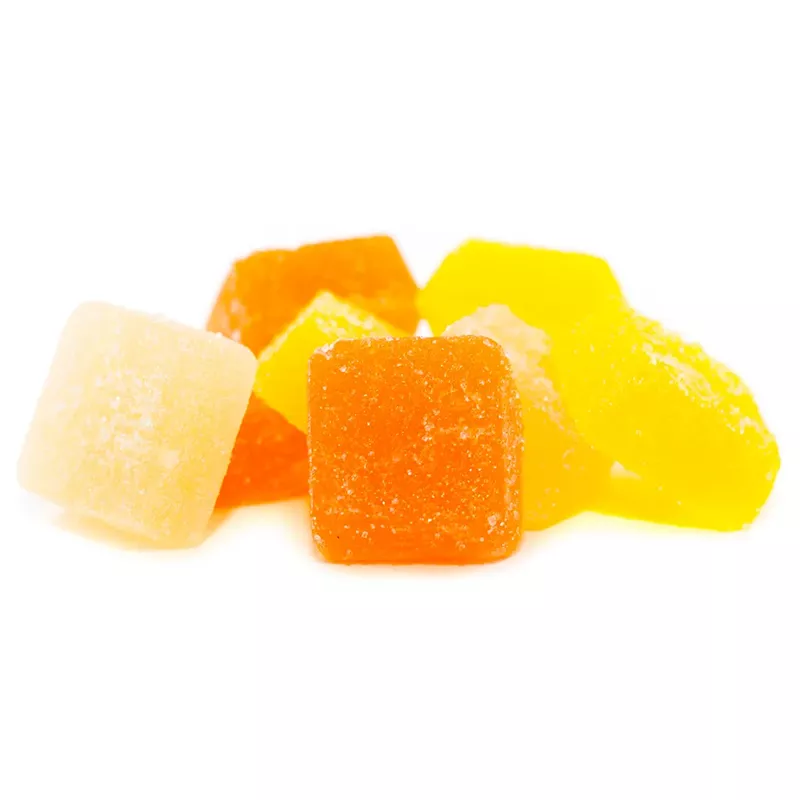
What Are CBD Edibles?
CBD edibles are food products infused with cannabidiol (CBD), a non-psychoactive compound found in cannabis. CBD edibles come in many forms, including baked goods, candies, chocolates, gummies, beverages, and more. Unlike marijuana edibles, CBD edibles won't get you high since CBD is not psychoactive. However, CBD offers potential health benefits without the high that makes it appealing to many people looking for natural relief.
How Do CBD Edibles Work?
When you consume CBD edibles, the CBD is absorbed through the digestive system. From there, it enters the bloodstream and interacts with the endocannabinoid system (ECS), a regulatory network that helps bring the body into homeostasis. Research suggests CBD may help regulate mood, sleep, appetite, pain and more through its actions on the ECS.
Benefits of CBD Edibles
There are several reasons why people use CBD edibles instead of other forms of CBD:
- Longer lasting effects - While vaped or sublingual CBD may provide faster relief, edibles provide effects that can last 4-6 hours or longer.
- Pre-measured doses - Edibles like gummies come with a pre-measured CBD dose per serving for easy dosing.
- Taste good - Many people enjoy the flavor of CBD edibles like chocolates and candies.
- Discreet - Edibles are a discreet way to consume CBD in public.
- No lung irritation - Edibles avoid any lung irritation that may come from vaping CBD.
Types of CBD Edibles
There is an enormous variety of CBD edibles available on the market. Some of the most popular types include:
- Gummies - CBD gummies are one of the most popular edible options. They are easy to dose, portable, and come in many flavors.
- Chocolates - CBD chocolates can make it easy to add CBD to your dessert or snack routine.
- Baked goods - You can find CBD-infused cookies, brownies, and other baked treats.
- Beverages - CBD drinks like tea, coffee, seltzer, and juice can help you hydrate with CBD.
- Capsules - CBD capsules provide pre-measured doses of powdered CBD that is easy to swallow.
- Oils - CBD oils can be taken straight or mixed into foods and beverages.
How to Take CBD Edibles
If you're new to CBD edibles, follow these tips for the best experience:
- Start low - Take a small dose of 5-10mg to see how CBD affects you when ingested.
- Be patient - It can take 1-2 hours to feel the full effects due to digestion time.
- Increase gradually - Increase your dose by 5mg increments until you find the right amount.
- Read the label - Check the label for dosage, ingredients, and warnings.
- Store properly - Keep edibles in a cool, dry place away from light and heat.
Potential Side Effects
CBD edibles are generally well-tolerated, but some potential side effects can occur:
- Dry mouth
- Drowsiness
- Diarrhea
- Changes in appetite
- Dizziness
These side effects are unusual and mild. CBD is non-intoxicating, so it will not make you high. If you experience any negative reactions, lower your dose or discontinue use.
Is It Legal to Buy CBD Edibles?
The legality of CBD edibles varies based on where you live. In the United States, CBD derived from hemp containing less than 0.3% THC is legal on the federal level. However, some states have stricter restrictions in place. It's important to check your state's laws before purchasing any CBD products.
Where to Buy Quality CBD Edibles
You can find CBD edibles in marijuana dispensaries, health stores, pharmacies, and online retailers. When shopping, look for edibles made from U.S.-grown hemp and tested by an independent lab. Reputable brands will provide third-party lab reports verifying the CBD content and purity of their products.
Final Thoughts
For many people, CBD edibles are an enjoyable and convenient way to take CBD. By starting with a low dose and gradually increasing over time, you can determine the optimal amount of CBD edibles that meets your wellness needs. Be sure to consult a doctor before adding CBD or any supplement to your health routine.
We have an incredible wealth of information in the tabs above, listed in point form Q & A to help answer any questions you could possibly have in regards to this category of cannabis products. If you would like to read even more information, please check out the Fog Blog where we make entire articles about the most important aspects of how to benefit from cannabis products safely and effectively, as well as ideas for how to get the most from your experience in our store, and with respect to your use of THC & CBD products. We have also created a beginners guide to help you along your journey to wellness and listed it below for your convenience:Getting started with CBD (cannabidiol) | A Beginners GuidePopular Categories
Trying a Vape Pen: Enhance Your ExperienceWritten by Olivia St James
[toc]Vape pens have exploded in popularity over the last few years as a portable and convenient way to enjoy flower, concentrates, and vape juices. These compact, pen-shaped devices produce vapor […]
THC Vape Pen - Unlock Its Full PotentialWritten by Olivia St James
THC vape pens provide a convenient and discreet way to enjoy the benefits of THC. With vaping's rising popularity, there are now more options than ever when it comes to […]
Rick Simpson Oil Vs Cbd OilWritten by Sarah Lightfoot
The Differences Between CBD Oil and Rick Simpson Oil In recent years, cannabis oils have gained a lot of attention for their potential health benefits. Two of the most popular […]
Latestfrom B+FBe the first to know about exciting new products, special events, seasonal offers, and much moreOur Collective
Wellness to your doorstepCopyright © 2024 All Rights Reserved | BIRCH + FOG[gtranslate]AssistantSave your cart?
x

